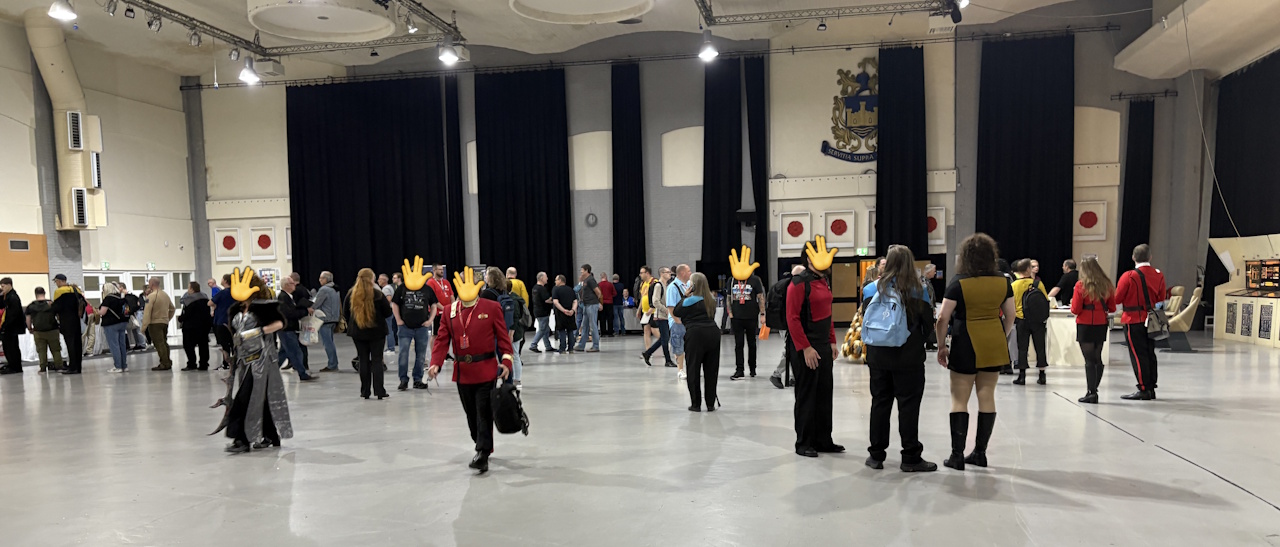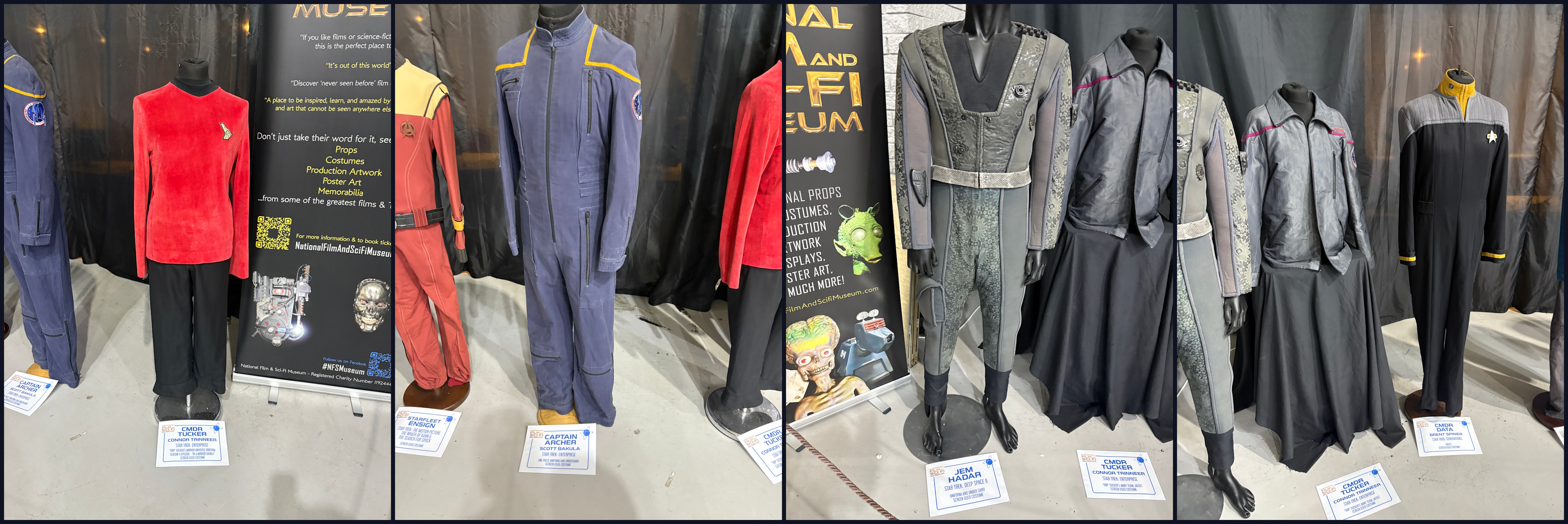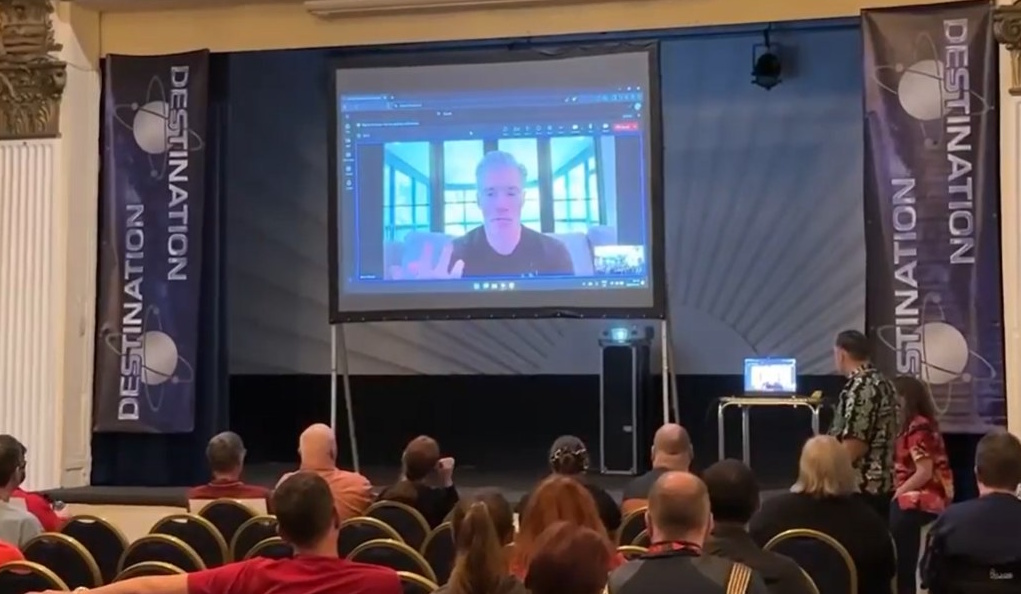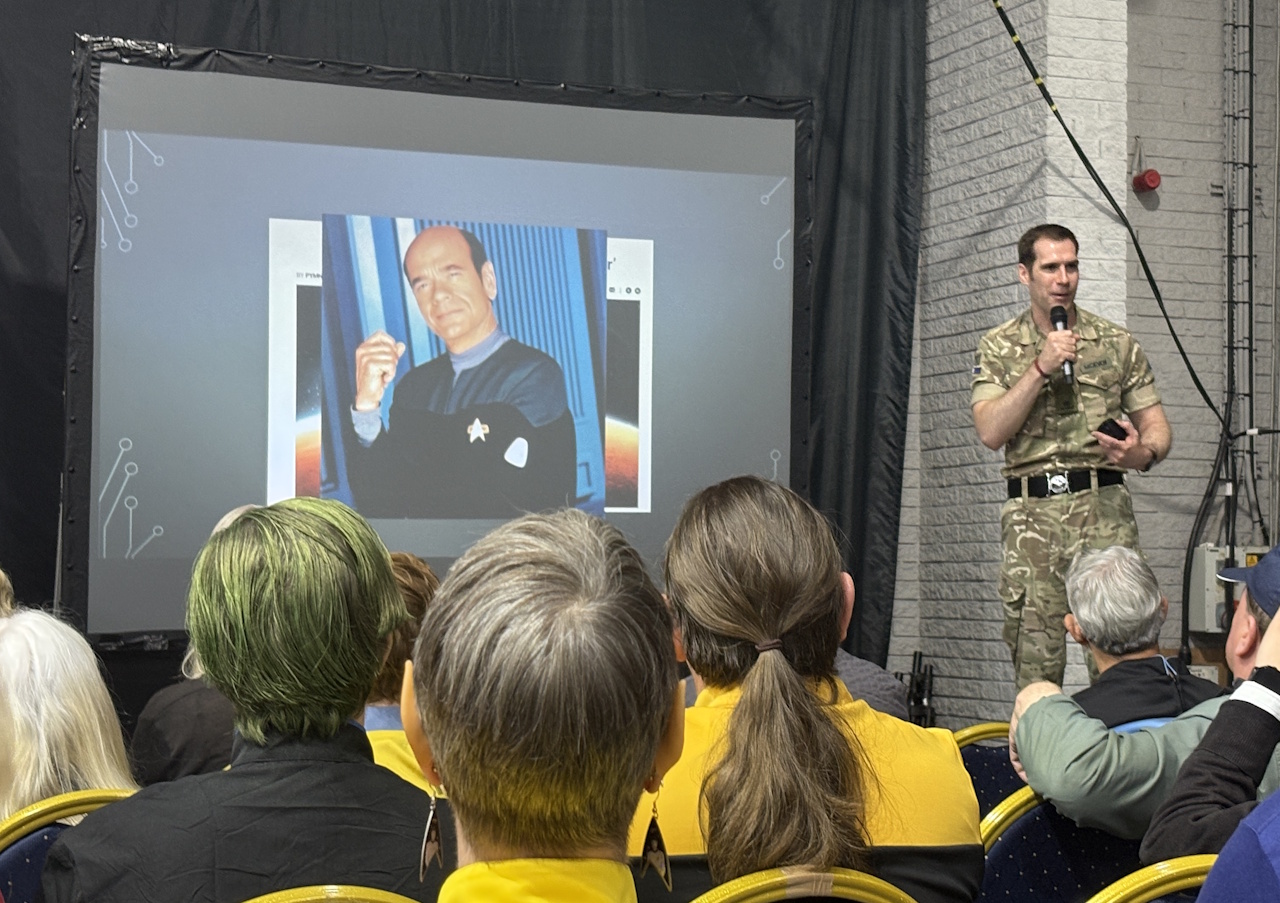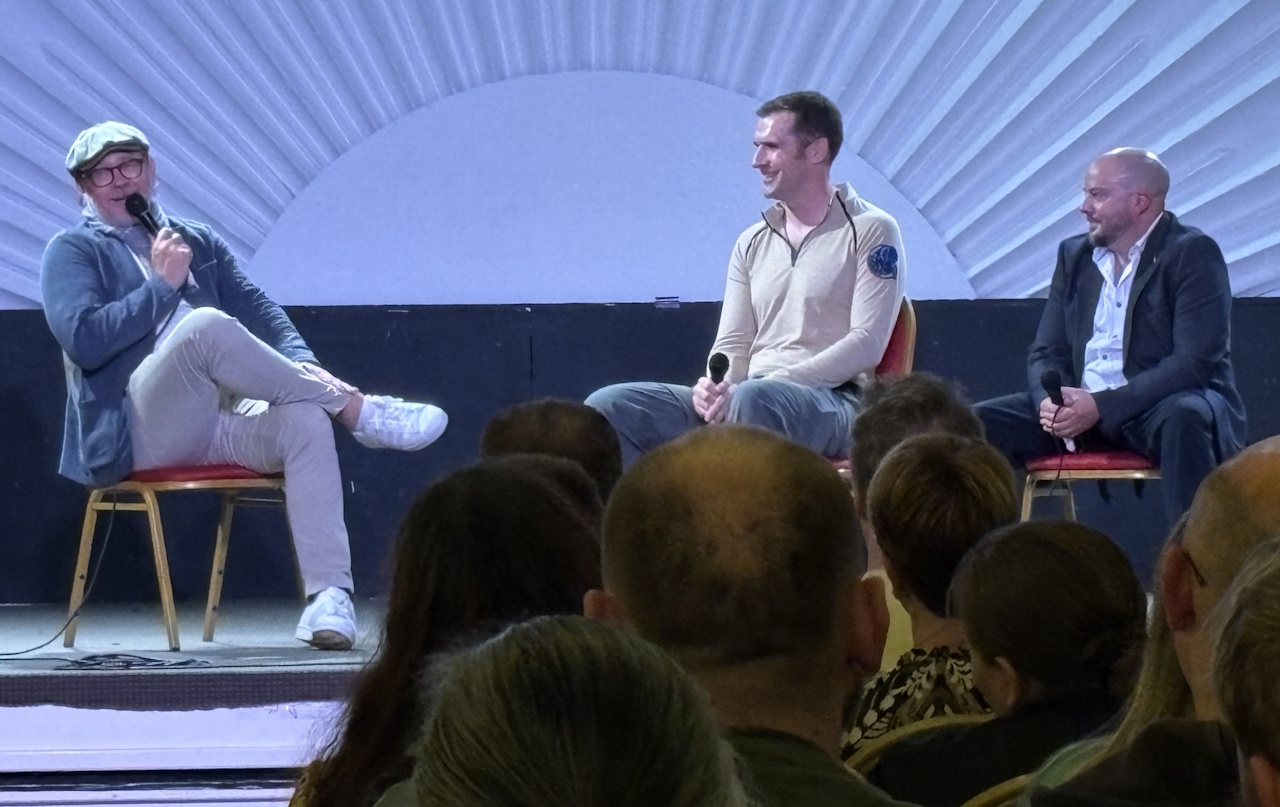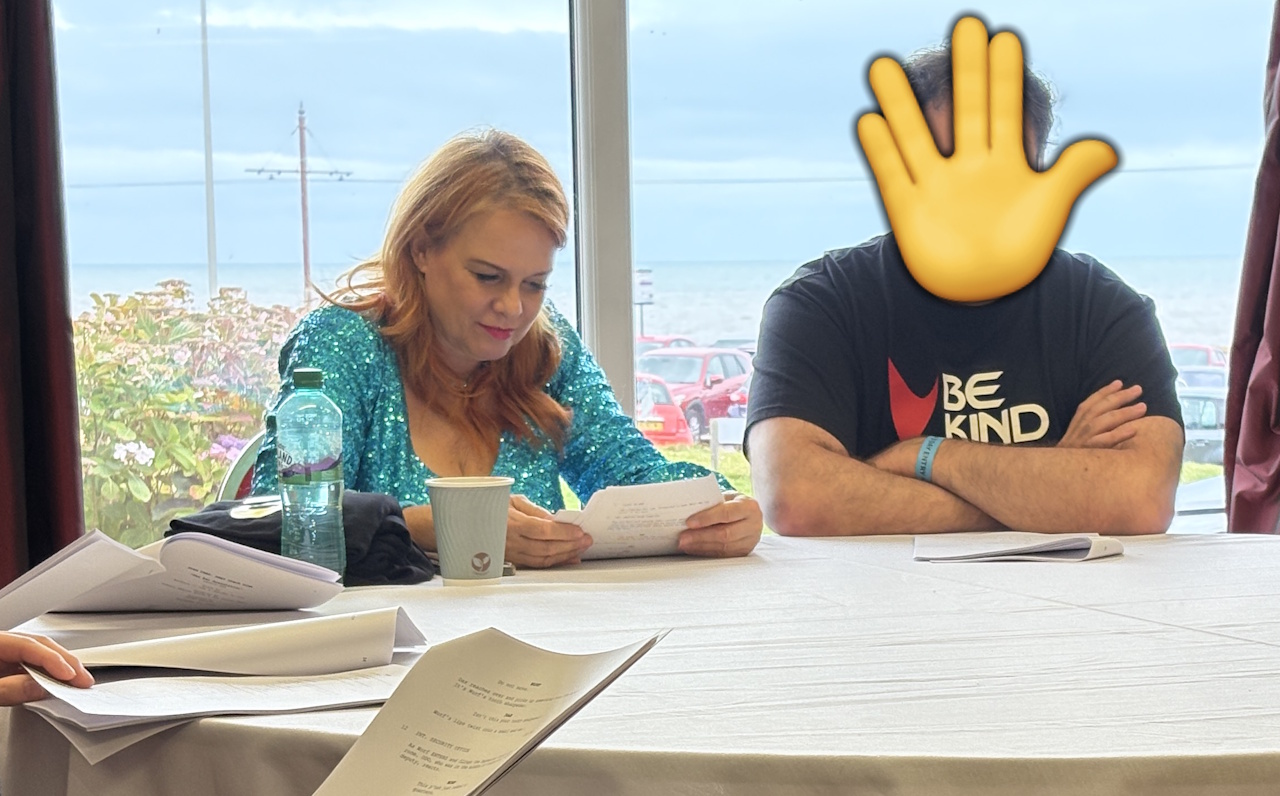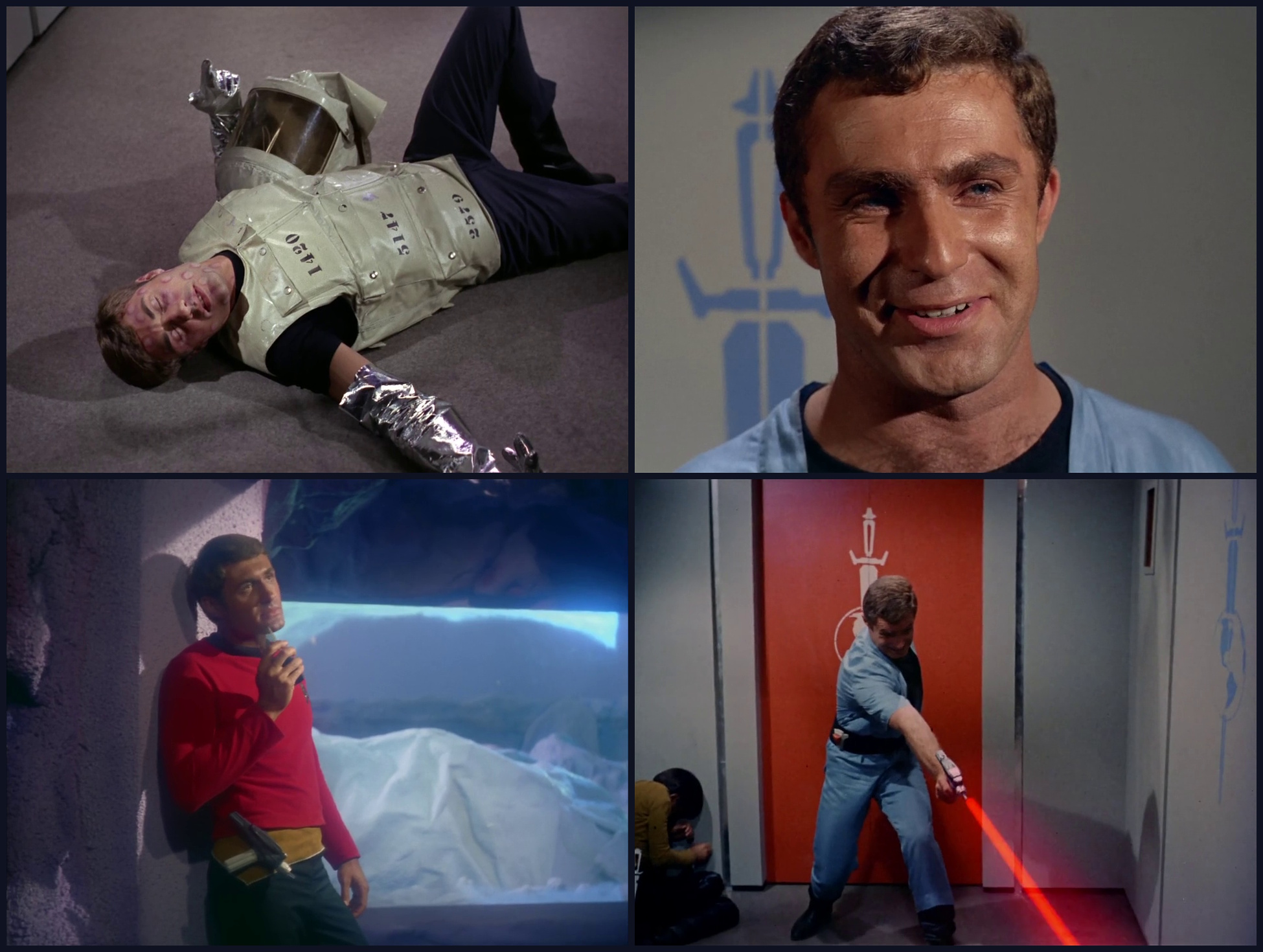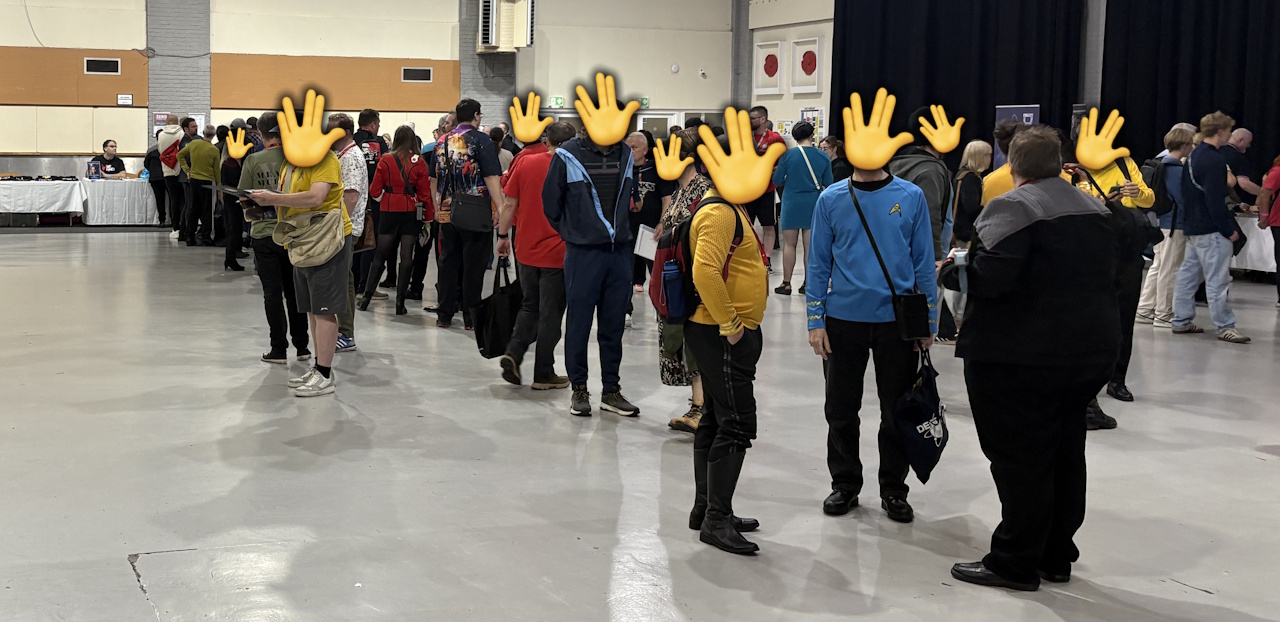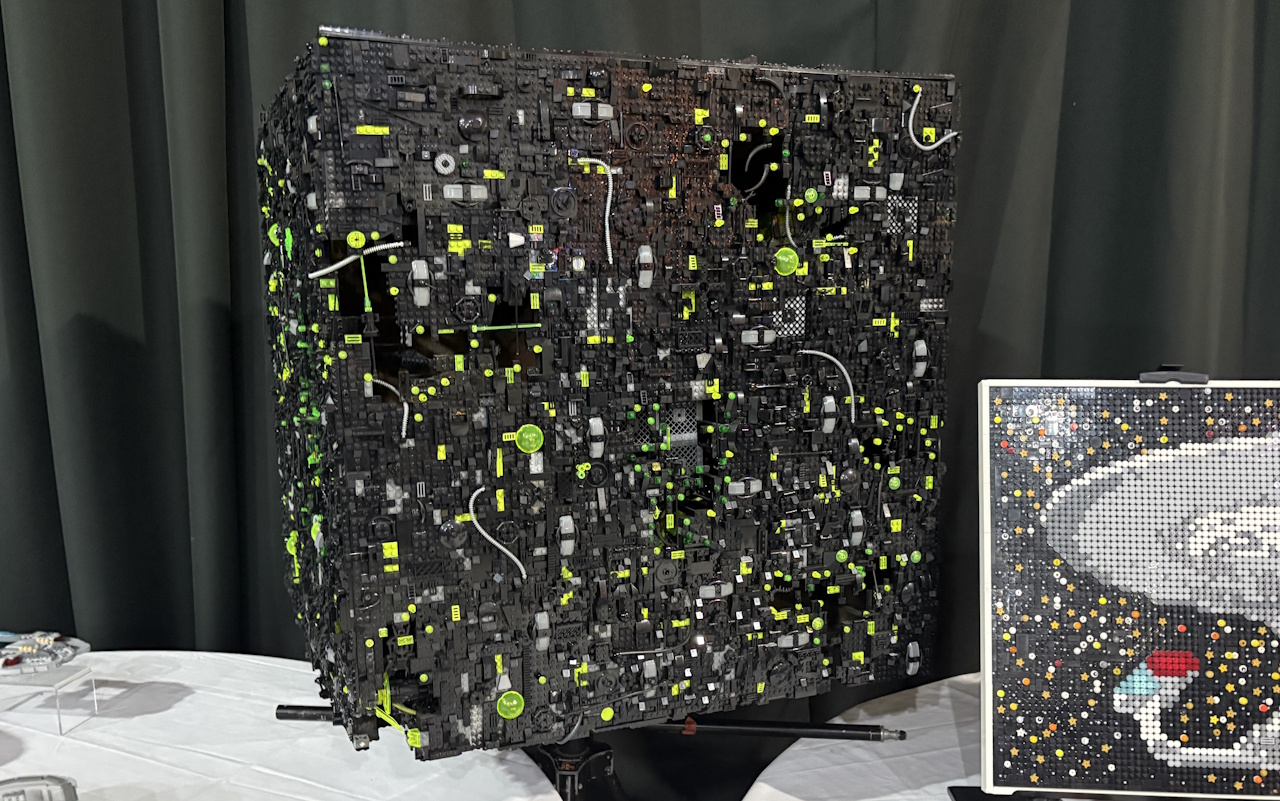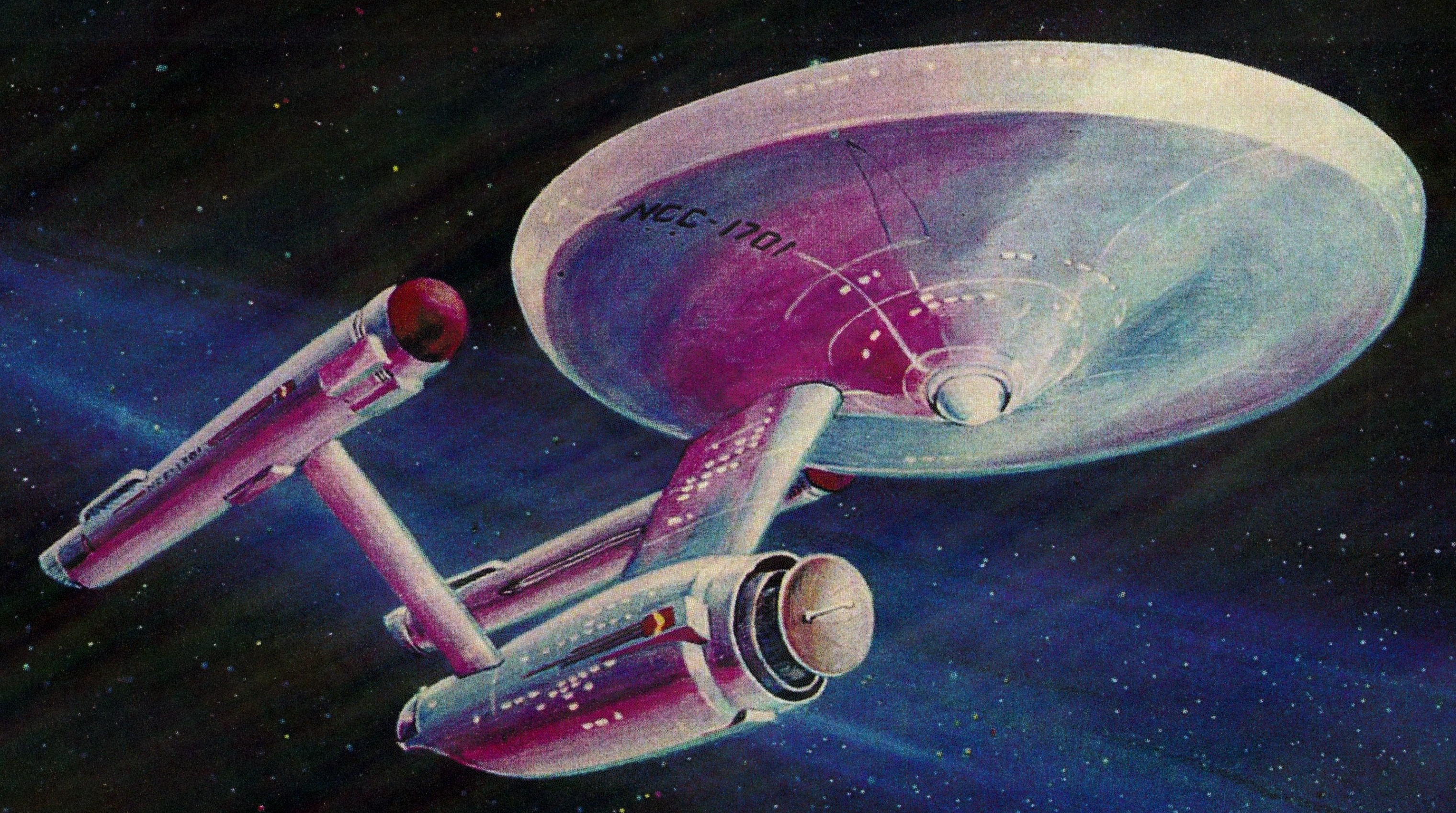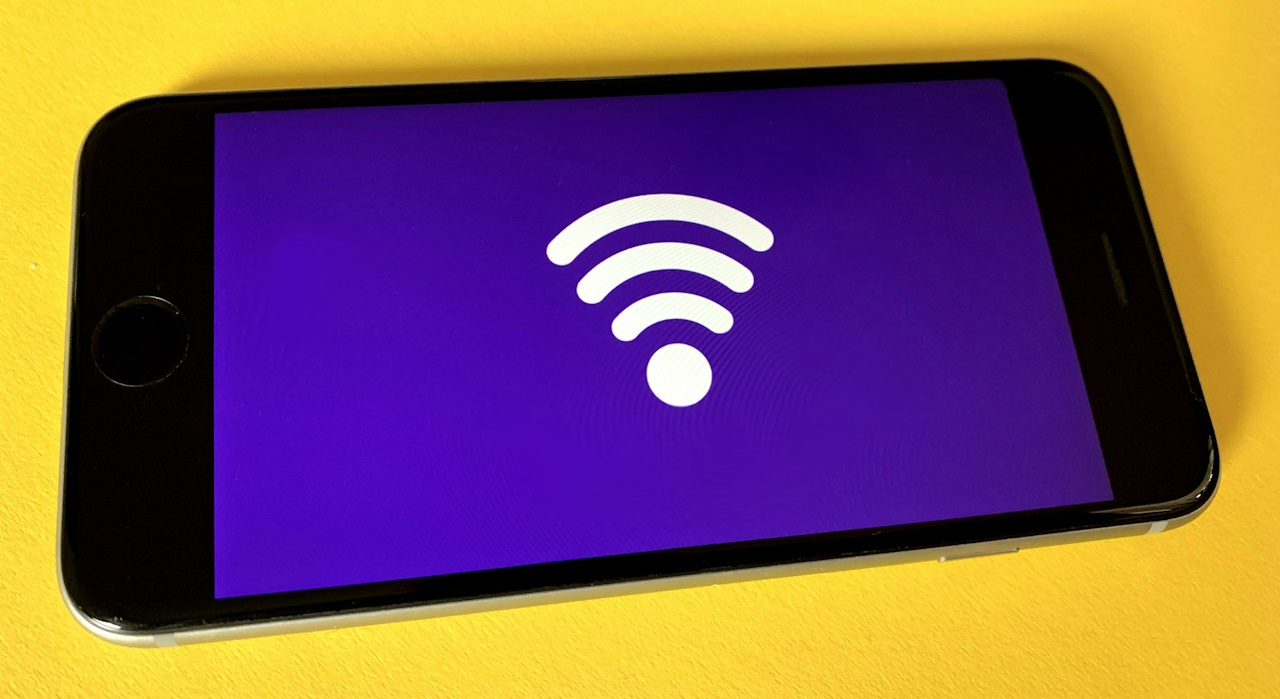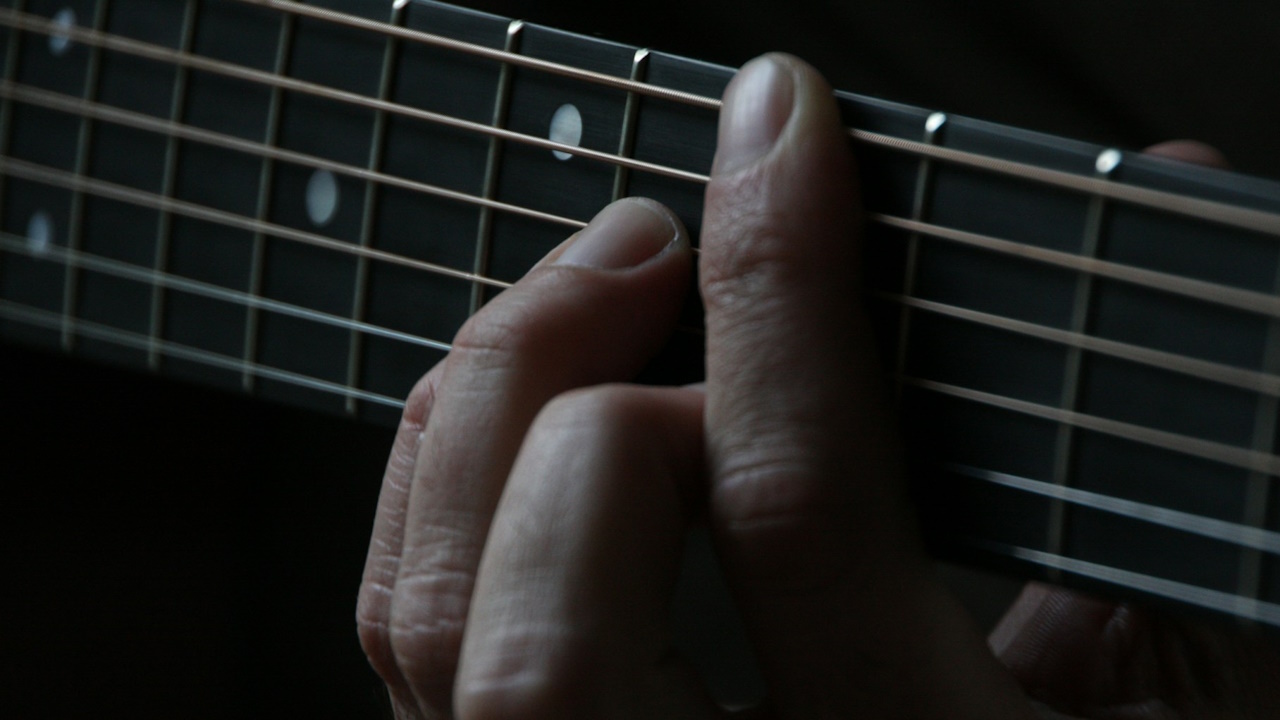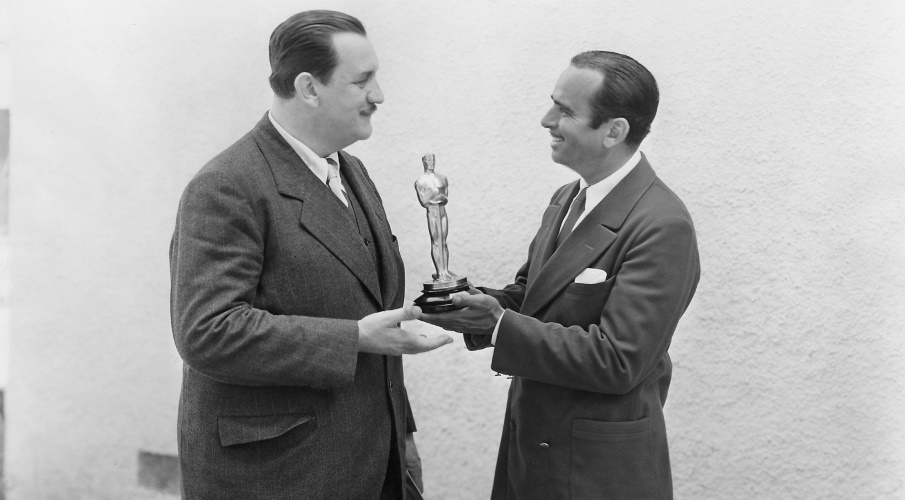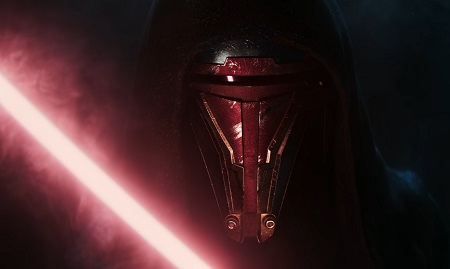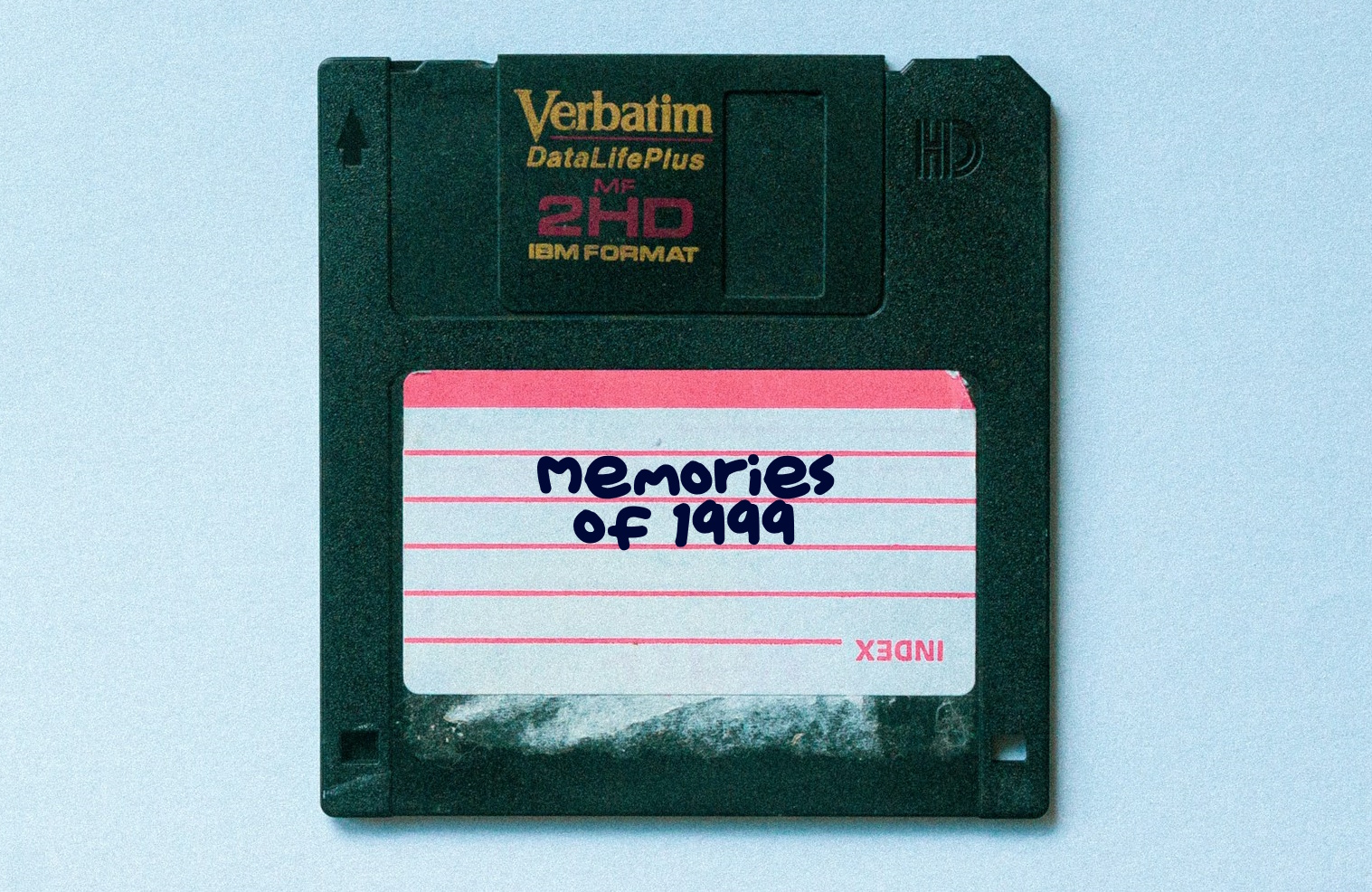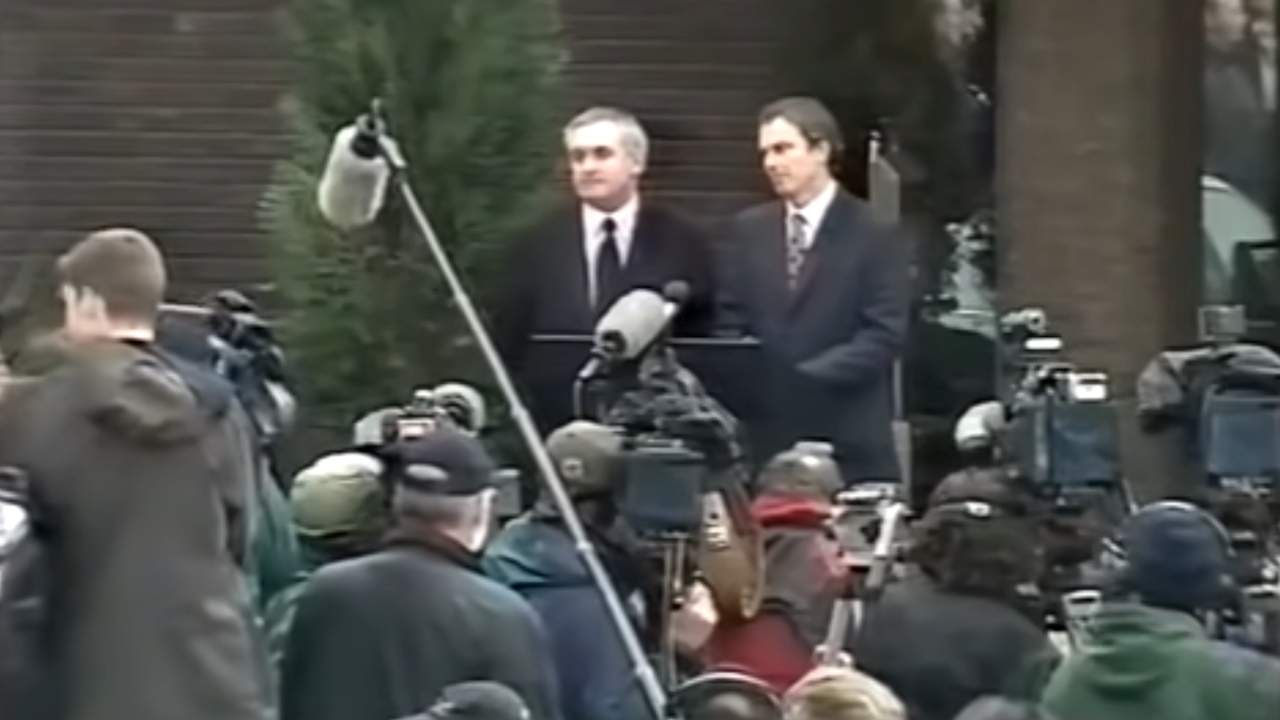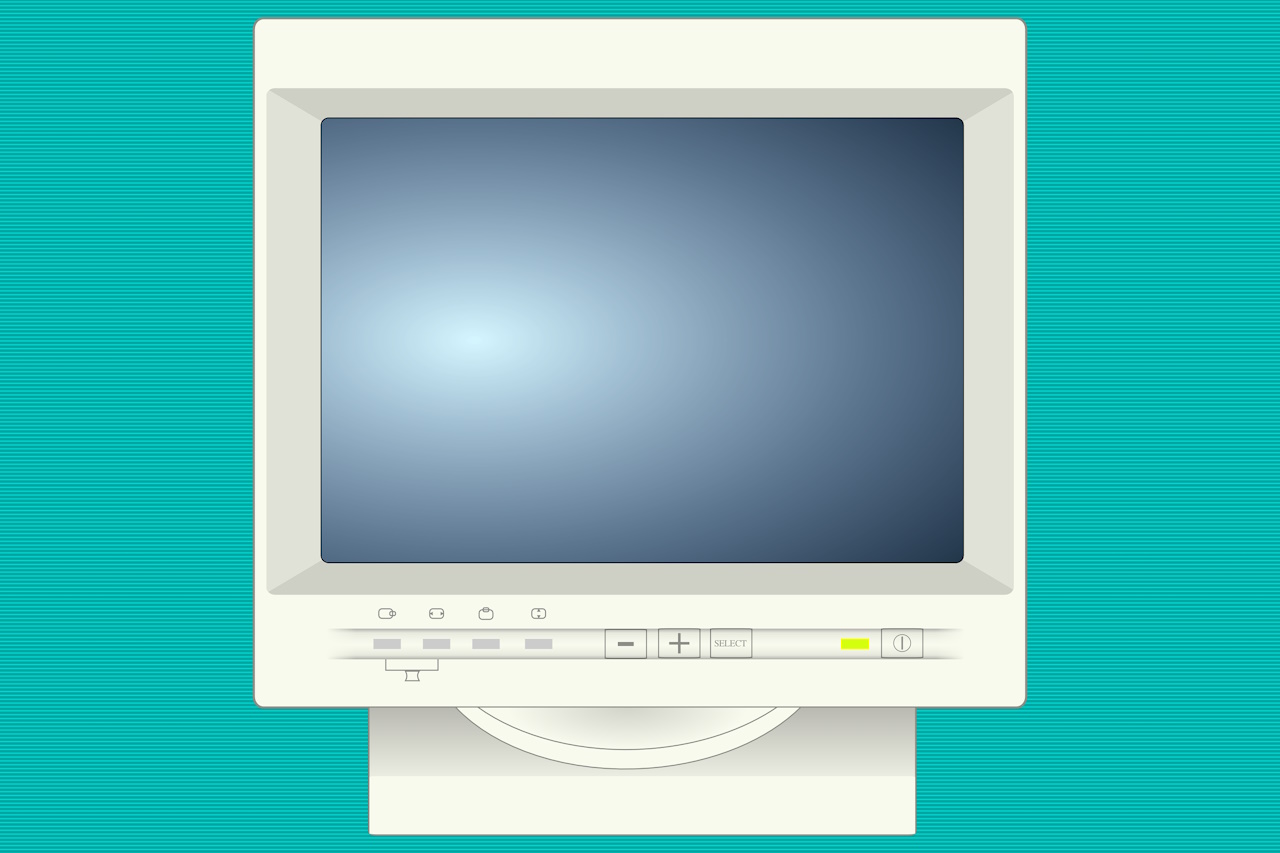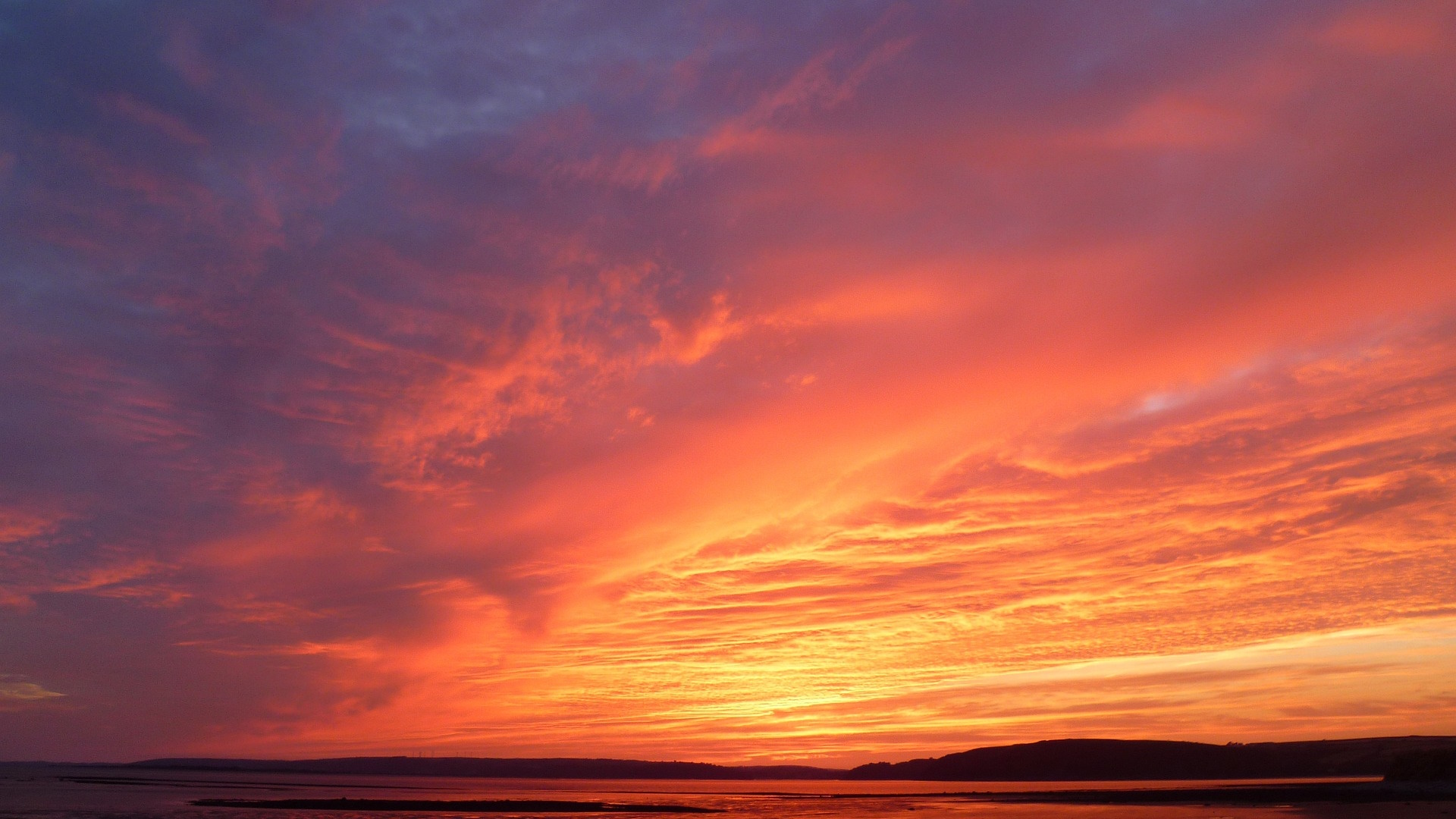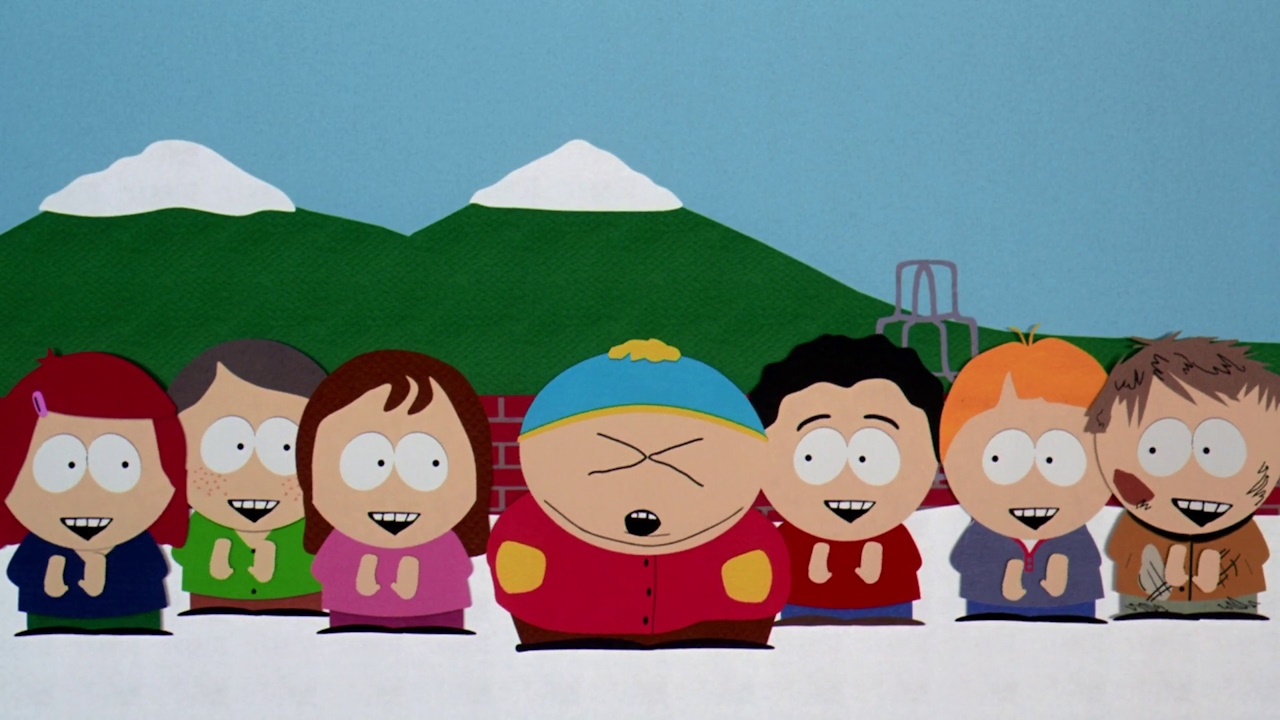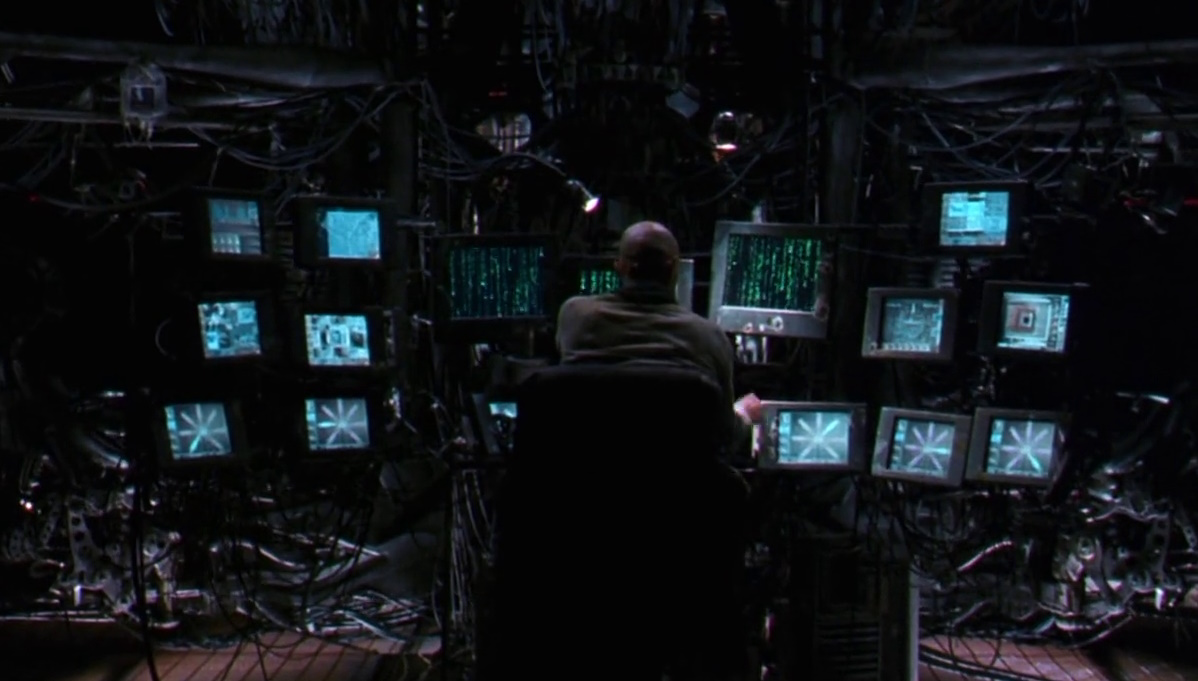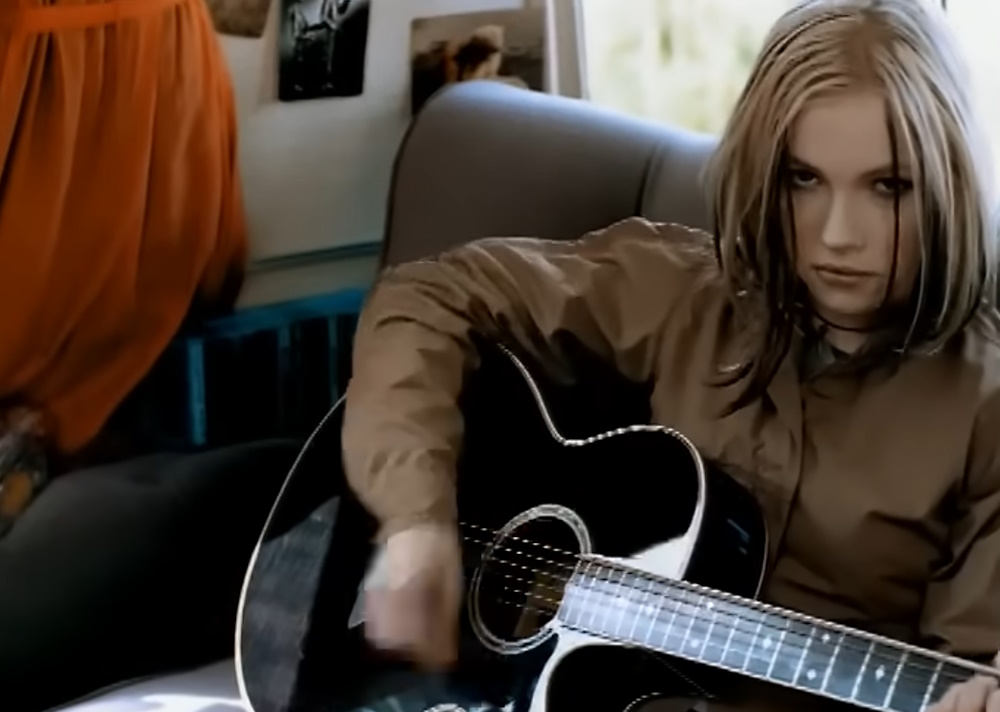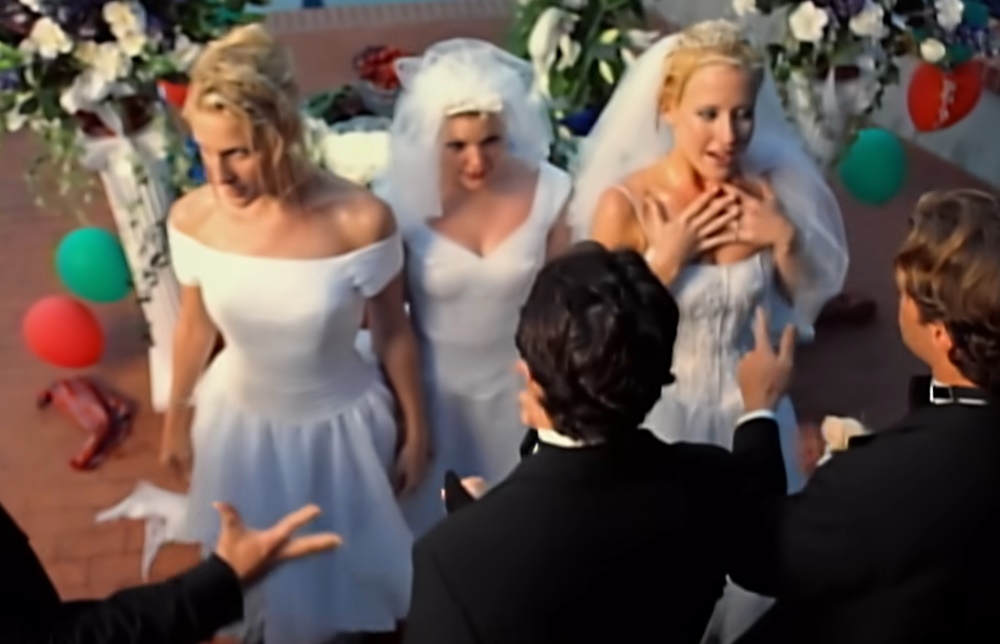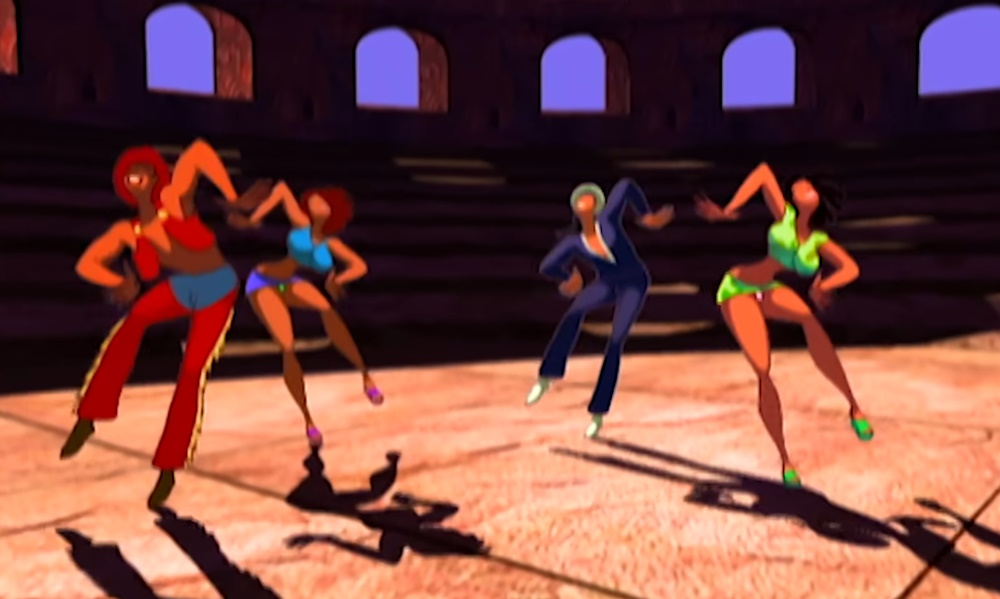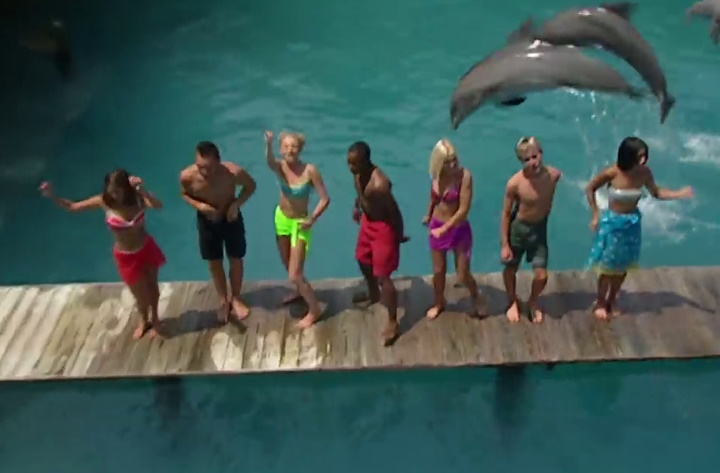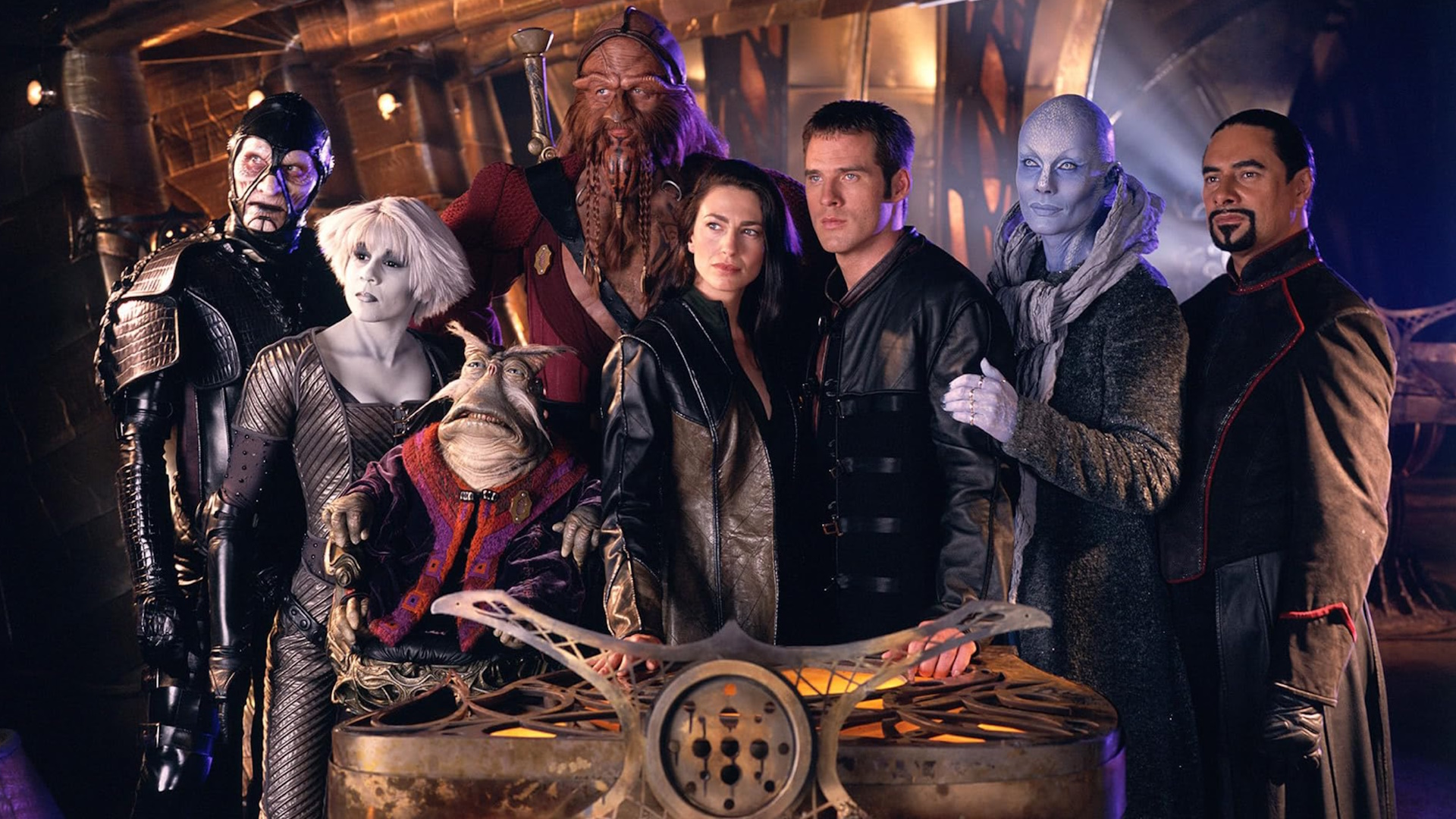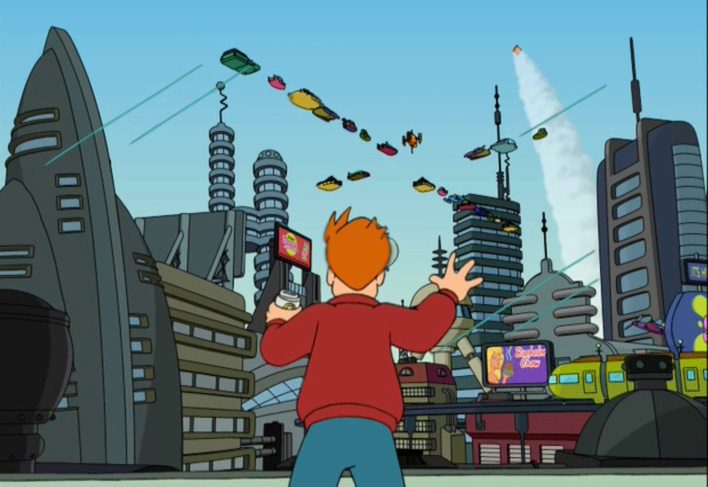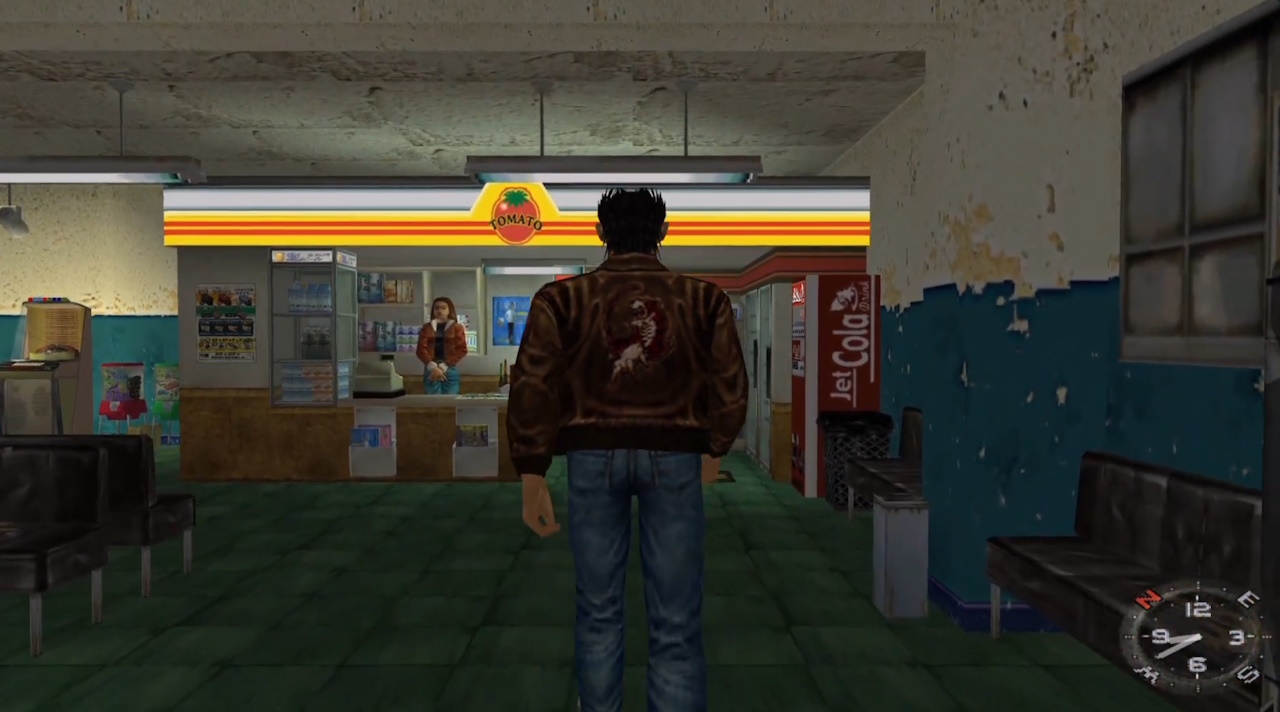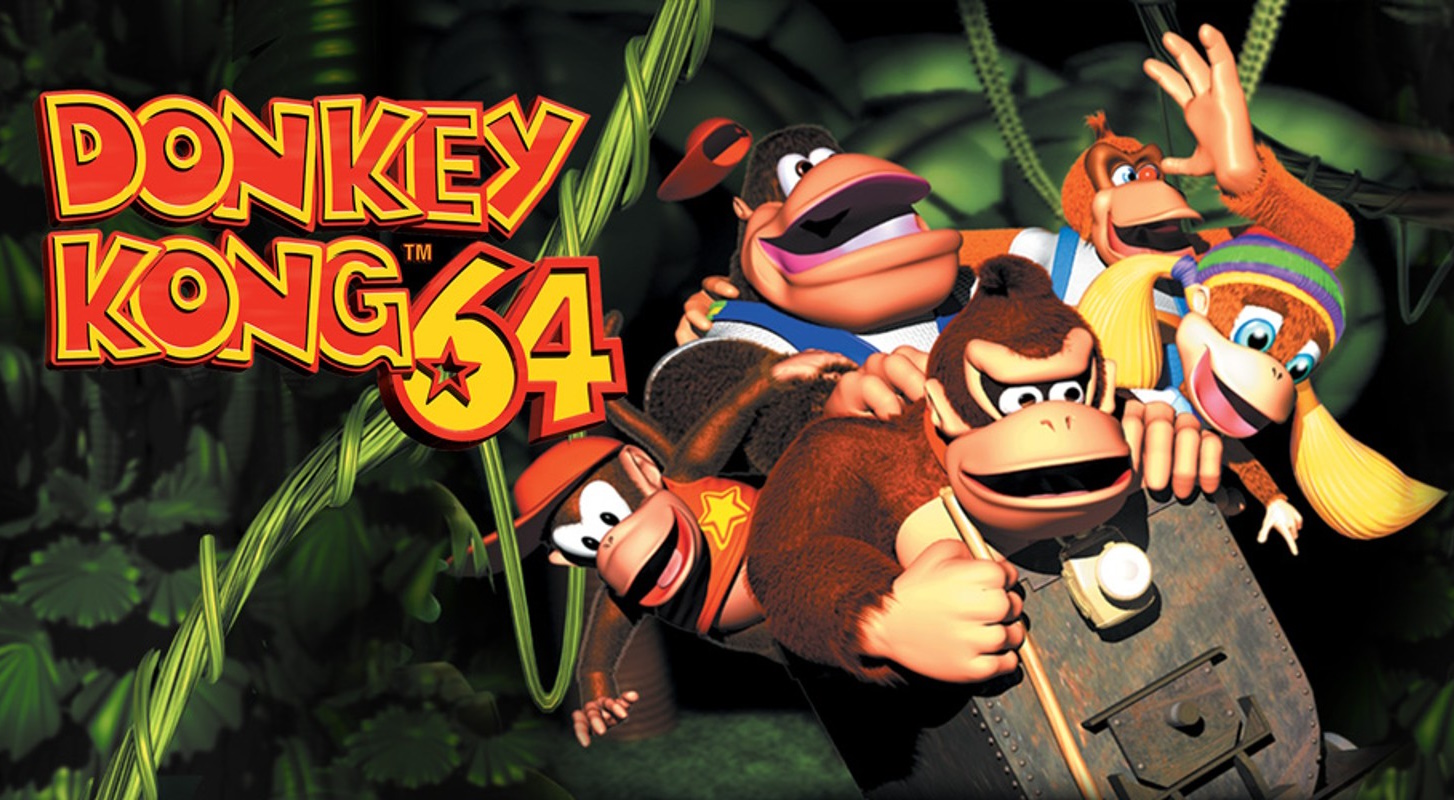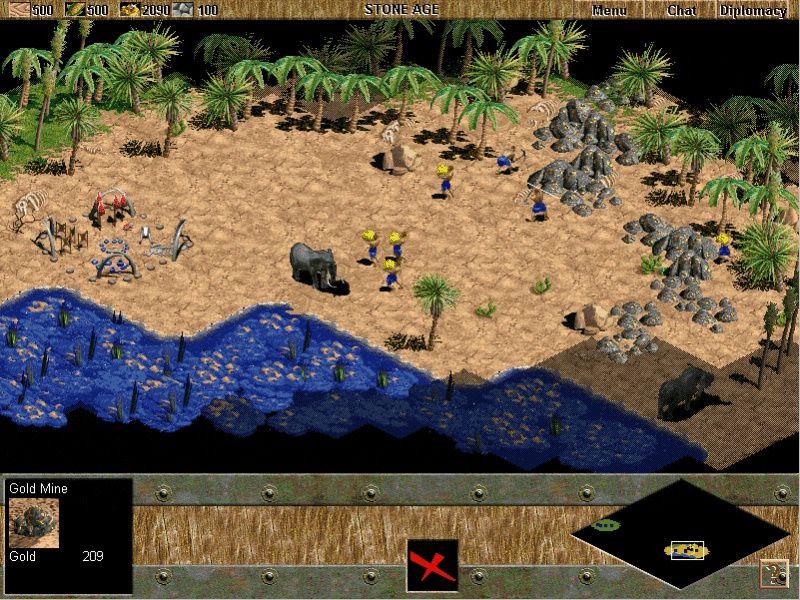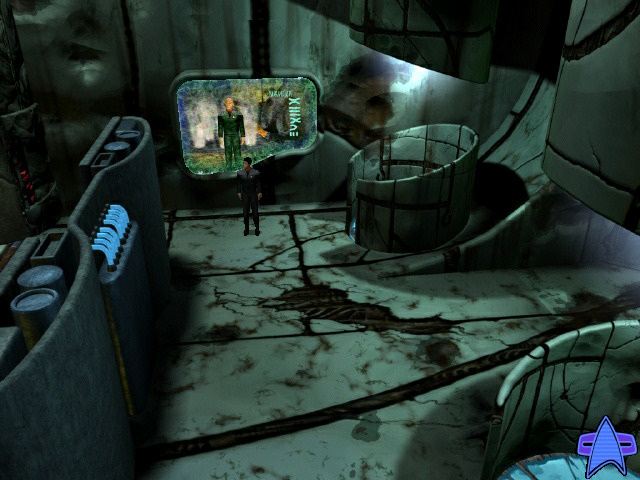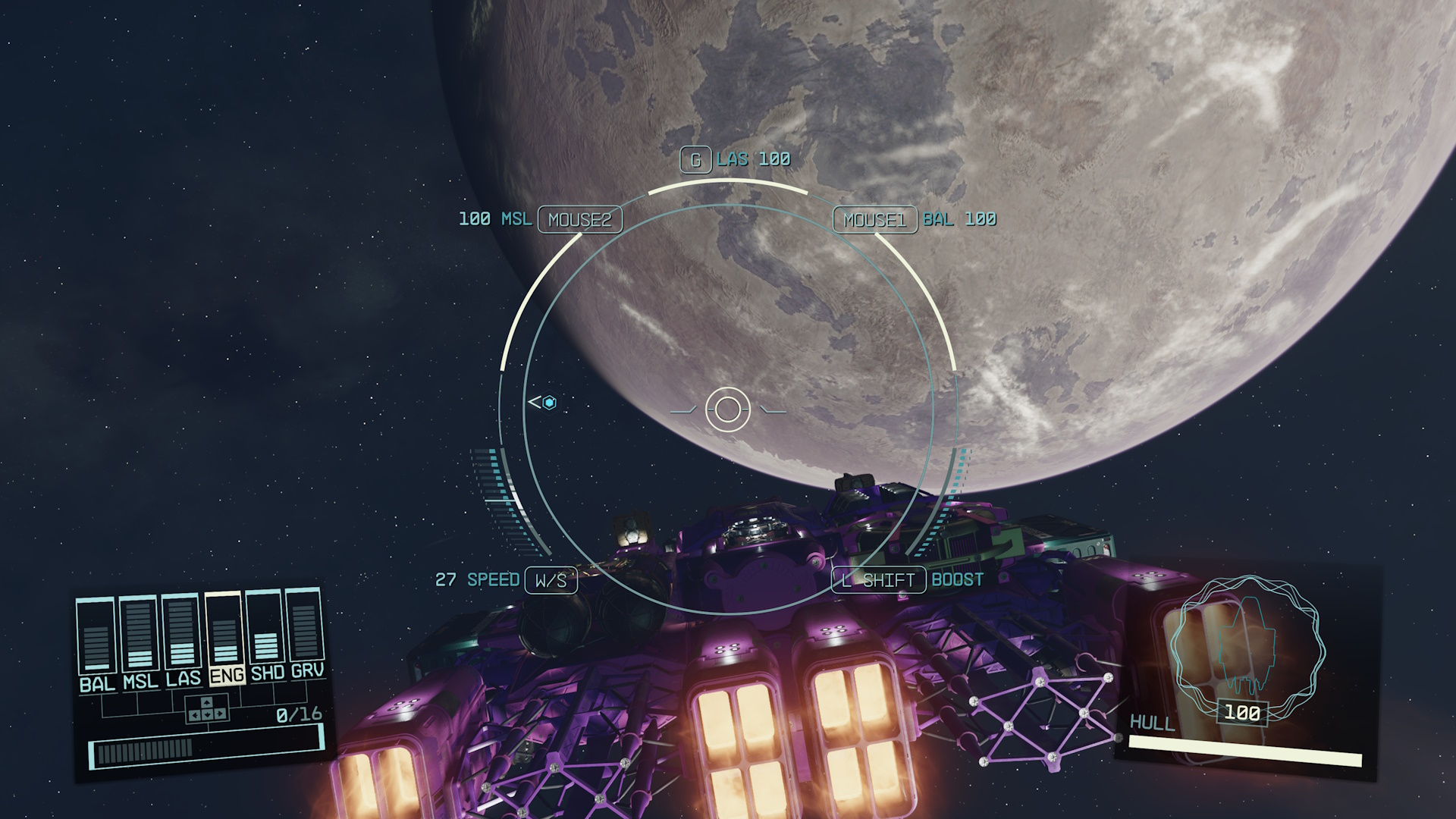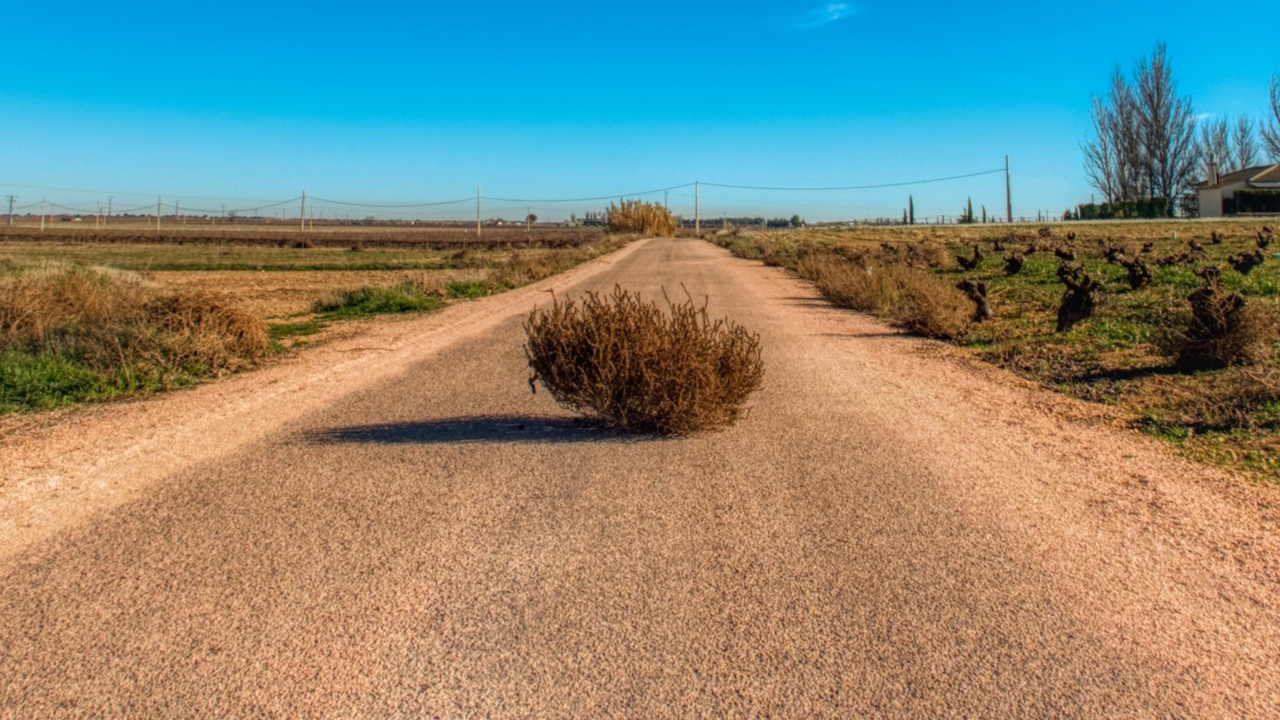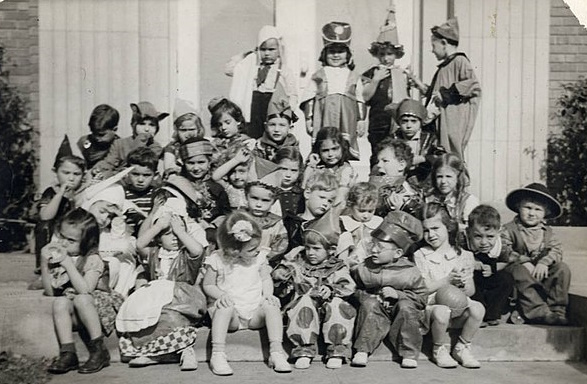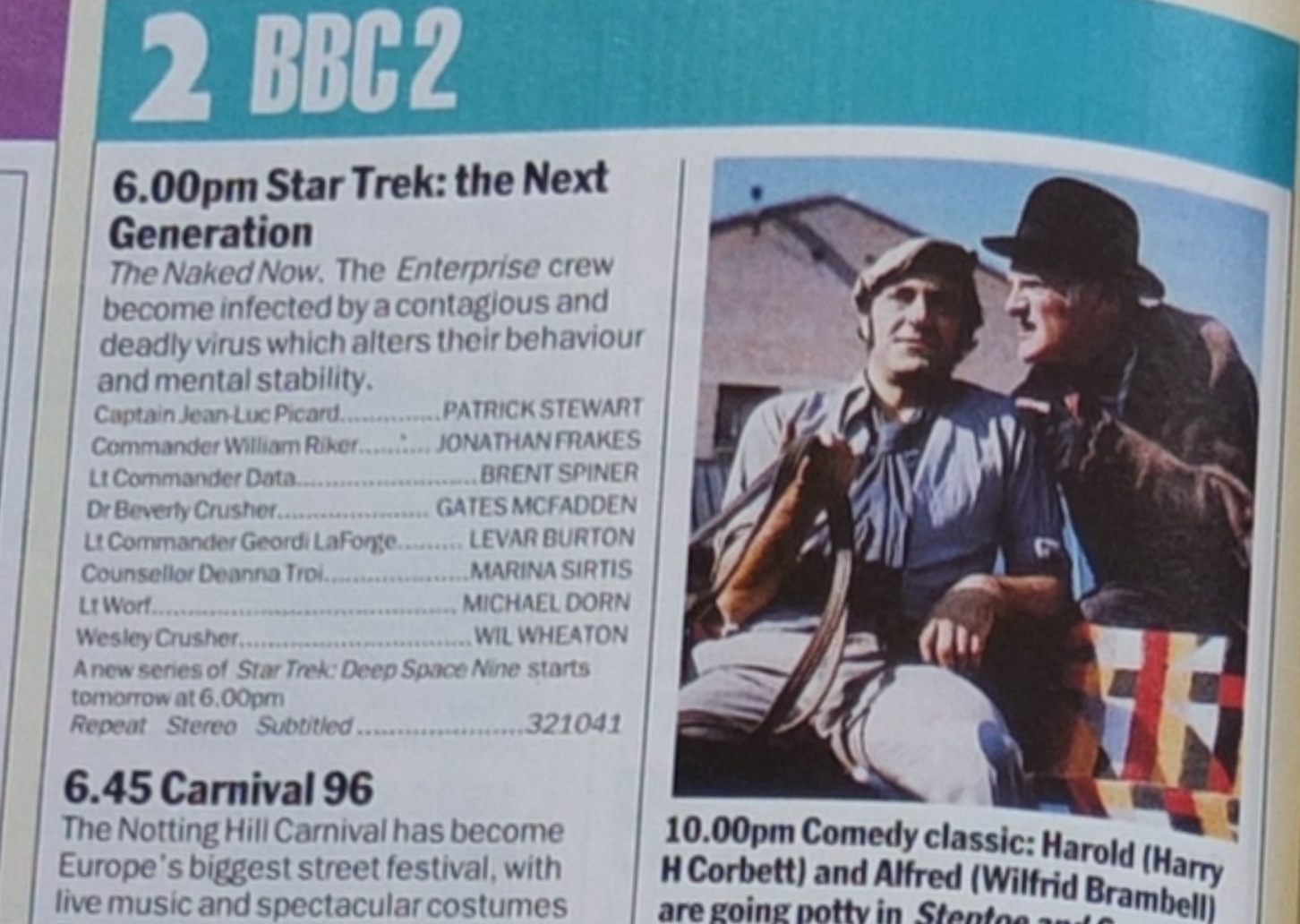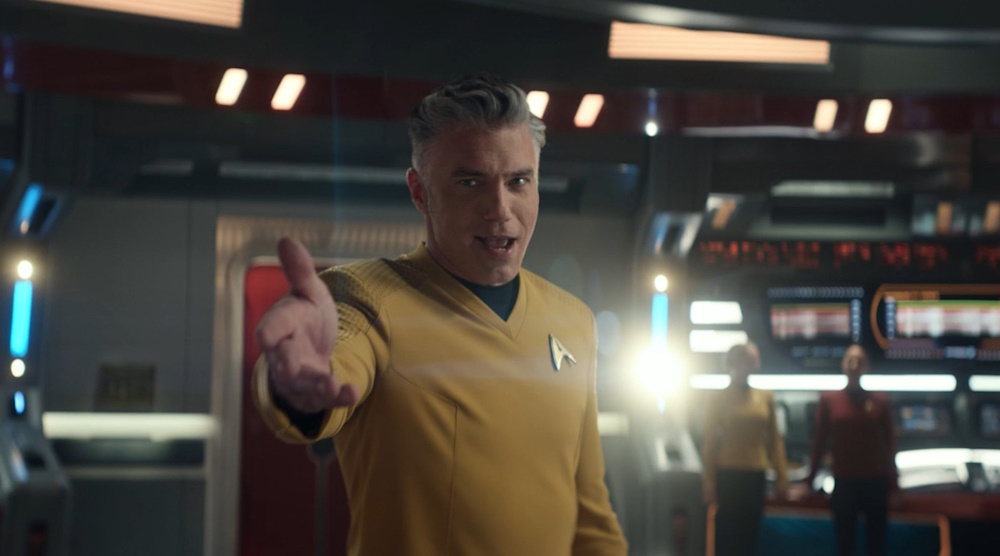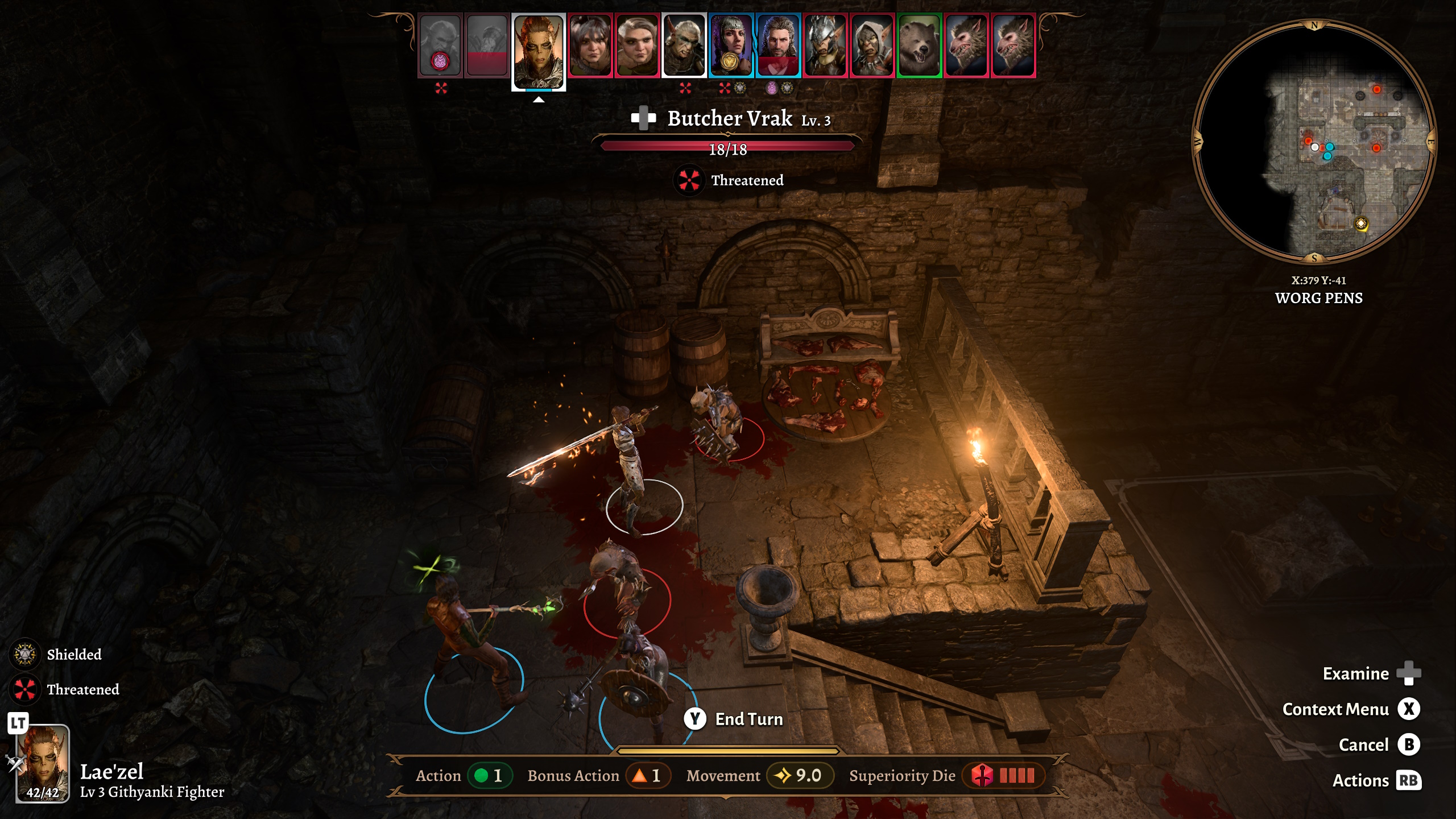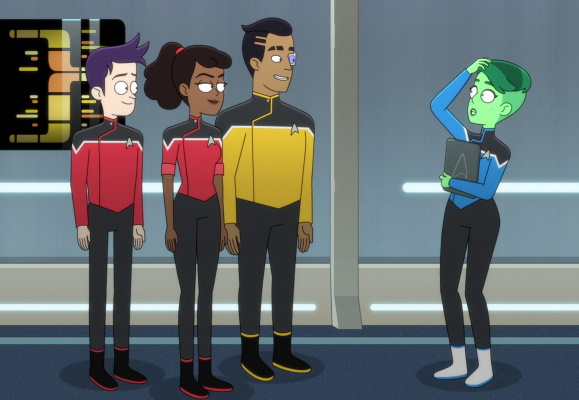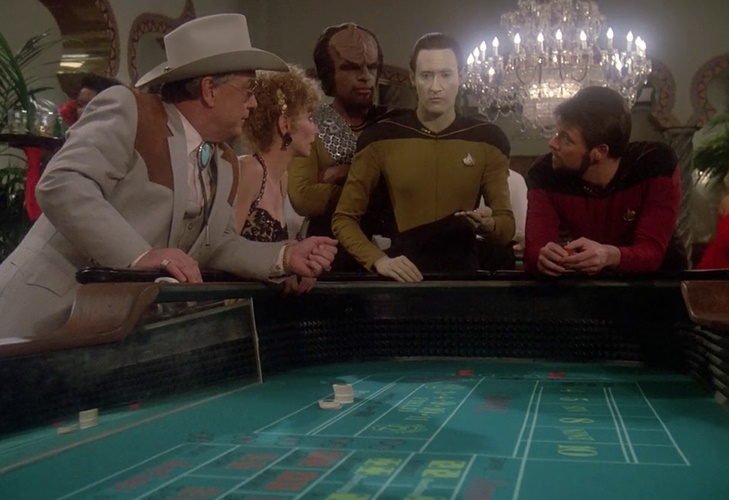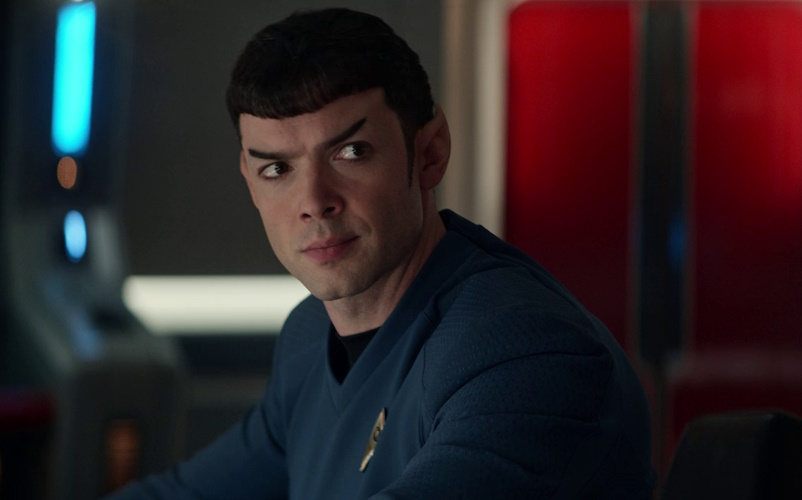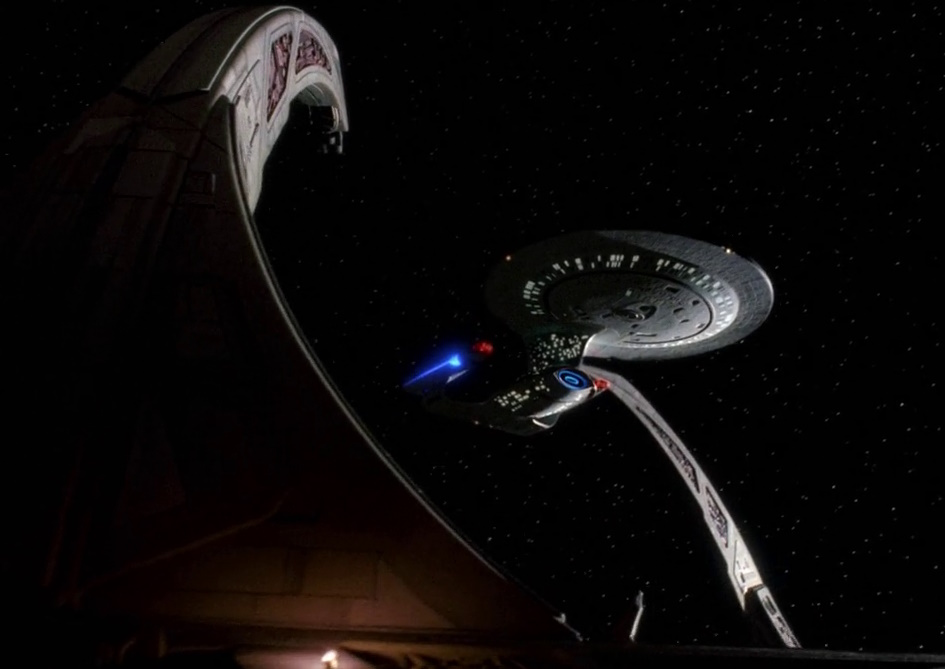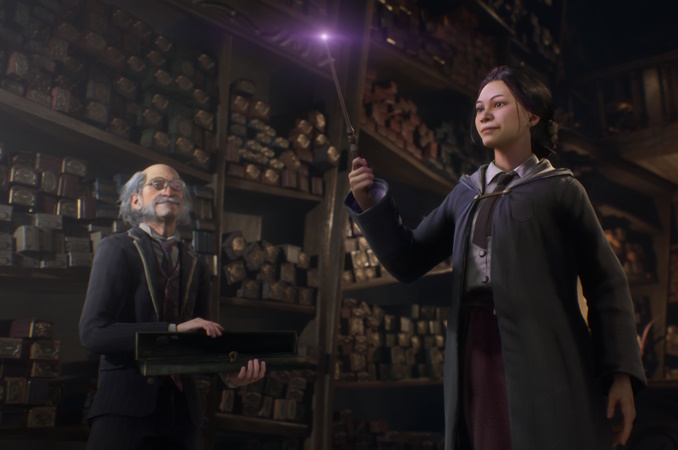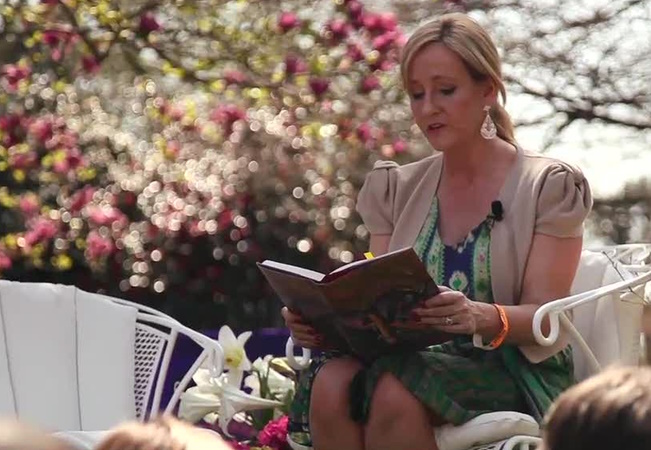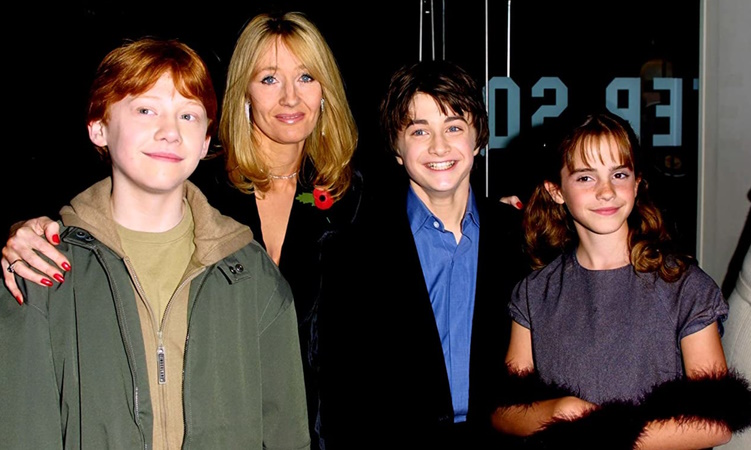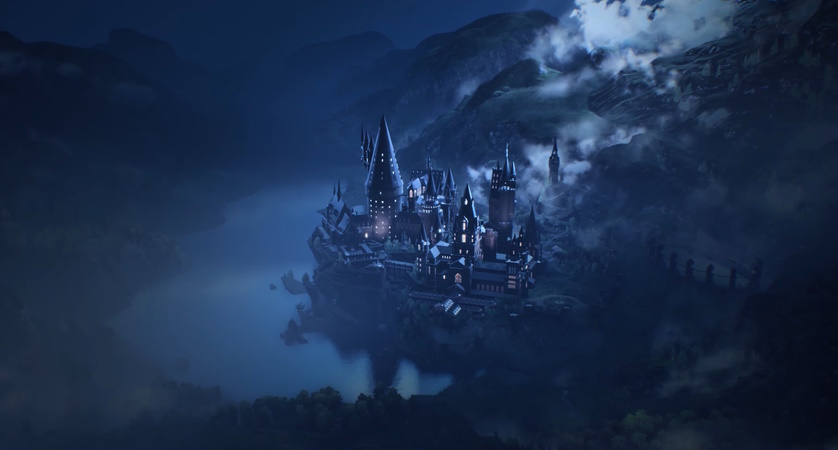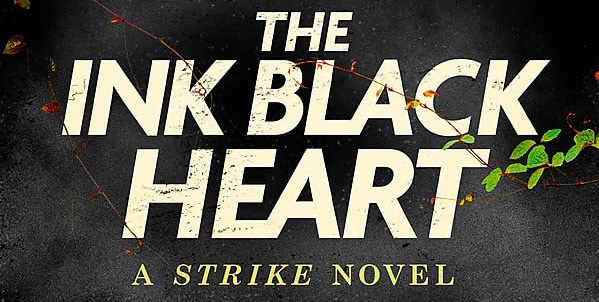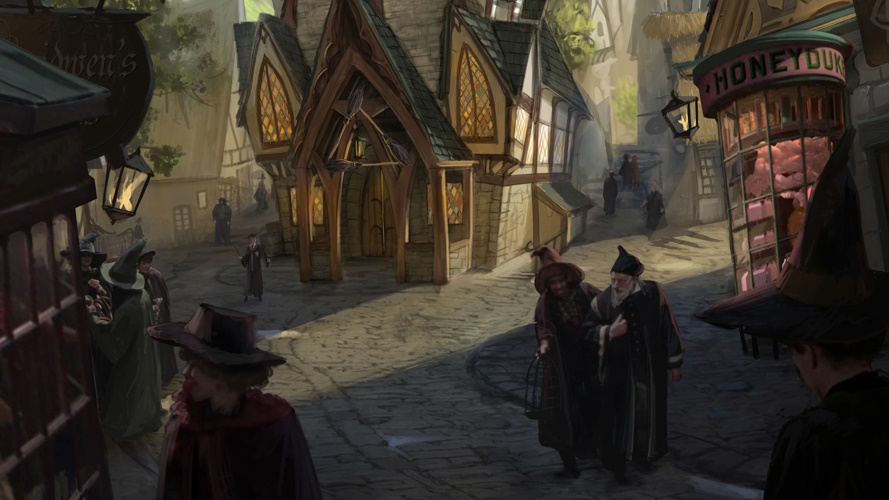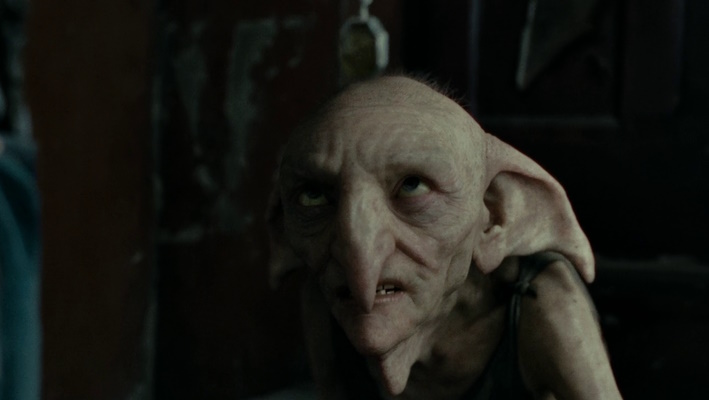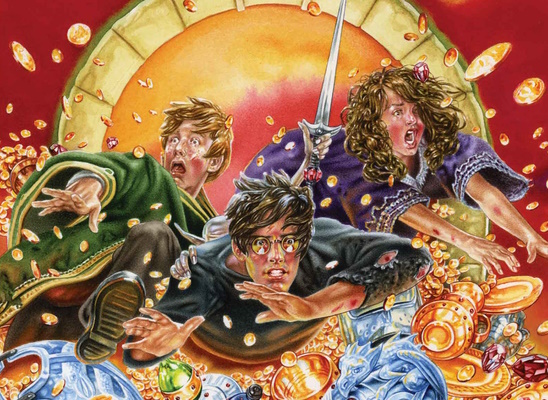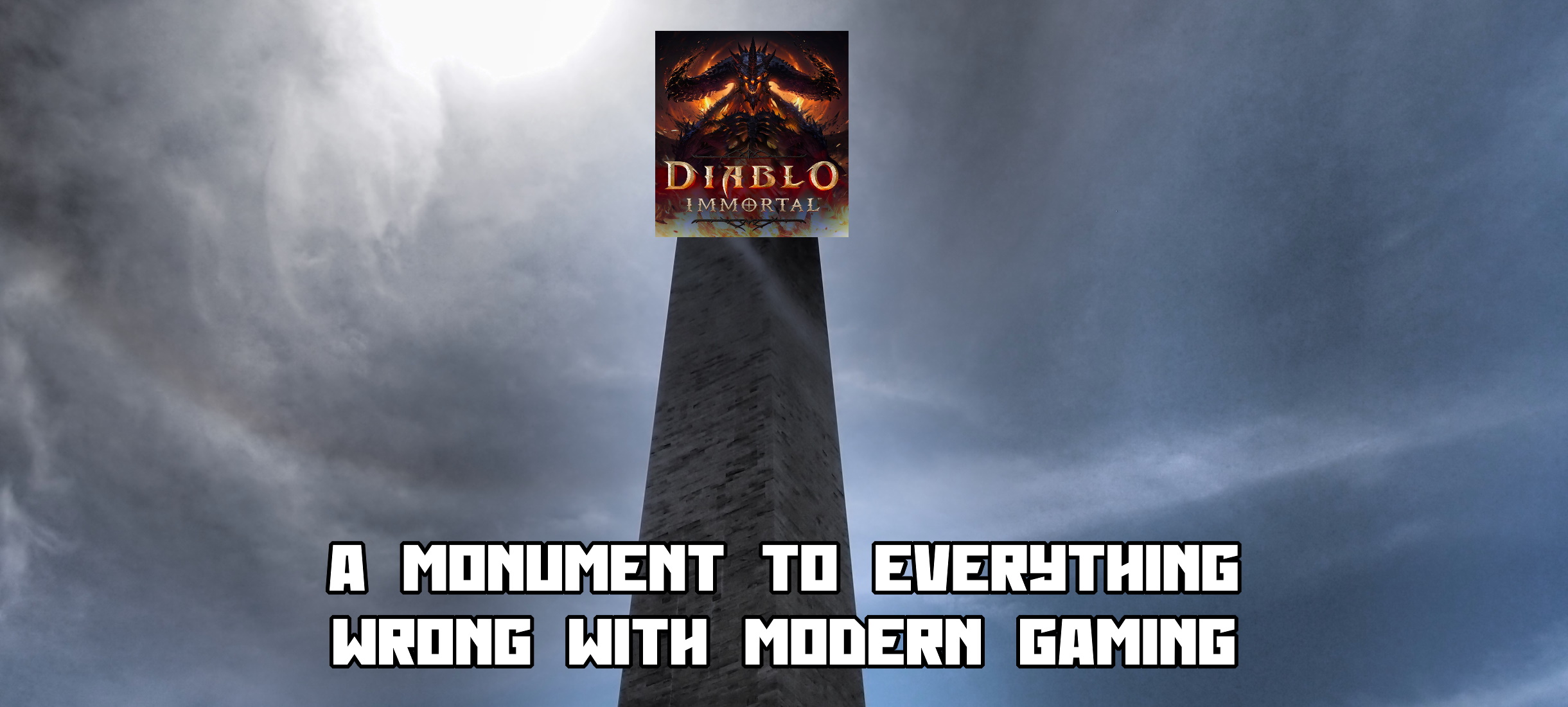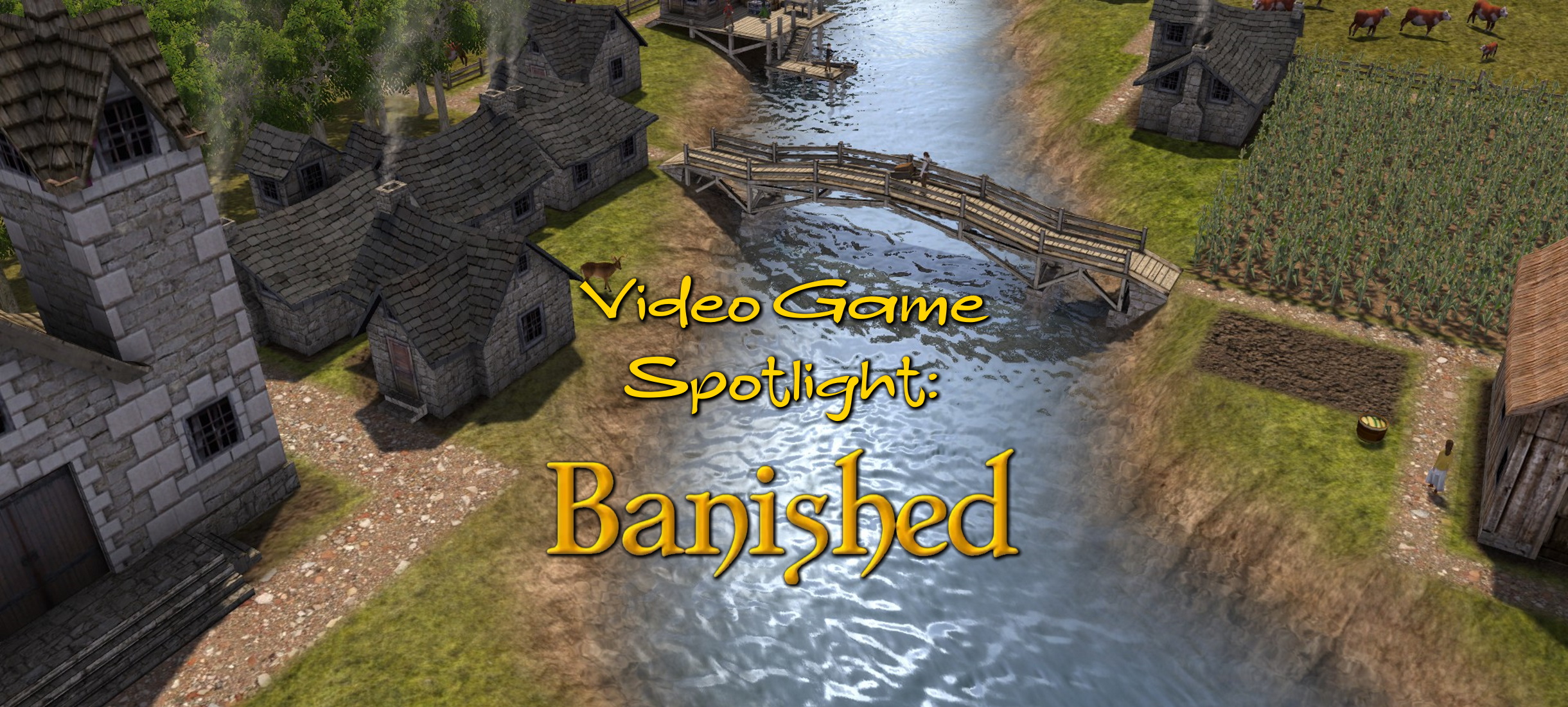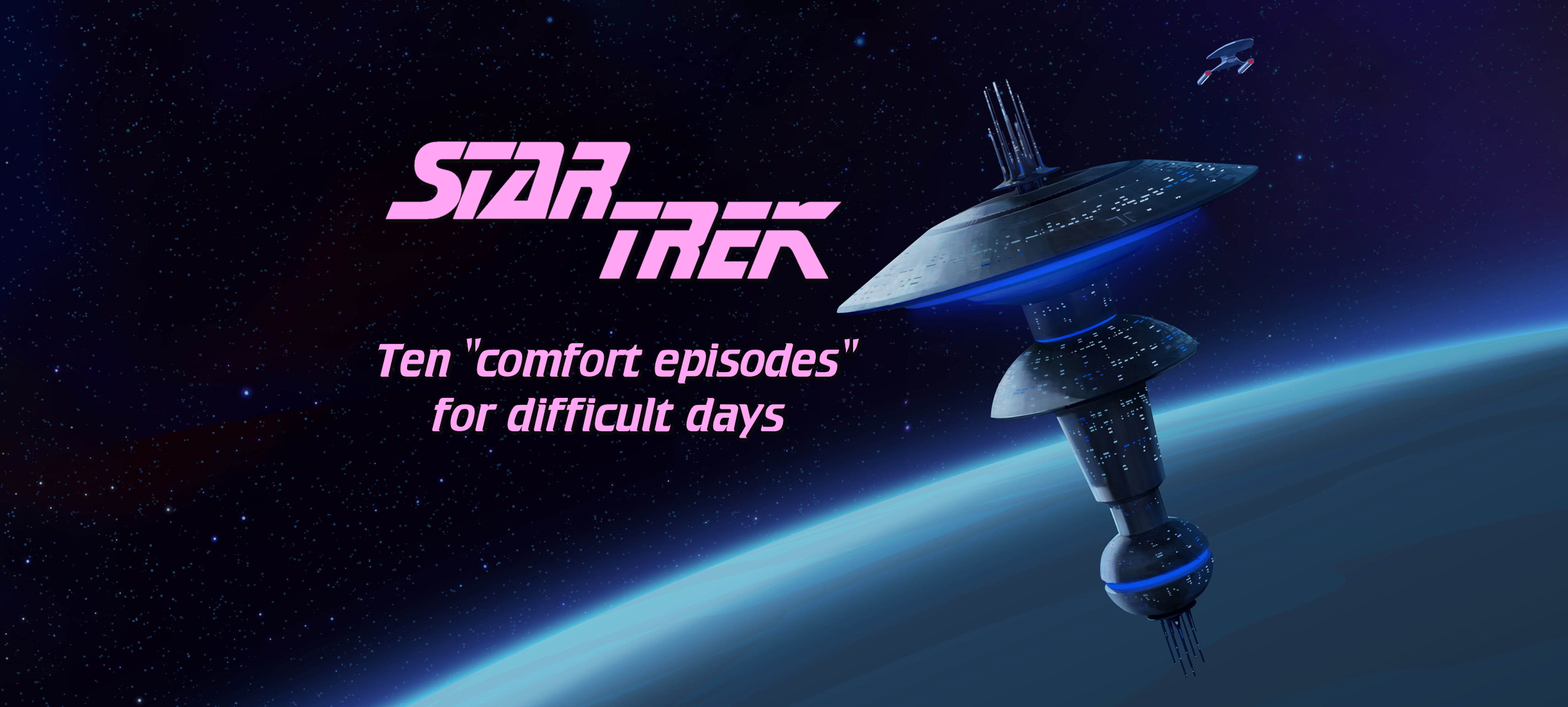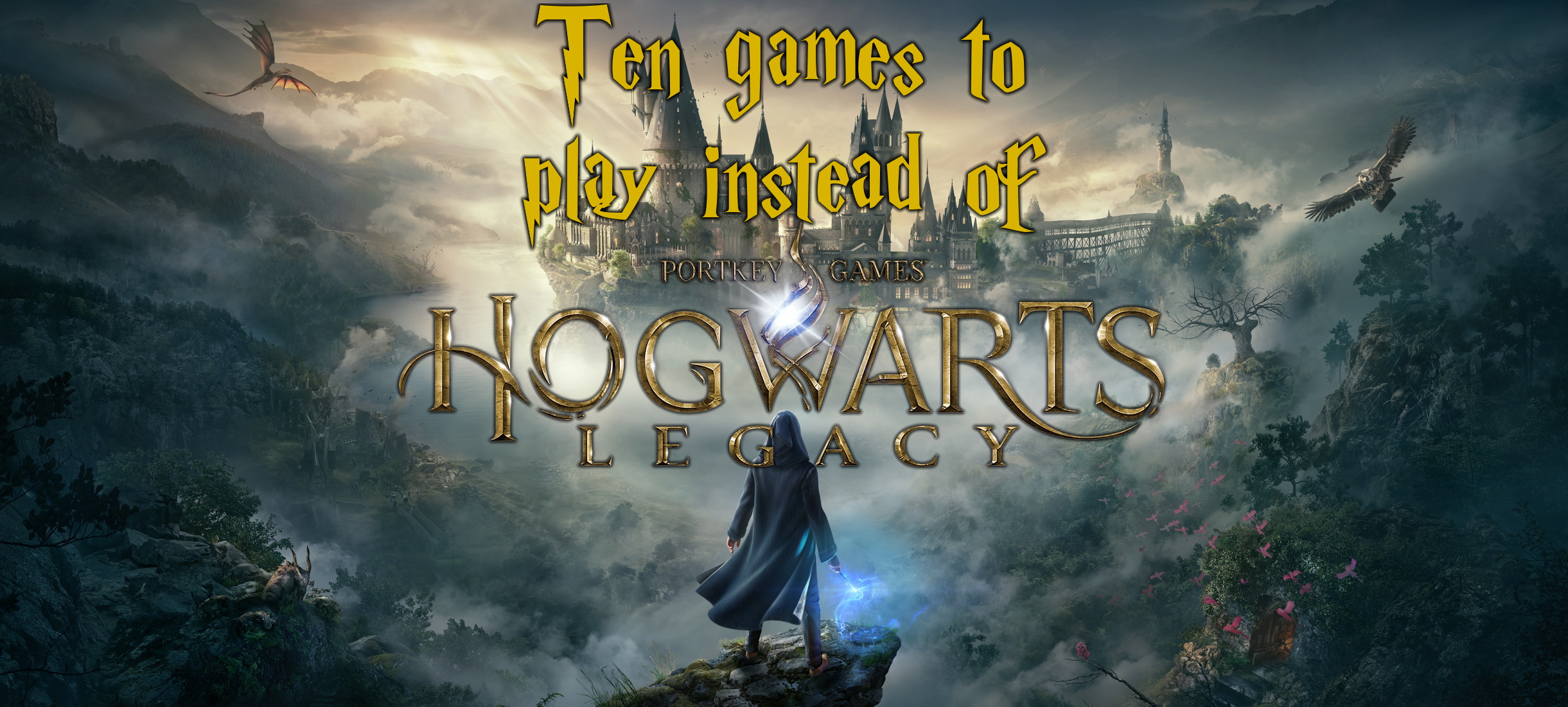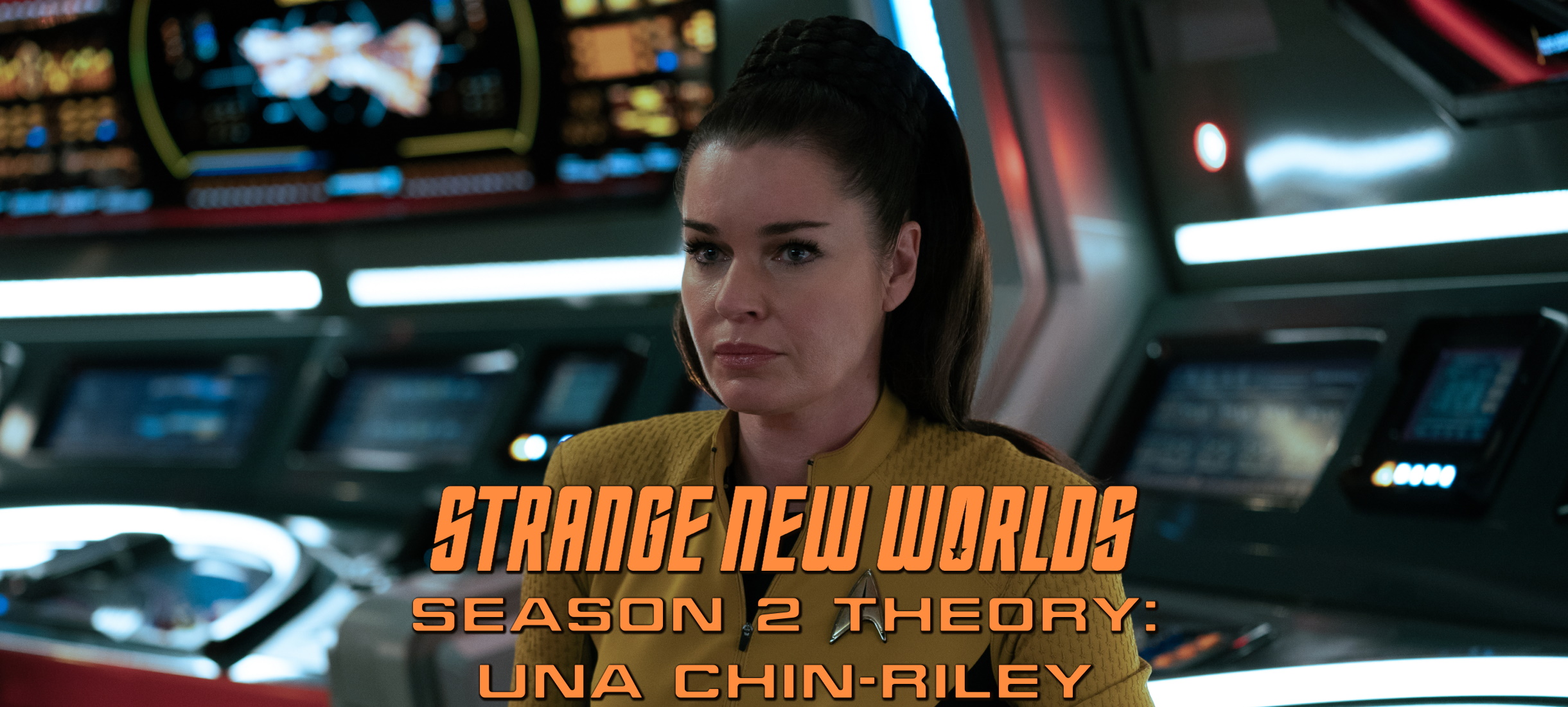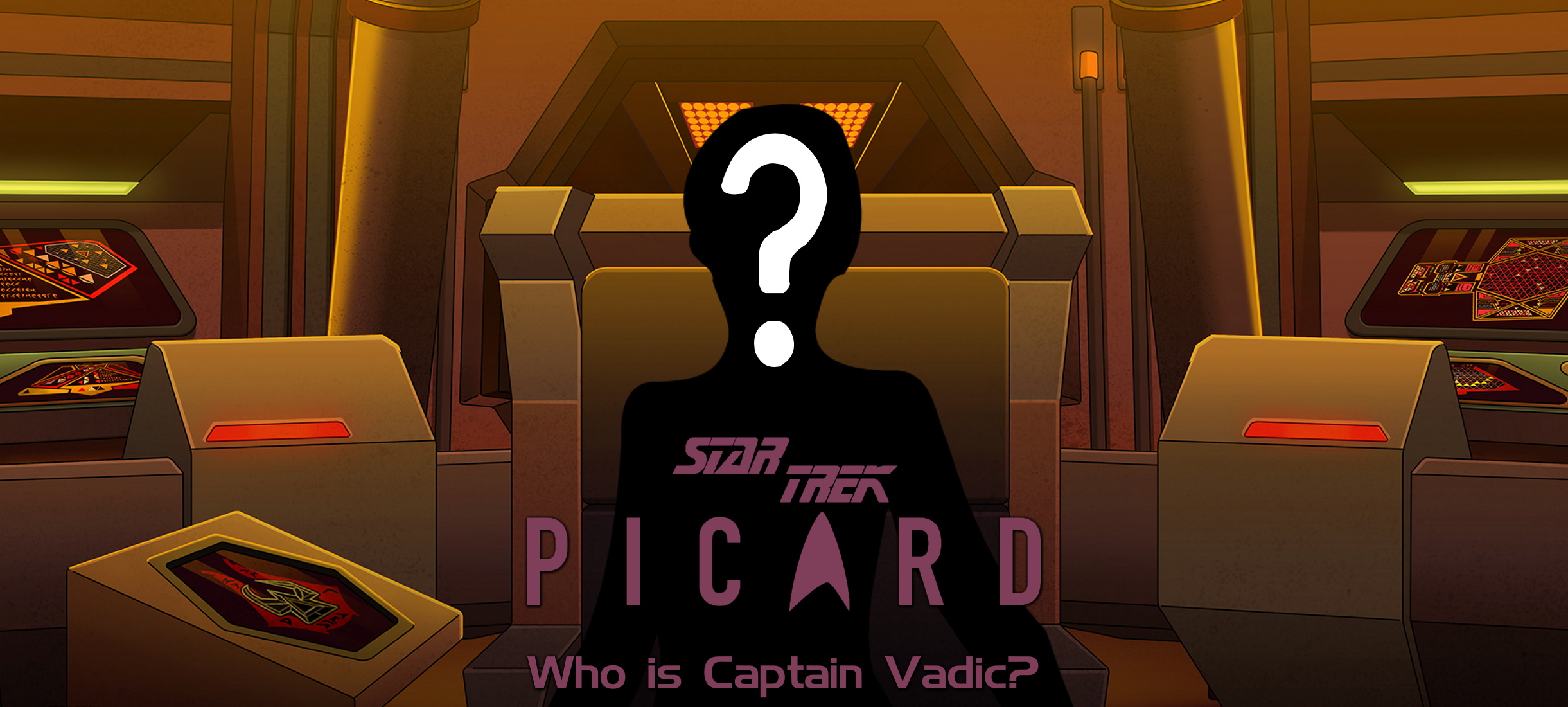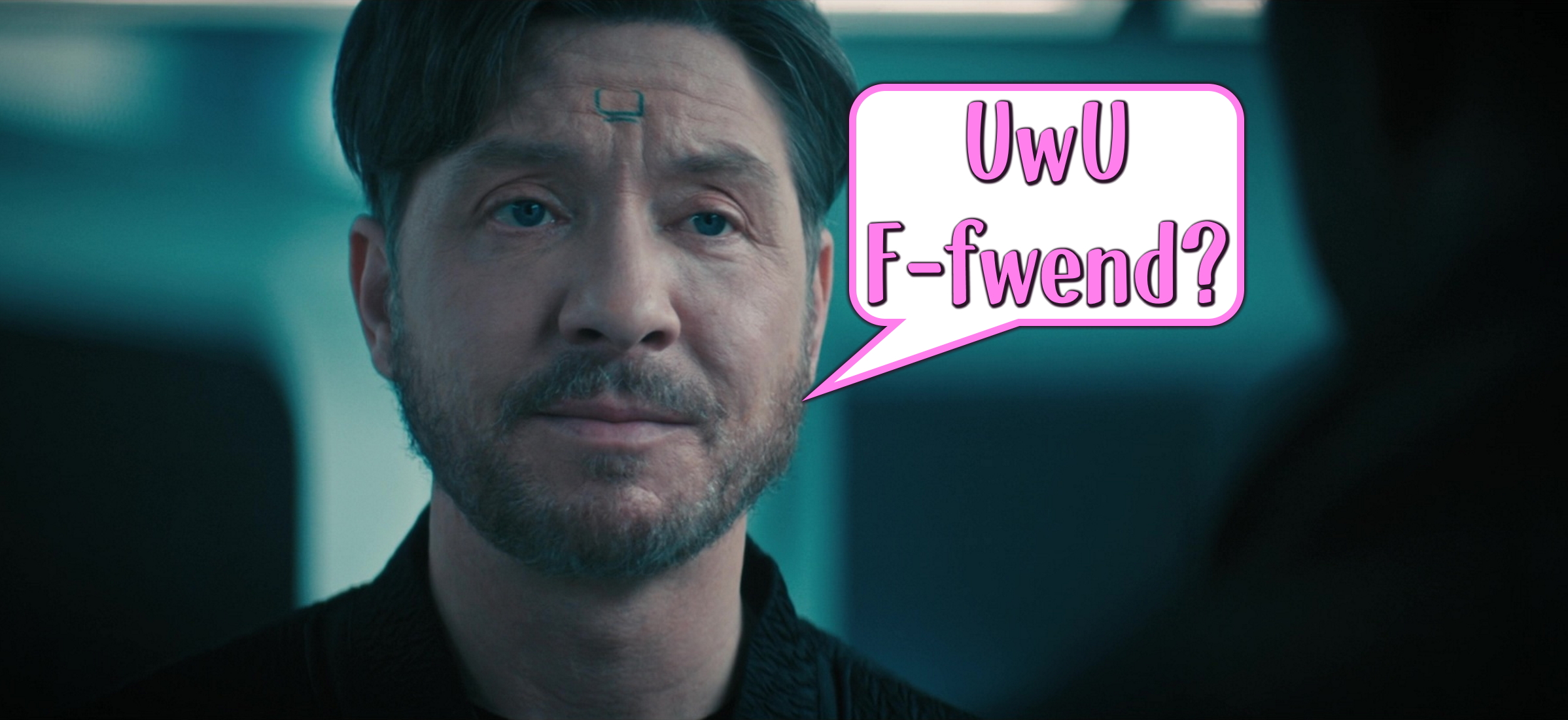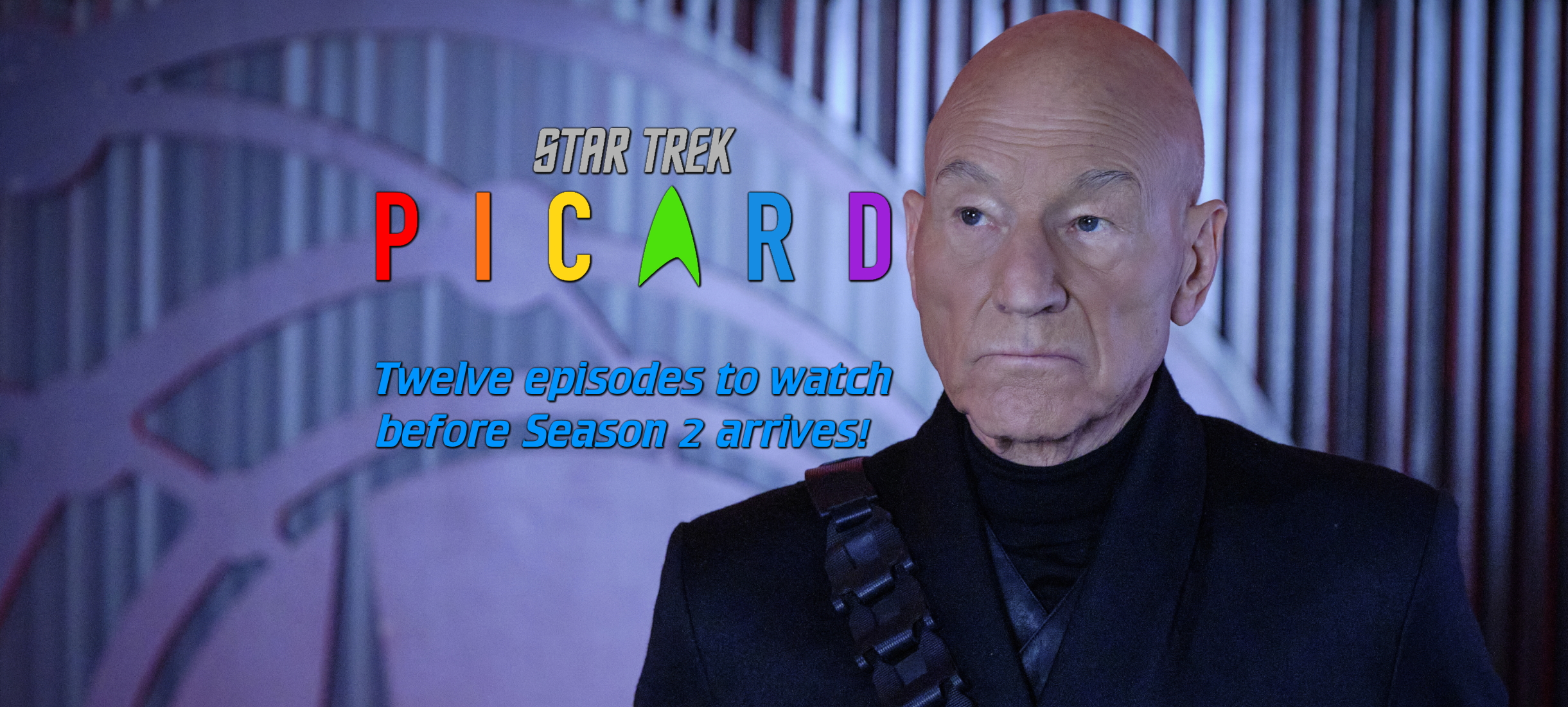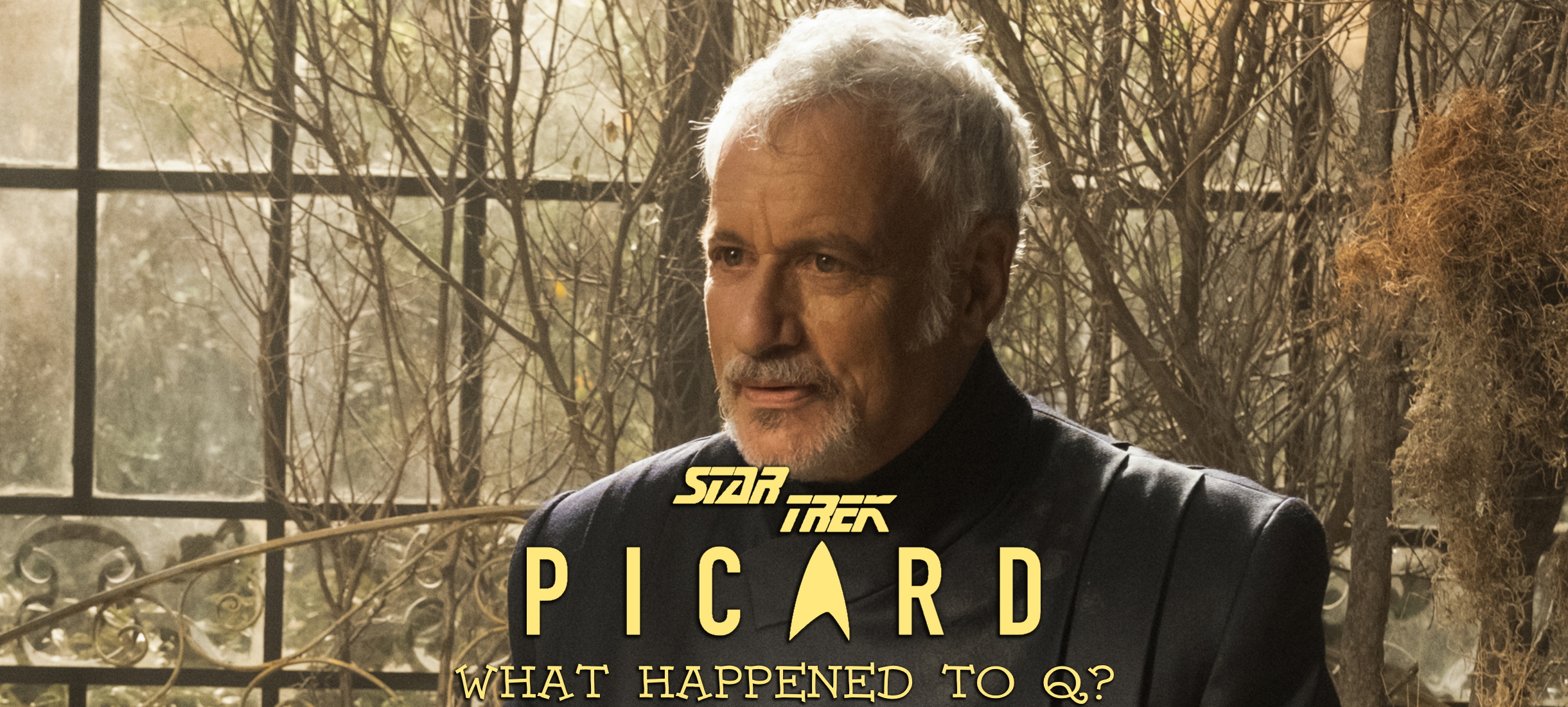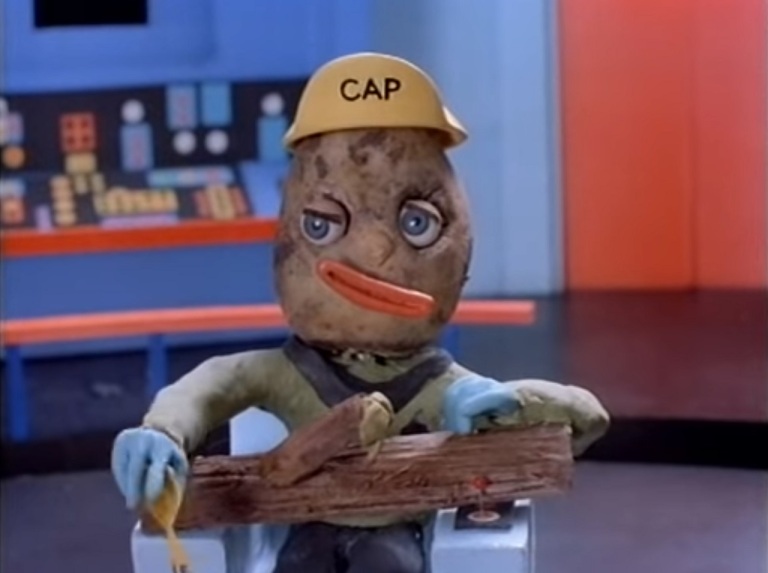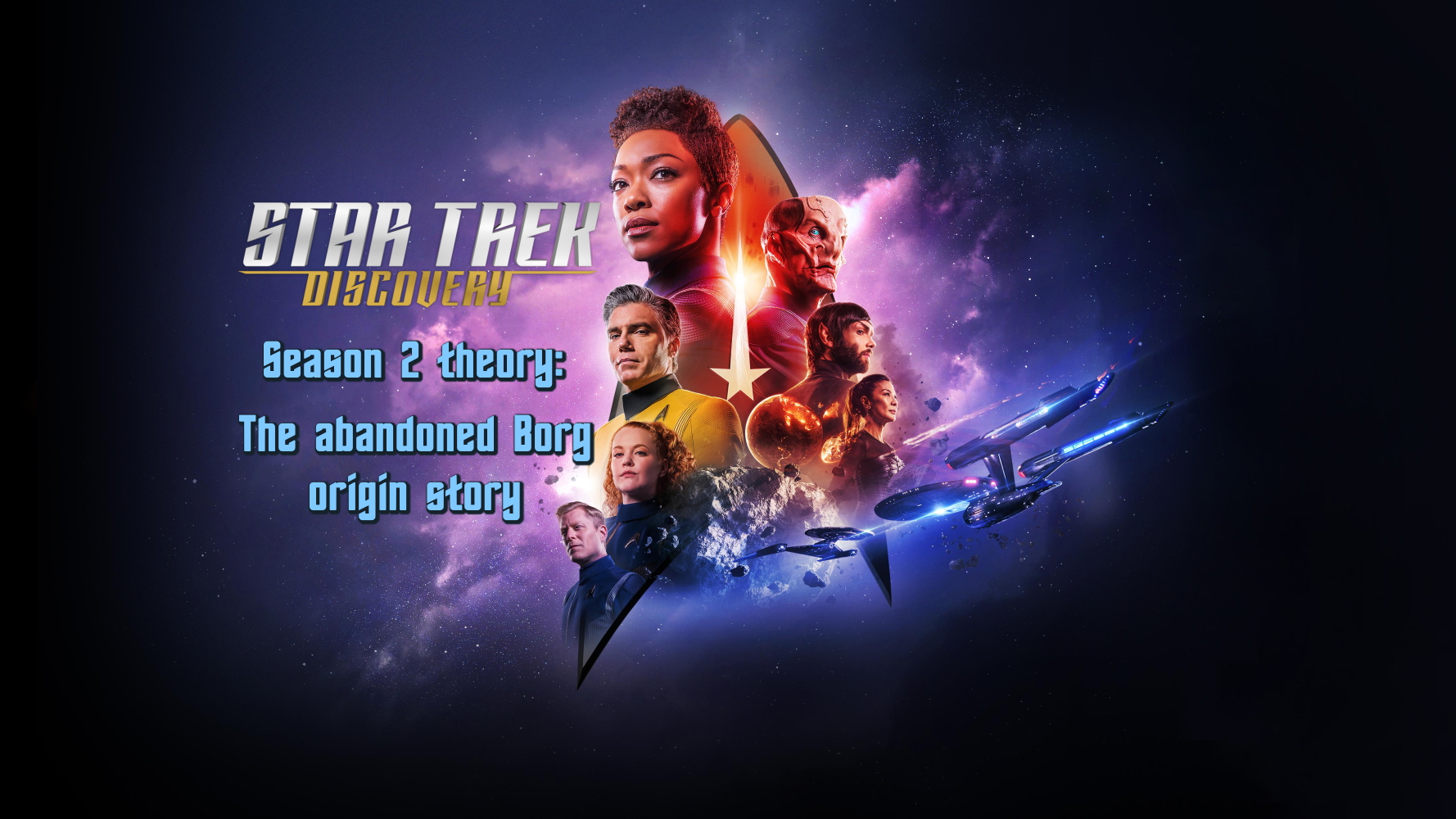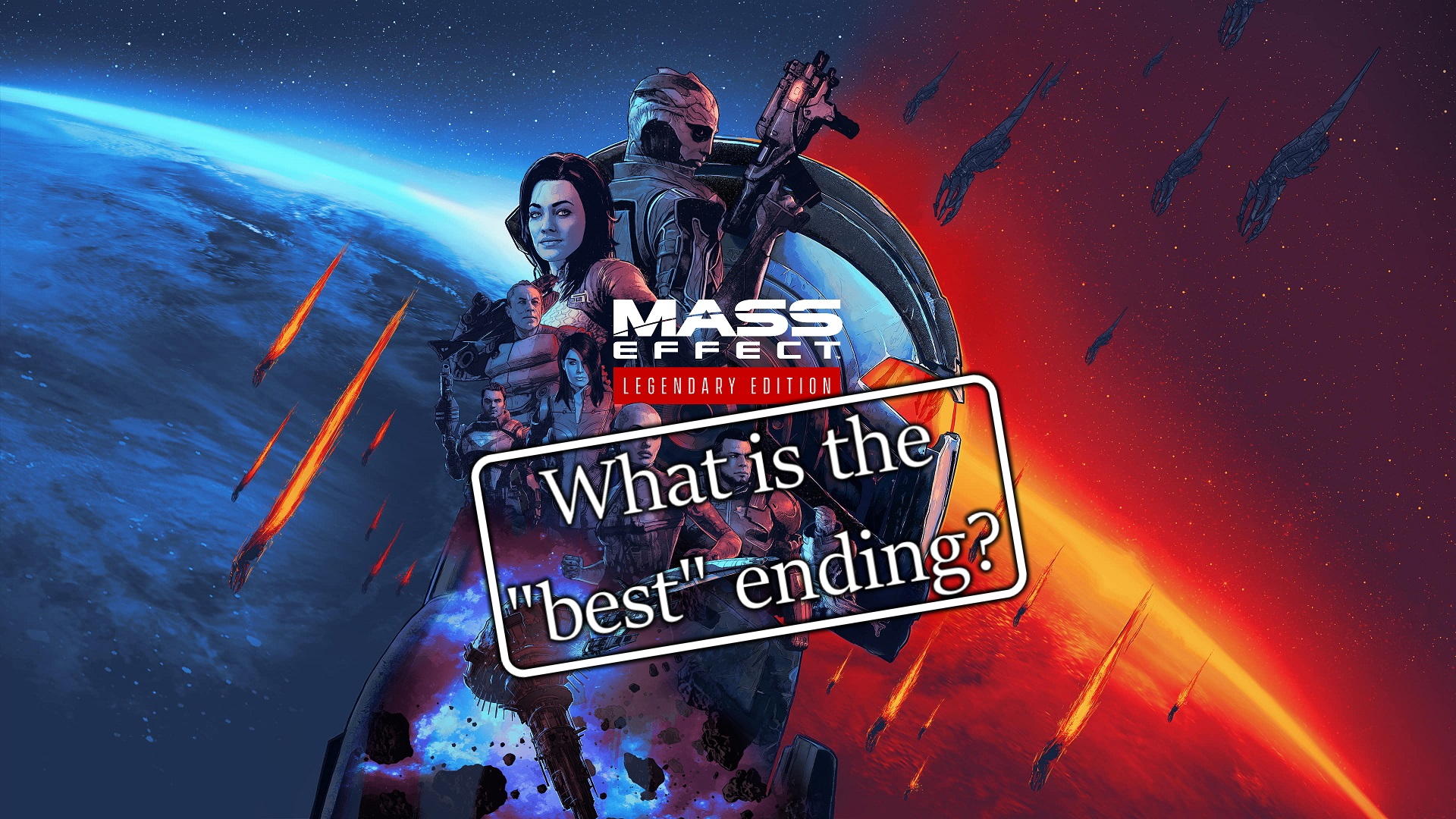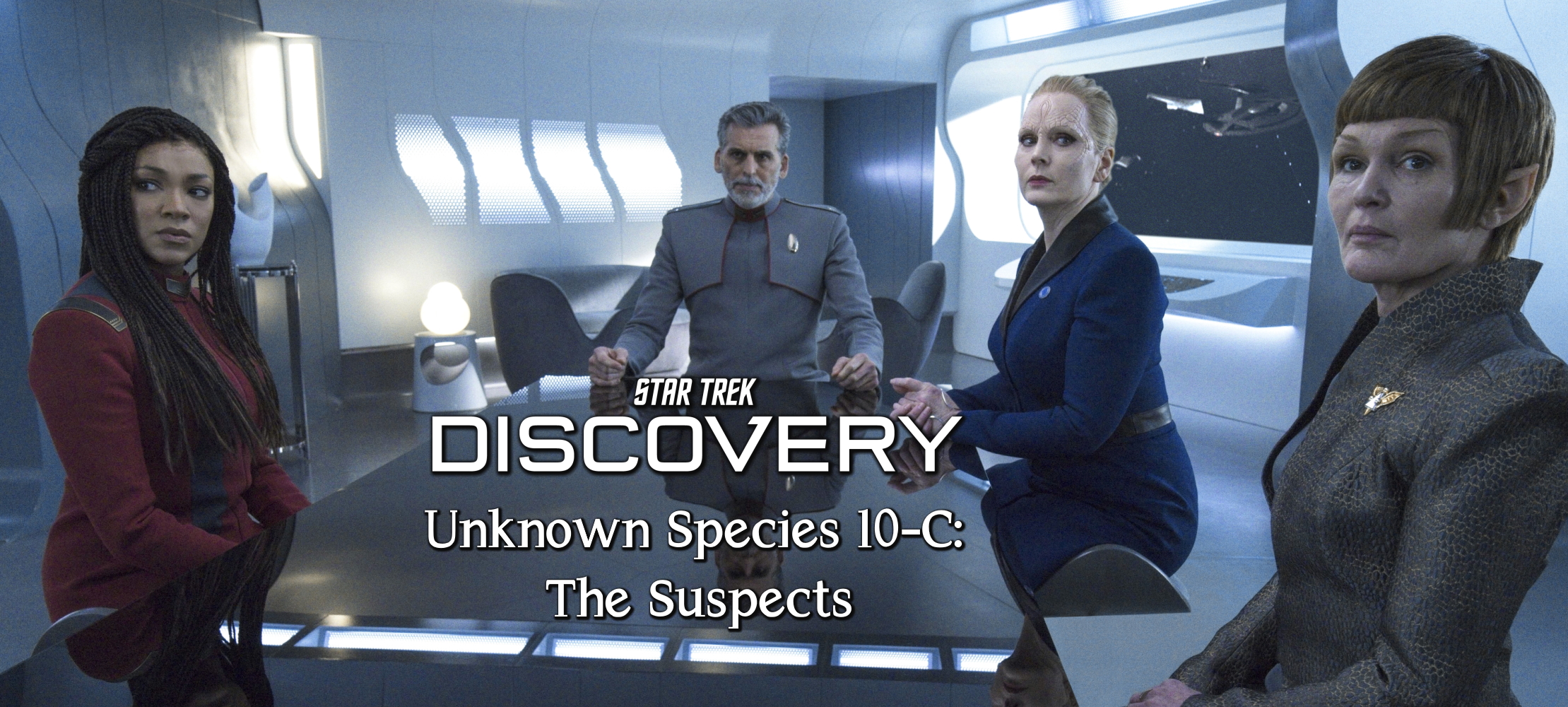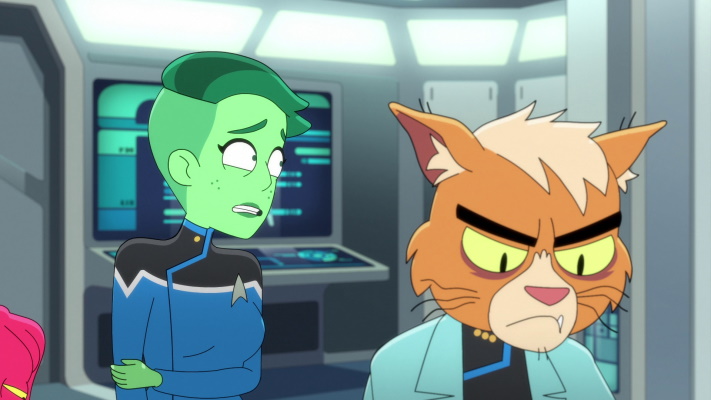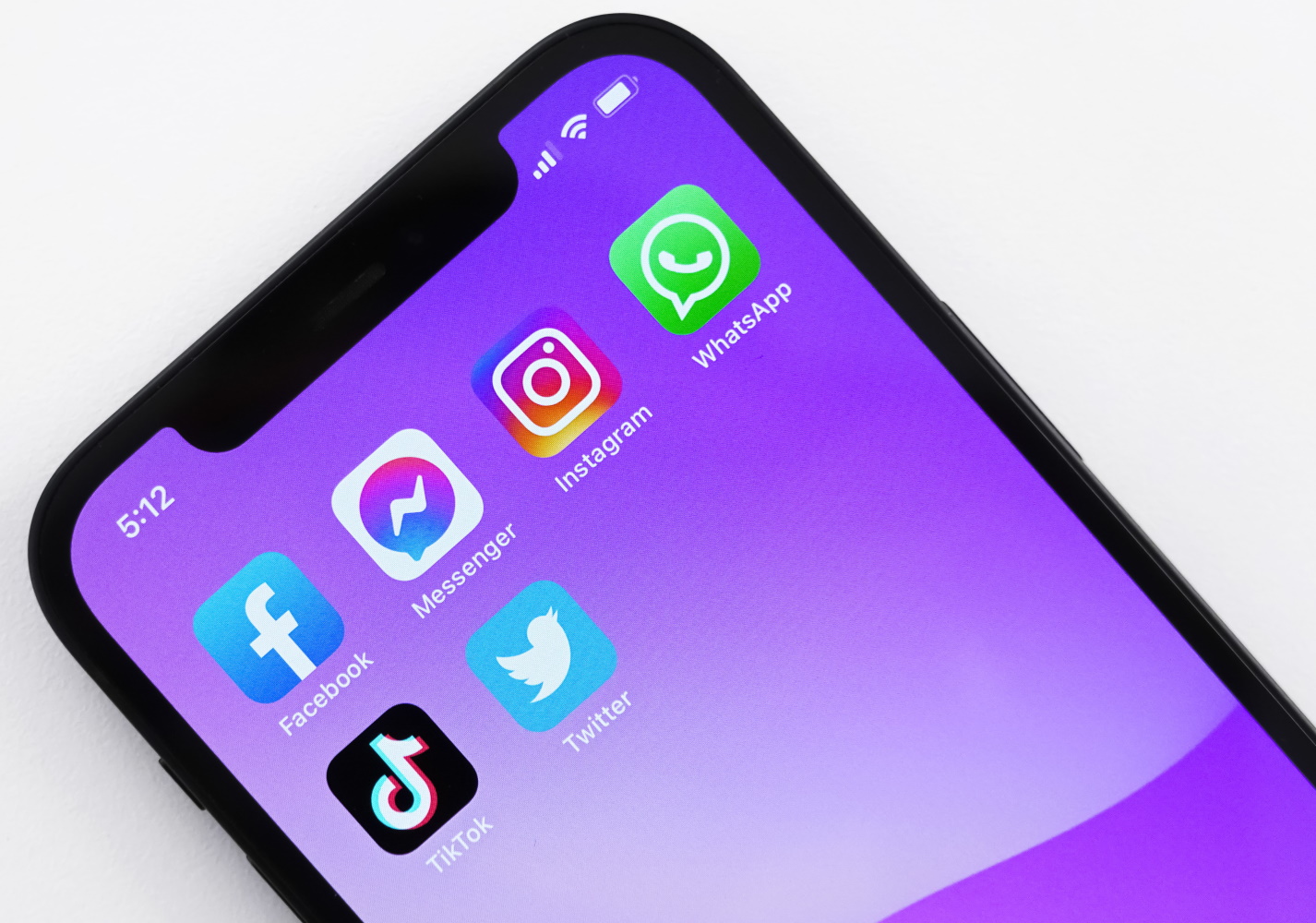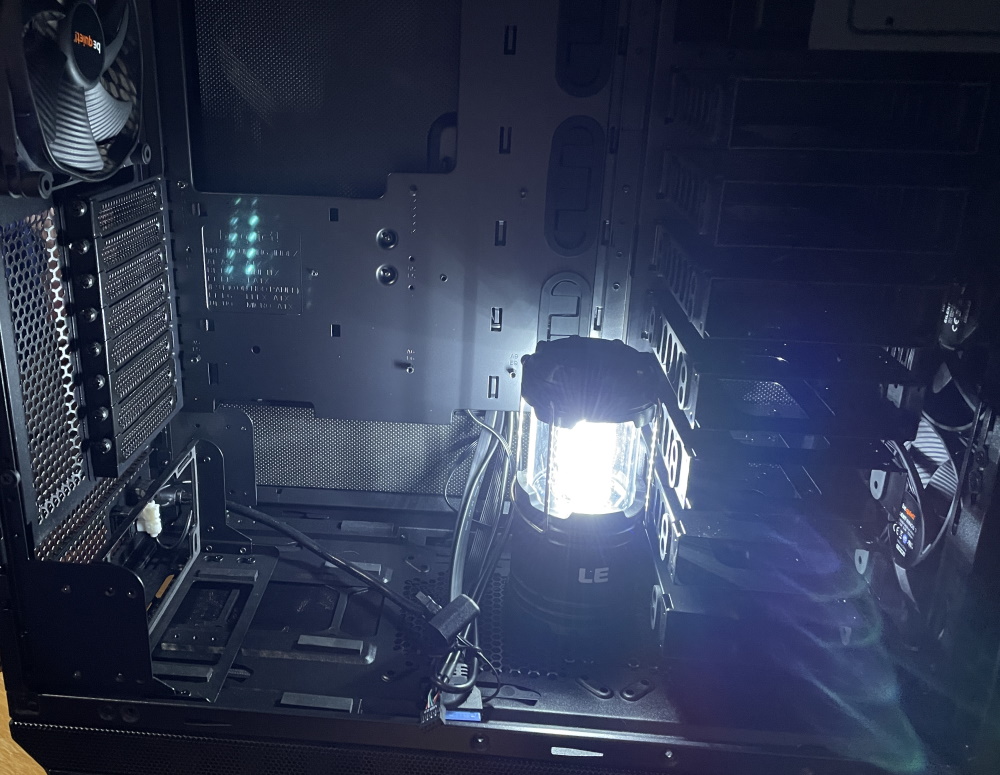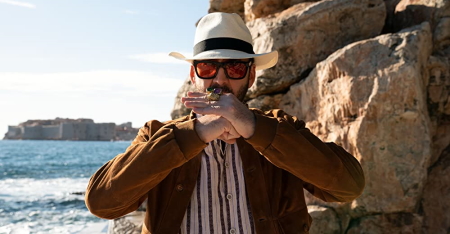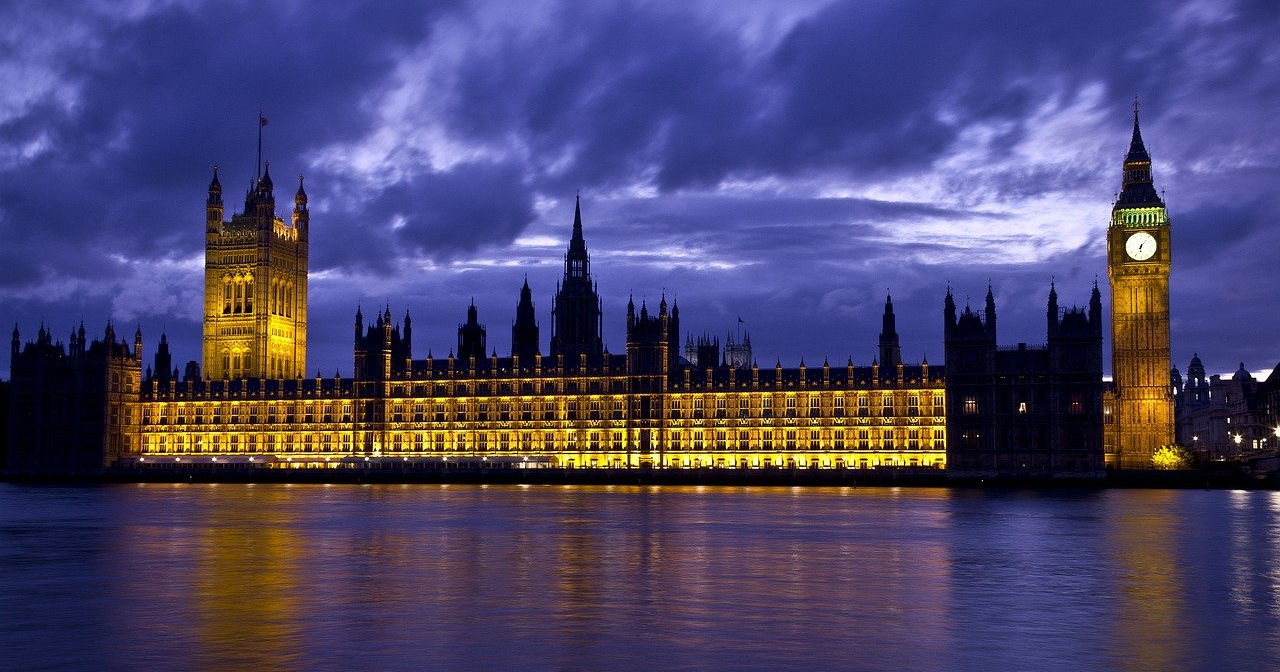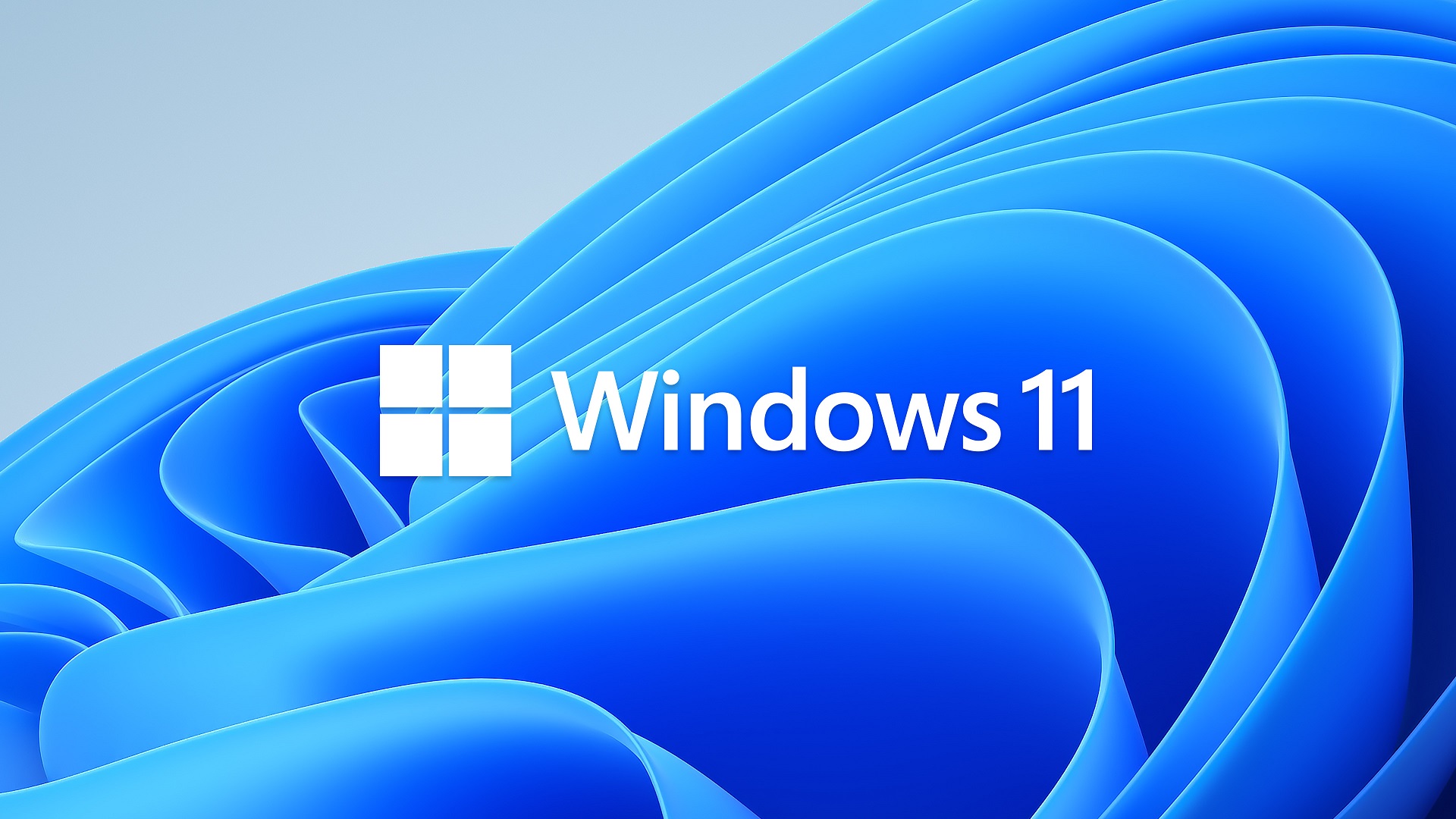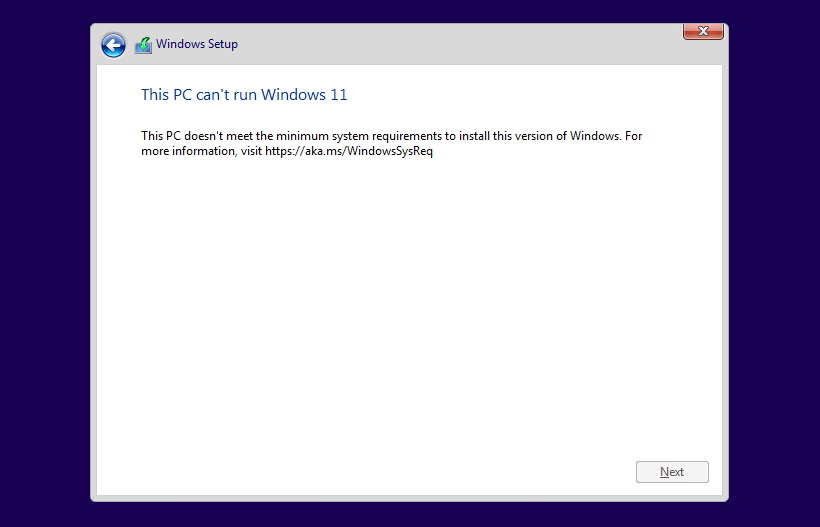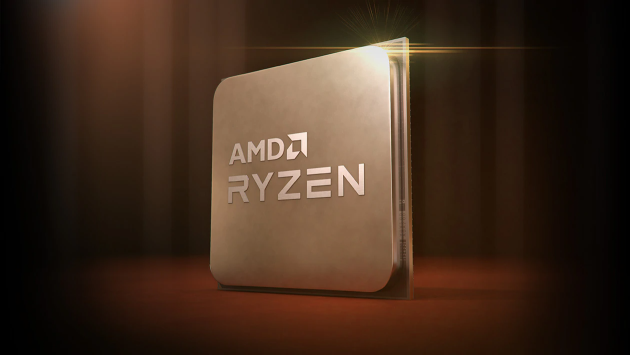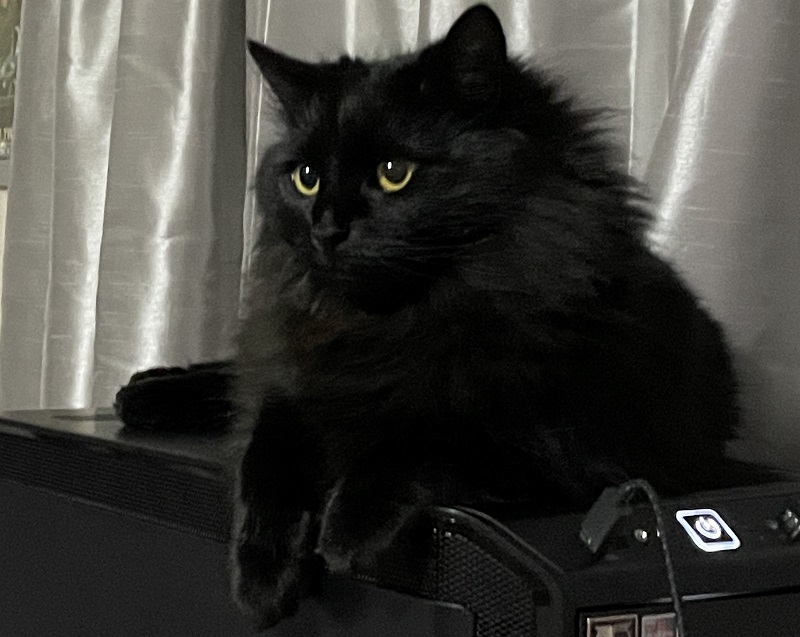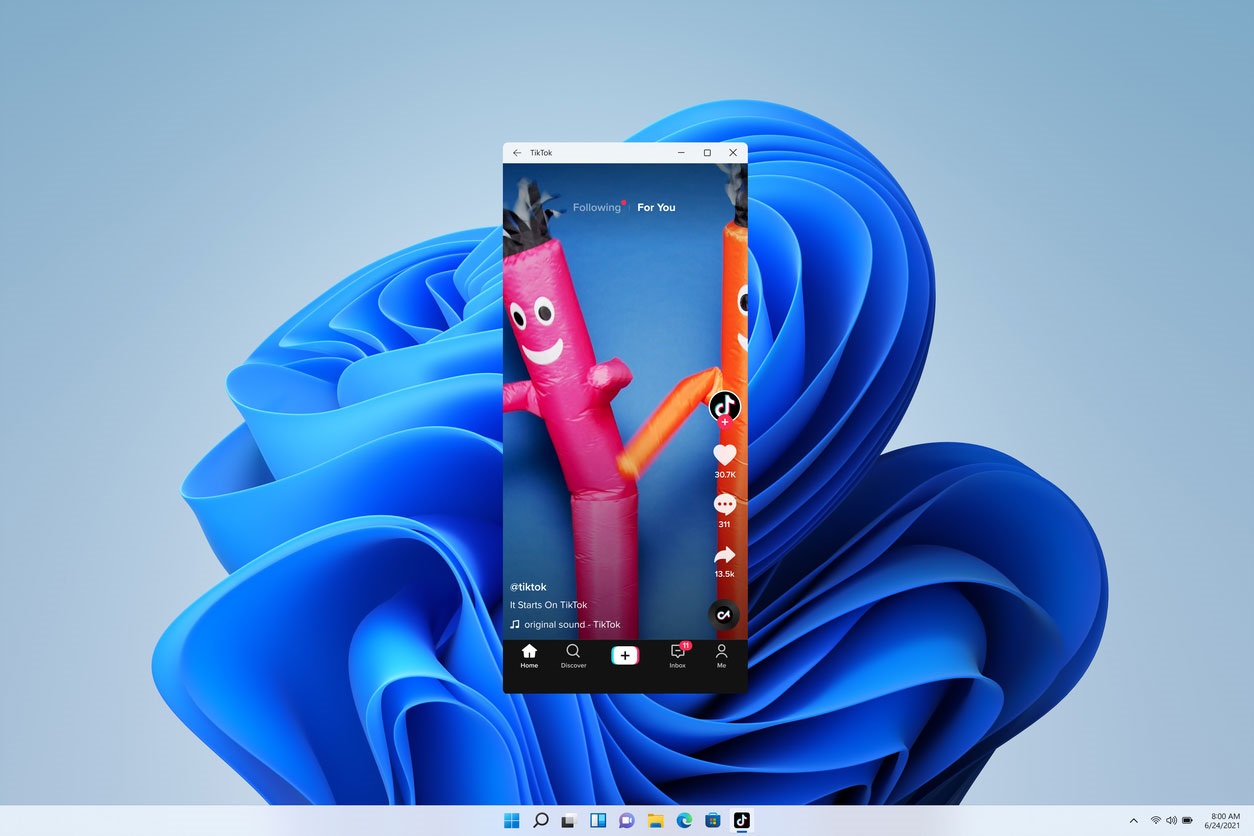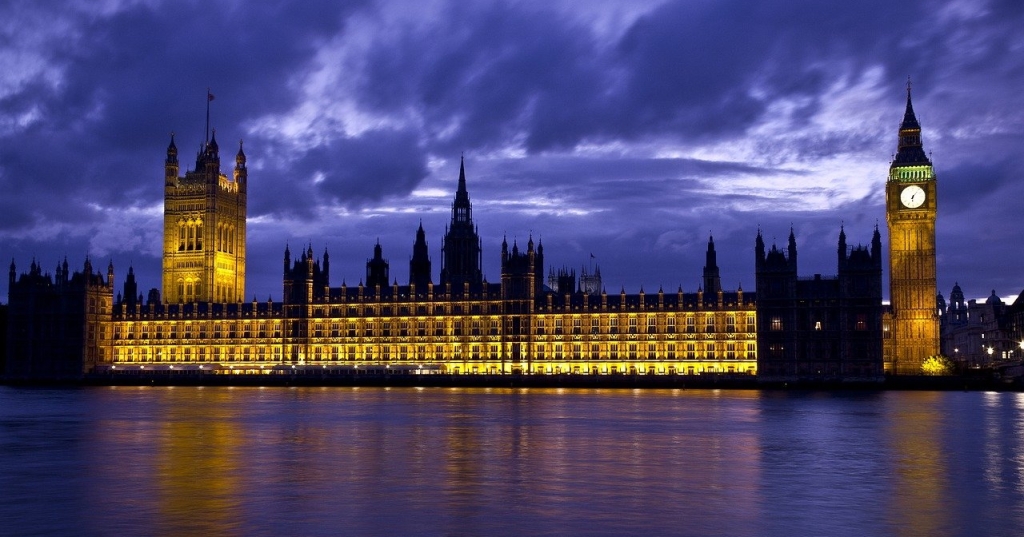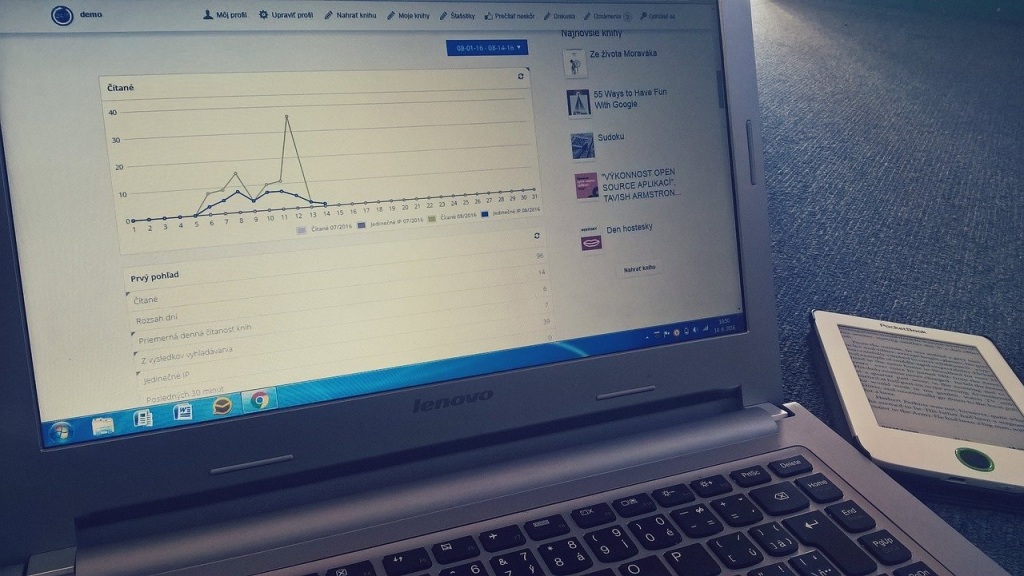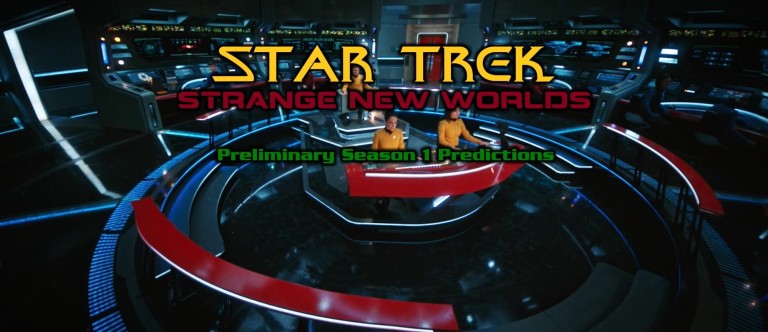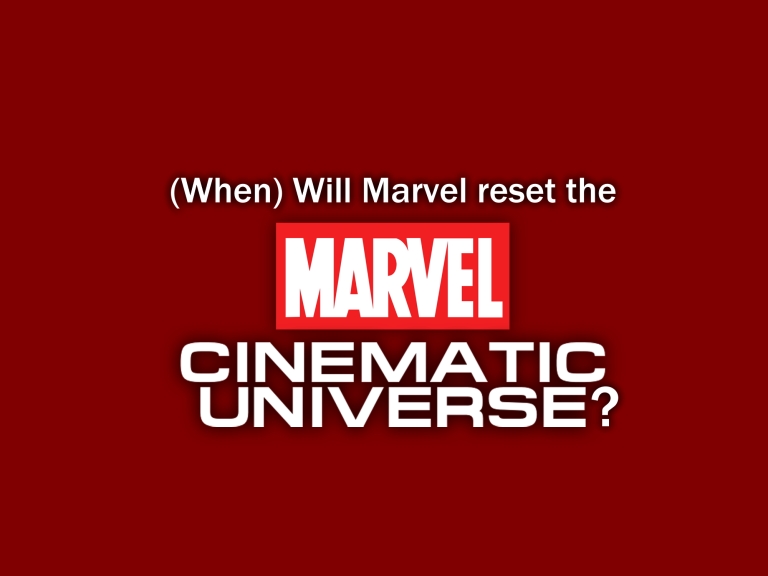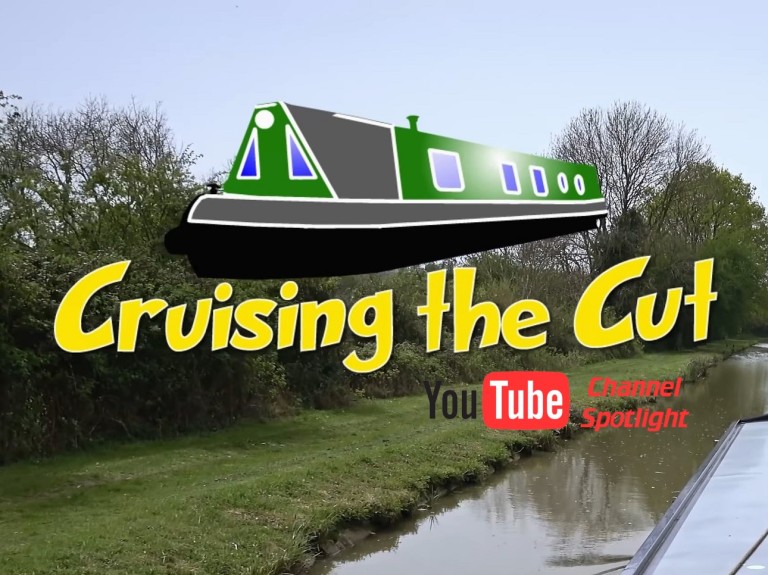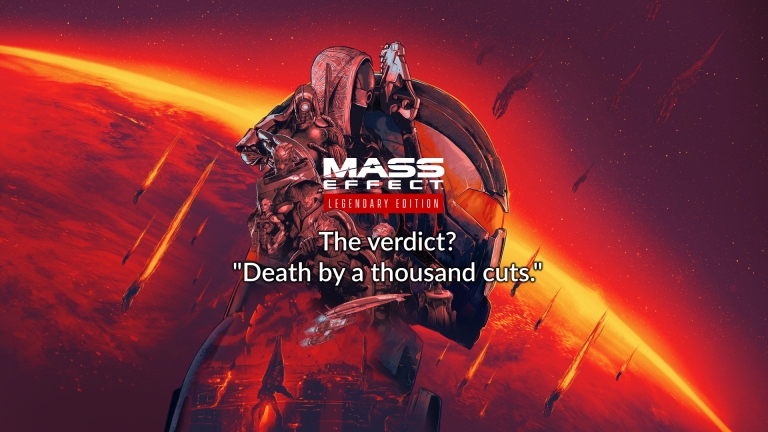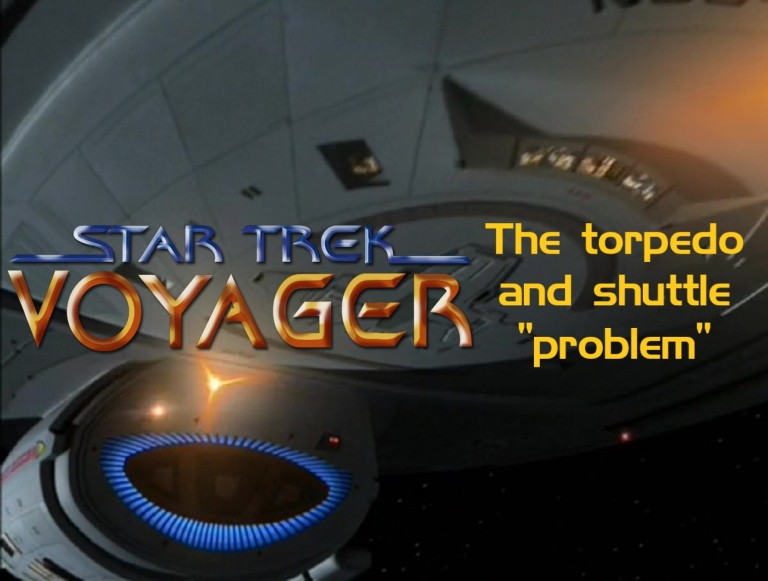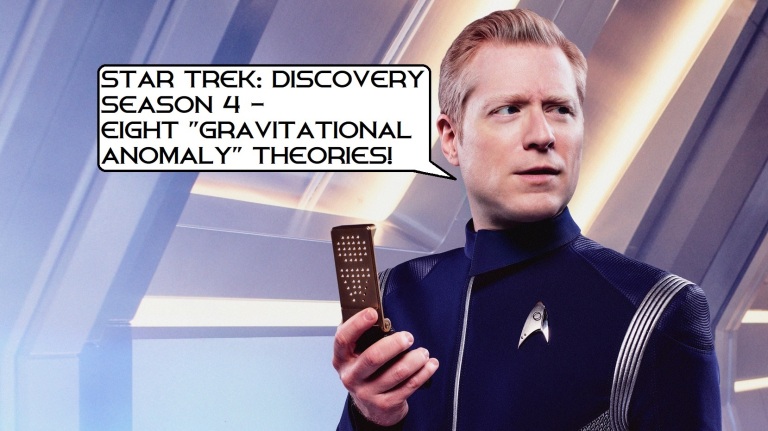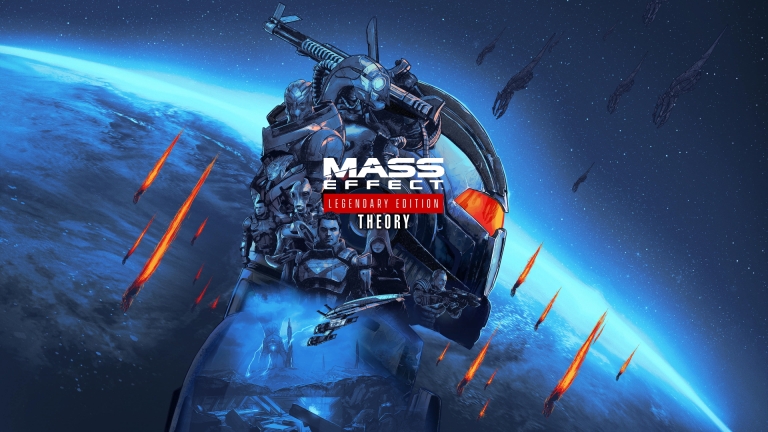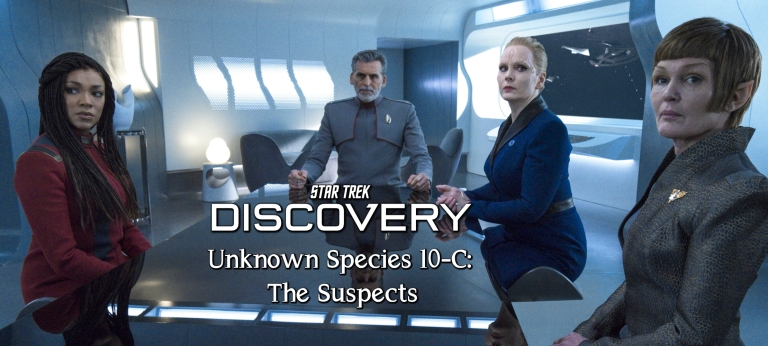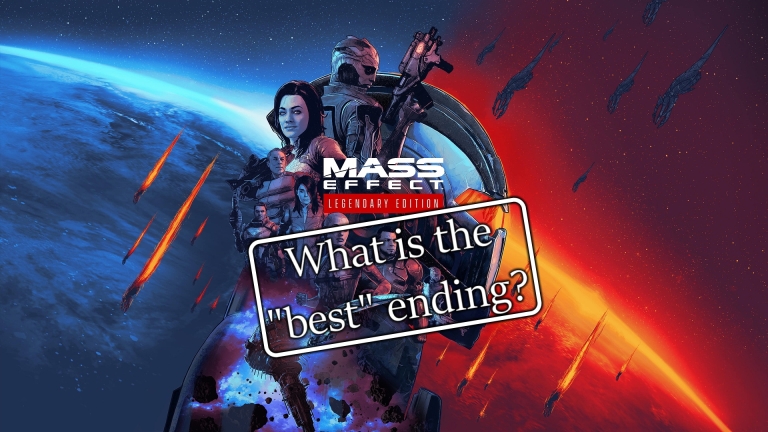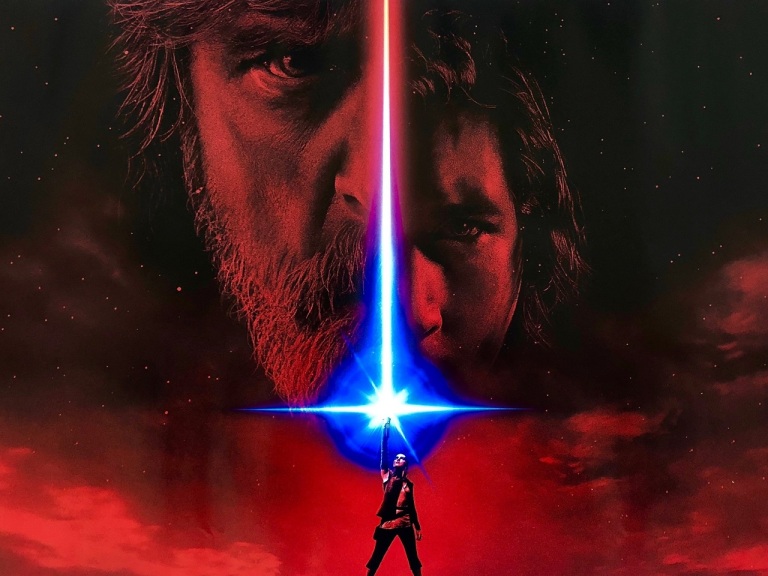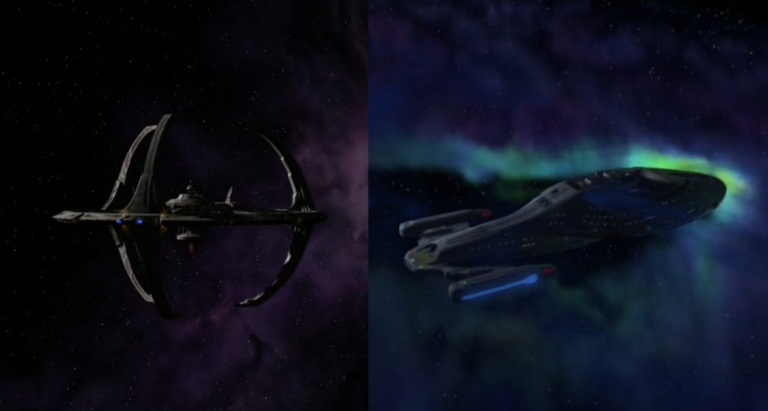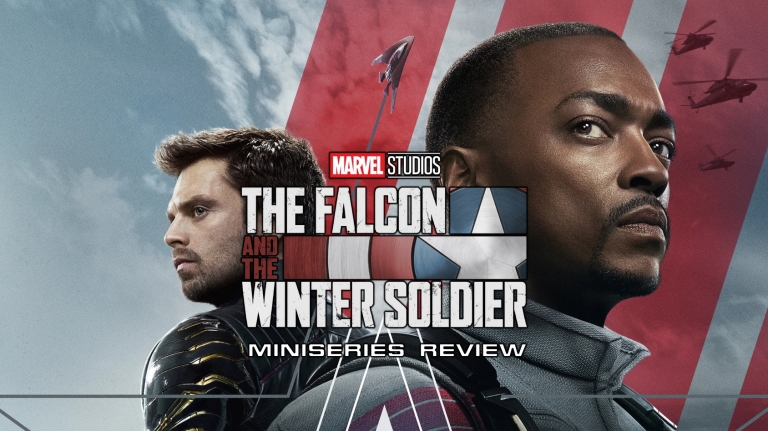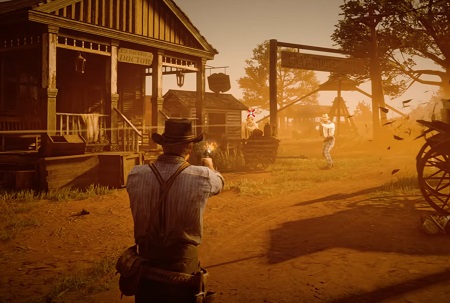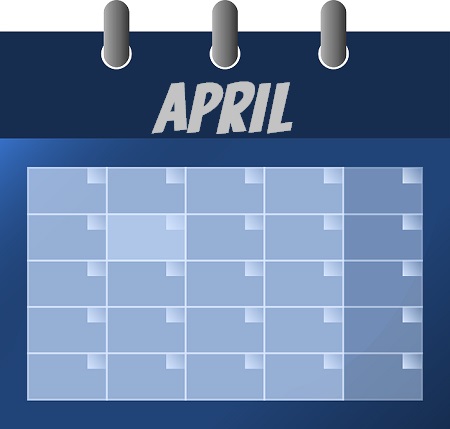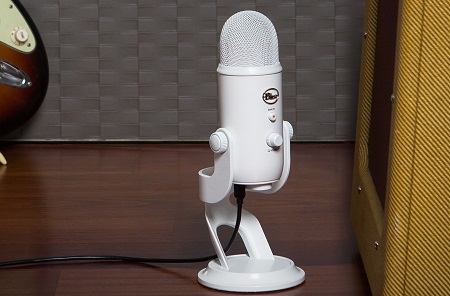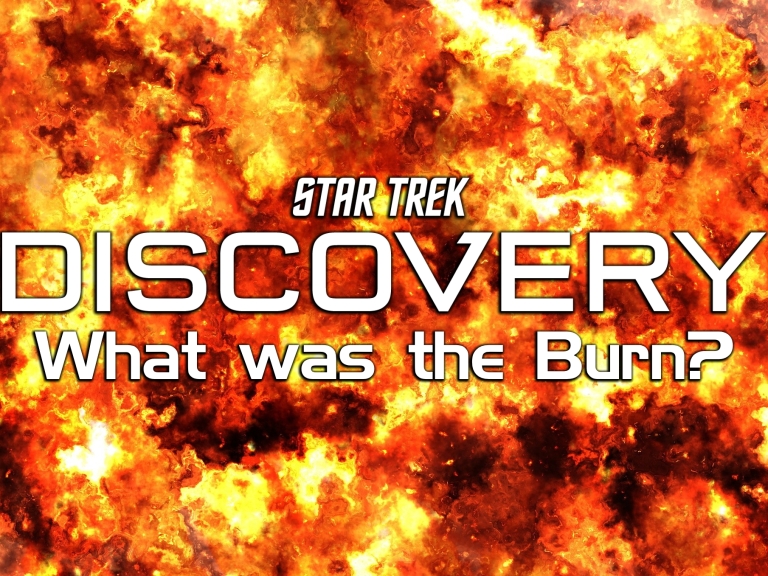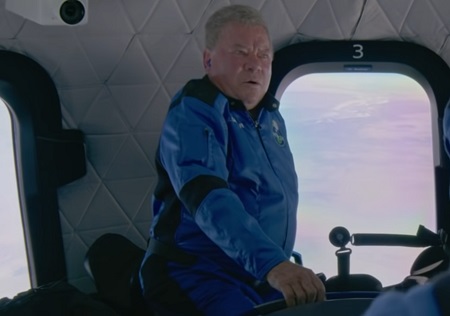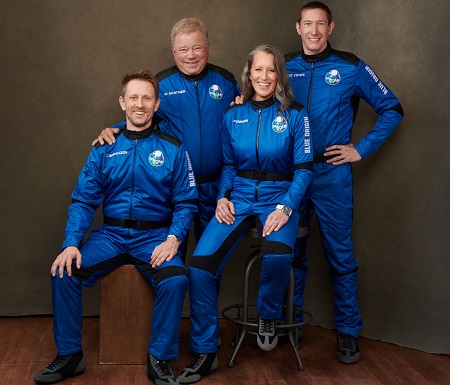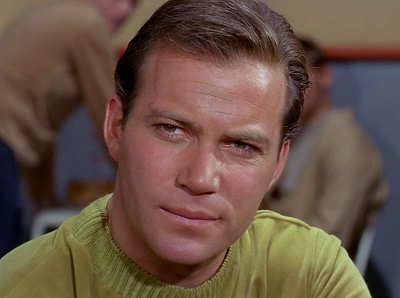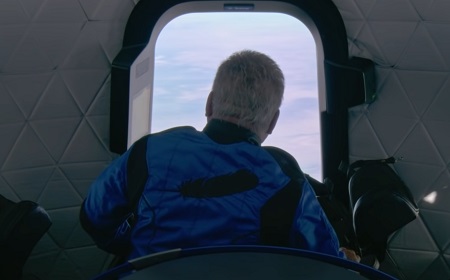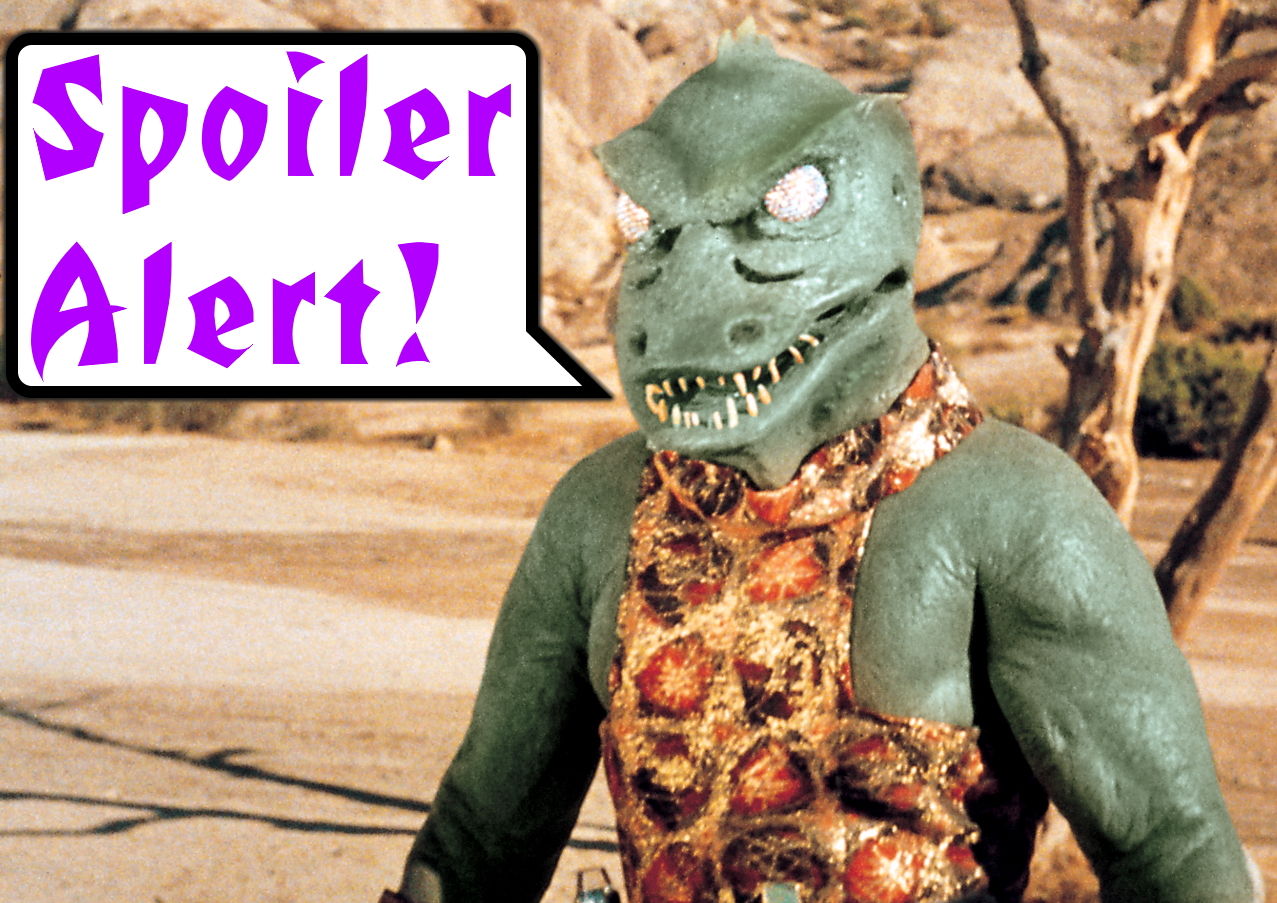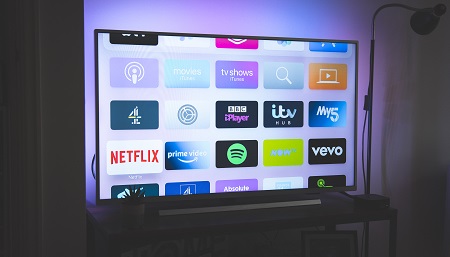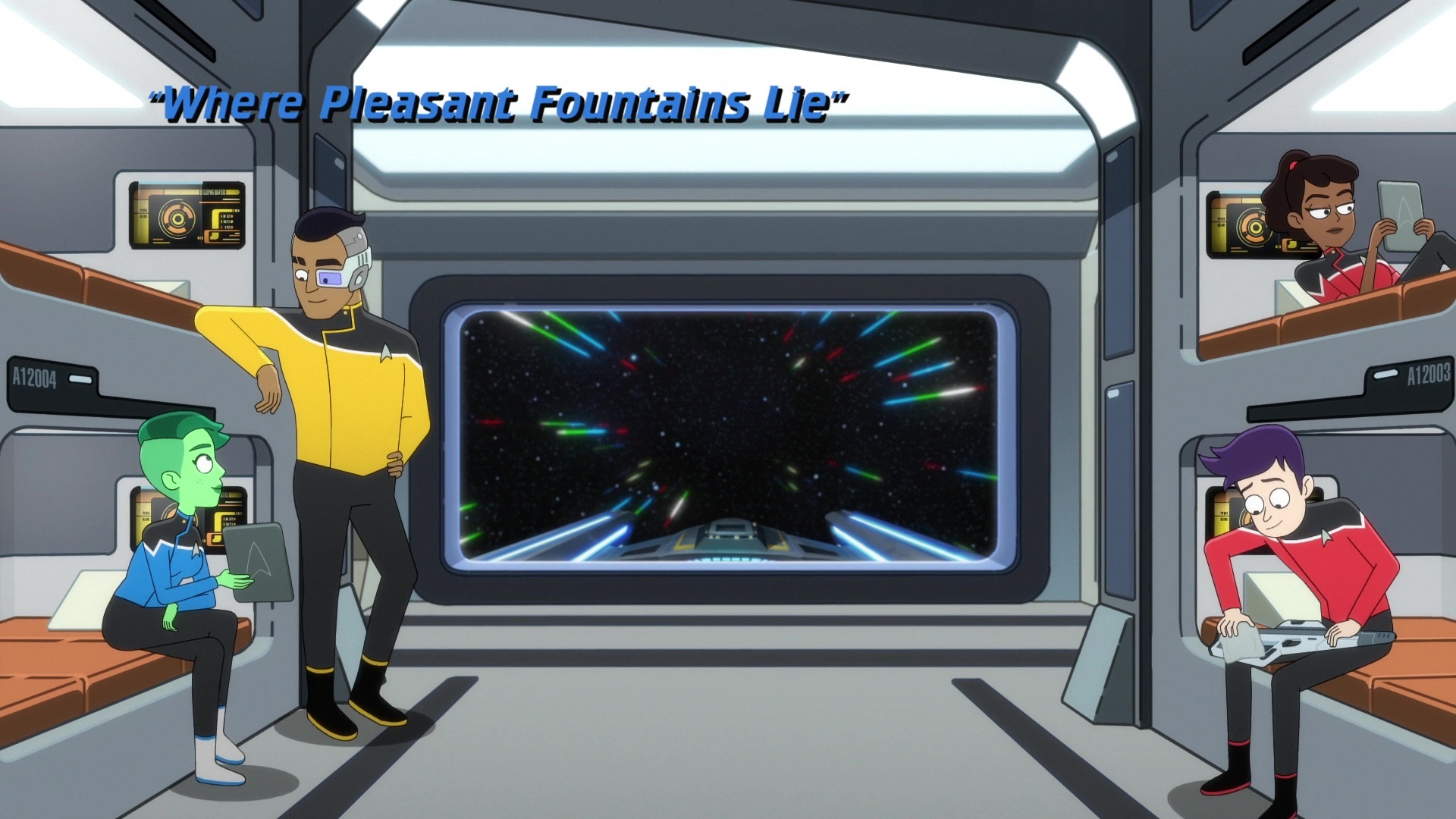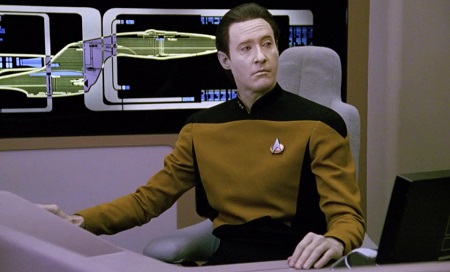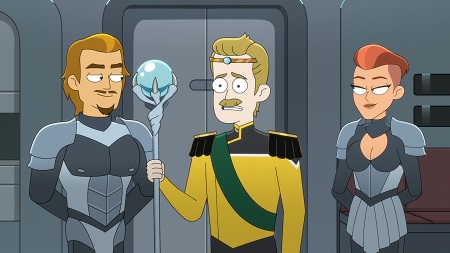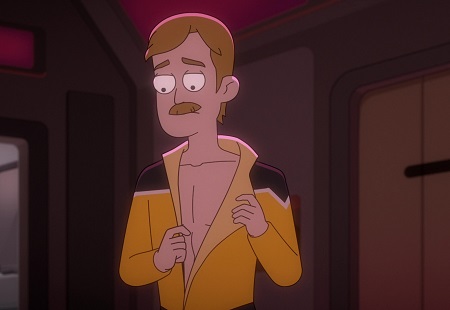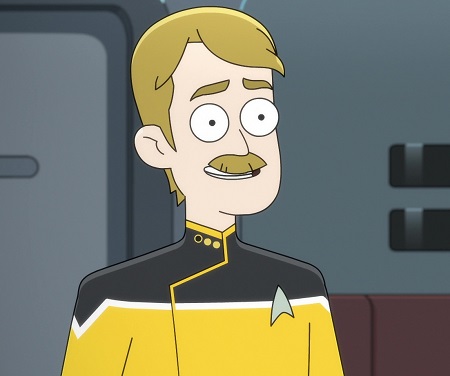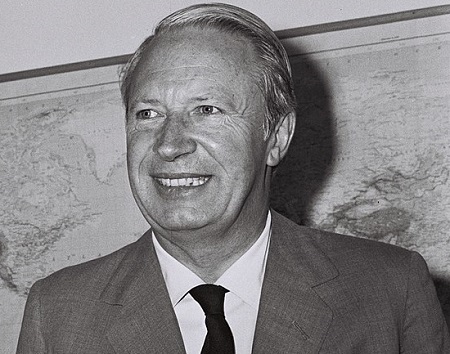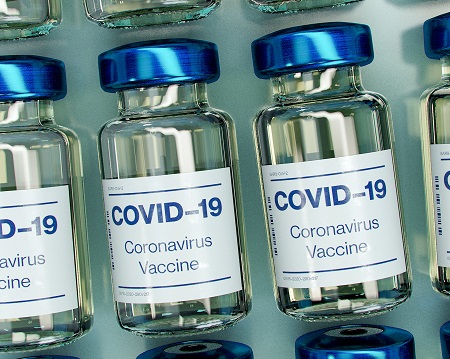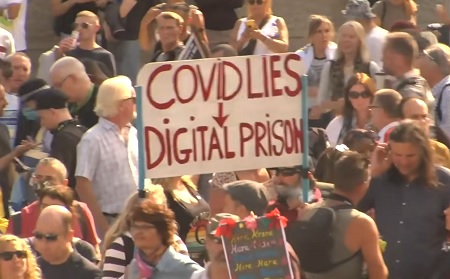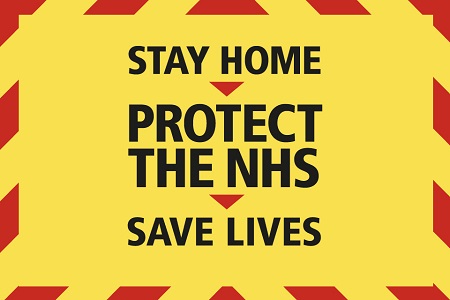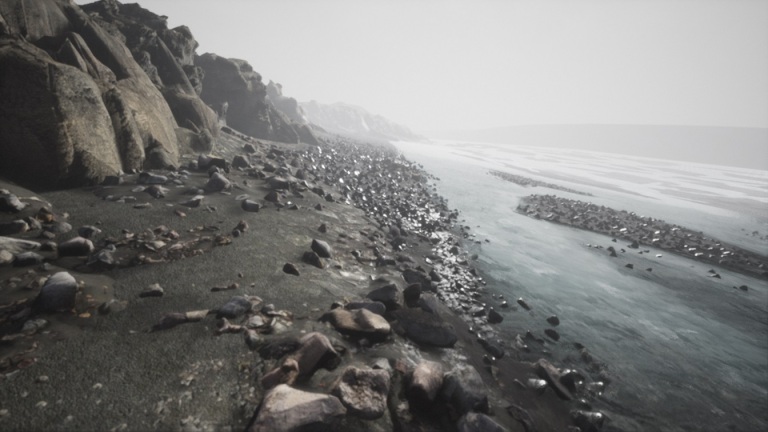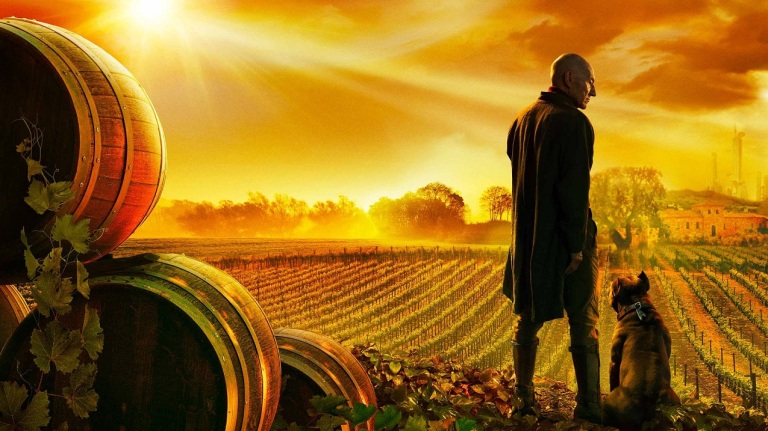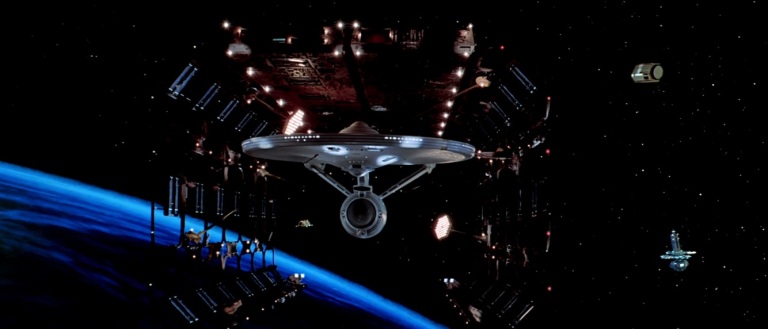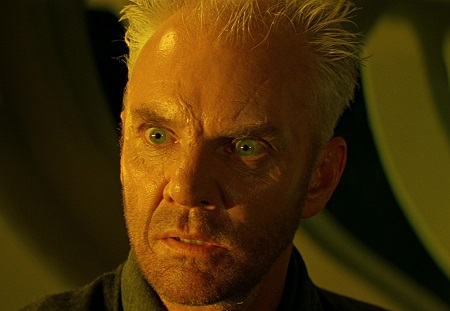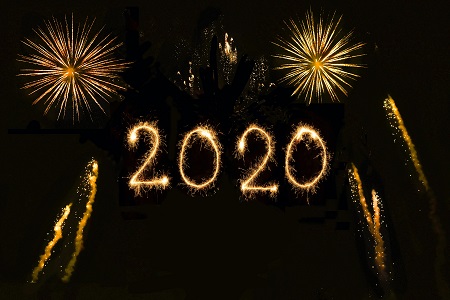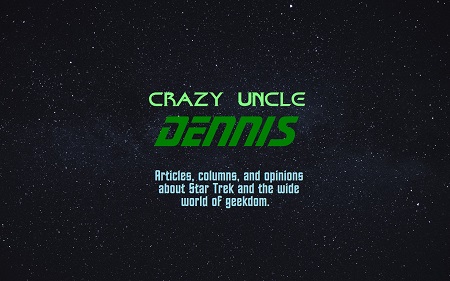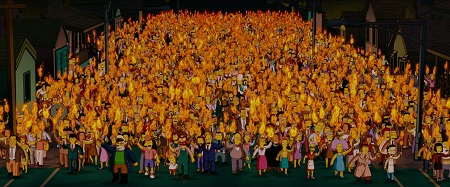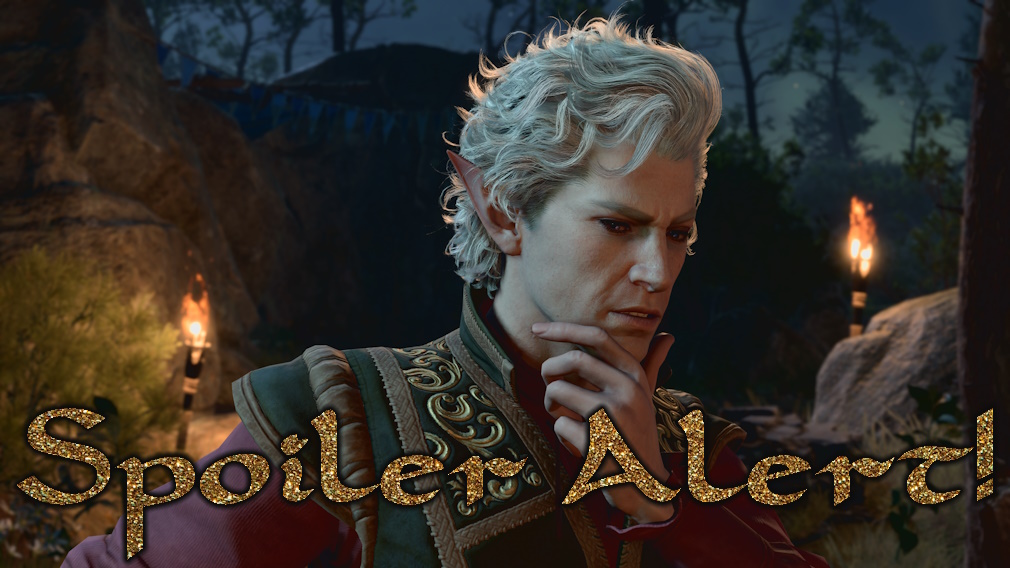
Spoiler Warning: Beware spoilers for Star Trek: Discovery.
Six years ago, on the 30th of November 2019, this website went live for the first time with a short, simple test post. The anniversary has always seemed like a good moment to reflect and take stock – so if you’ll forgive me the indulgent waffling, that’s what we’re gonna do today. This isn’t my “end of the year” piece, looking at the entertainment highs and lows of 2025, and it annoys me to see publications putting those out before Christmas, or even in November! I’ll publish my annual End-of-Year Awards in late December, so be sure to check in to see which films, games, and TV shows will win an imaginary statuette!
Well… where to start?
It’s been an interesting year. In November last year, I learned that my sister was going to have a baby, and my niece was born in the spring. This prompted me to do something I haven’t felt able to do in a long time: undertake a significant journey. I’m disabled, as you may know, and for a long time – basically a decade now – I haven’t really felt up to leaving the house very often, let alone travelling. But I had to meet my niece! So I managed a difficult and painful journey and made it to the hospital a few hours after she was born. And I’ve been back to visit about half a dozen times since then. These trips are still uncomfortable for me, but I think – I *think* – I’m doing a little better each time… or just getting more used to it.

Last year, when I marked the website’s fifth anniversary, I talked about how I felt some sense of pride at having stuck with it for half a decade, and how I’d be happy to keep going to see if I could make it to the ten-year mark in 2029. Immediately after writing those words – literally within a few days – I had a major health scare. I’ll spare you the gory details, but suffice to say that one of my regular blood tests came back with some alarming news, leading to a series of scans, a biopsy, and some treatment. But because I’m me, and because my head always goes to the most catastrophic extremes when such things arise, I was definitely thinking about and planning for the worst as last Christmas and New Year were approaching!
My health is poor, and it’s been in what I’ve half-jokingly referred to as a “managed decline” for years at this point. I’ve known that things are going to get worse rather than better, but I admit that I’d been somewhat lulled into believing that I could continue coasting; that I was relatively settled. Last year’s bad news, because it wasn’t directly related to my ongoing health issues, felt like a lightning strike coming from nowhere, and it definitely unsettled me. Perhaps that’s why, after I got the all-clear on that front, I was so keen to do things like visit my niece earlier in the year; it felt like something had shifted and I had to try, for once, to get out of my safety zone. Or maybe I’m doing another thing I always do and I’m overanalysing it!

But those visits to my niece, sister, and brother-in-law – the first of which was the first time I’d visited them in their “new” home – gave me the confidence to do something else. You might remember this if you’re a regular reader, but in late August I made the journey to Blackpool to attend a Star Trek convention for the first time in almost fifteen years.
Although the journey was long (three trains and a tram), and it ended up being a ridiculously long day for me, I had a whale of a time. I met several actors from The Original Series, Deep Space Nine, Enterprise, and Strange New Worlds, shaking their hands and getting my picture taken. How often, these days, can one claim to have met an actor who appeared in *the first-ever* episode of Star Trek? That’s definitely something neat that I can add to my résumé as a Trekkie! And as I said in my piece, sitting down with Chase Masterson (Leeta from DS9) for a script-reading session was an absolutely wonderful experience. My thanks, once again, goes out to the folks who organise Destination for making the event accessible and for offering extra support to disabled folks like myself. I simply wouldn’t have been able to attend, or to have any of those experiences, without that additional support.
And yes… I’m still eyeing next year’s event and seriously considering attending!
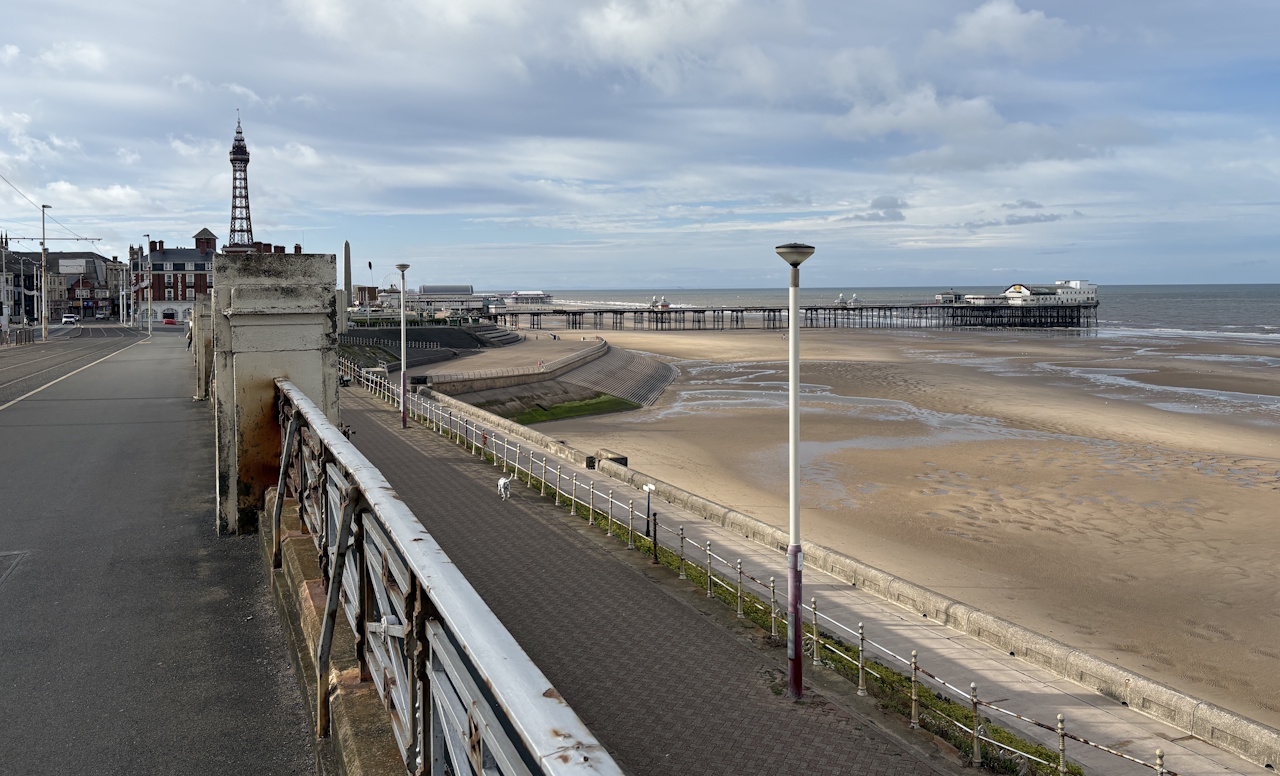
On the home front, I got my hands dirty with some DIY for the first time in a long time. I’ve lived in this house for more than twelve years, but I’ve never redecorated the living room, if you can believe that! My cat tore a big hole in the wallpaper just after Christmas, and after living with it for a while I finally took the plunge and began working on redoing the walls. And, as with any job, it took longer, cost more, and was more complicated than I originally hoped!
There’s still some work to do, but I’m quite proud of the results. I managed to replace some broken drywall that had been hiding beneath the wallpaper, swapped out the old cream/beige colour in the room with something a bit brighter and more cheerful, and even put up some small hooks for hanging Christmas lights and other decorations. Next year, finances permitting, I’ll replace the old carpet, too, completing the refurbishment of the room where I spend most of my time!

Here on the website, there have been a few changes that you may have noticed. When I started writing lots of articles and reviews about modern Star Trek, I gave each of the new shows its own static webpage, just for ease of organisation if nothing else. But the older shows, pre-Discovery, were all lumped together on one “Classic Trek” page. As time wore on, though, the Classic Trek page had become massively long and unwieldy. It was overladen with so many articles and pieces about those older shows that it had become too difficult to navigate. So I deleted it and have replaced it with individual pages for every Star Trek show. As you can see in the menu above, they’re currently categorised as “Older Treks,” in contrast to the “Newer Treks” of the CBS All Access/Paramount+ era.
I think this change has been for the better, and it was a bit of fun to put the new static pages together, as it gave me another chance to talk about some of those shows. I still haven’t done individual episode re-watches for DS9 or Enterprise, but I did finally get around to The Original Series this year, when I wrote up my thoughts on the classic episode Arena. Stay tuned for more of those episode re-watches in the weeks and months ahead. If – as I’ve predicted – Star Trek might go off the air again before the end of the decade, re-watching older episodes will be all we’ve got!
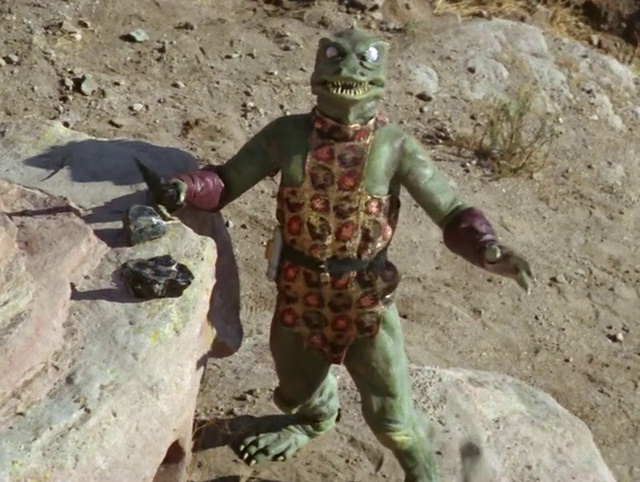
While we’re talking of pages being changed, you might notice that my old Jedi: Fallen Order page and my newer Mass Effect page have been taken down. The reason for that is a bit complicated, and I lay out my thoughts in more detail in an article you can find by clicking or tapping here. But the long and short of it is that, now that Electronic Arts (the publisher of those games) is being taken over by the Saudi government’s investment fund, I no longer feel I can purchase or support their games. EA has been a shady and ugly company for a long time, but this change in ownership would mean I’d be putting money directly into the hands of people and organisations that I feel fundamentally conflict with my values. So that, rather unfortunately, means no Jedi: Survivor sequel and no Mass Effect 4 for me – unless something changes on that front.
It isn’t easy to be an “ethical consumer” in this late-stage capitalist marketplace, and some folks say it’s so far out of reach that there’s no point even trying. Again, I’ll direct you to my longer piece on the topic, linked above, but suffice to say that, when something is relatively clear-cut, I think it’s worth *trying*, at least, to refuse to purchase from a corporation or organisation that conflicts in such a fundamental way with our own personal beliefs and values. So if you hoped to hear more from me on Fallen Order and Mass Effect… sorry.
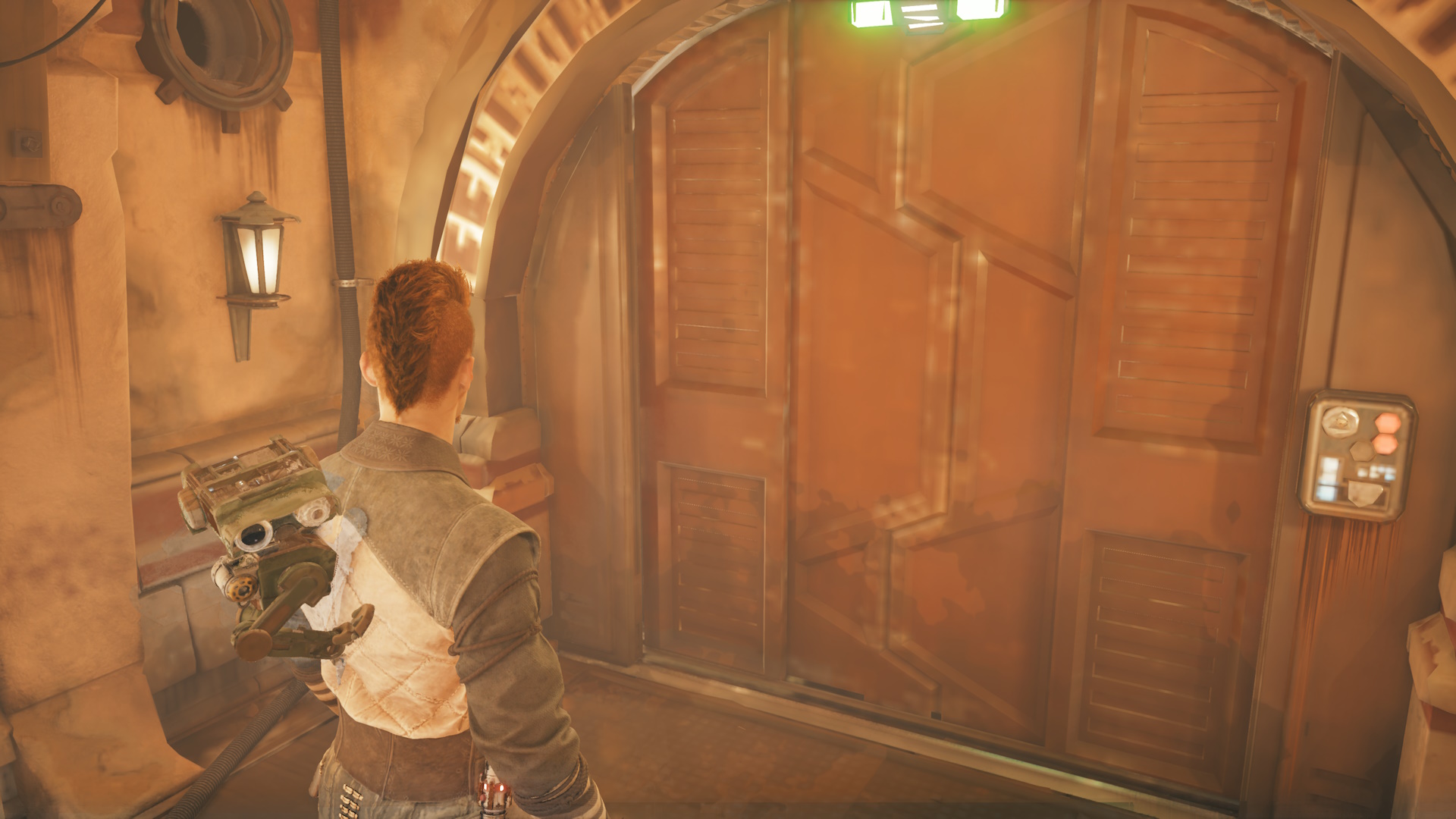
The final change to the static webpages saw me shift the old Starfield page to the more broadly-titled “Bethesda Games,” as I’ve been talking more about the likes of The Elder Scrolls and Fallout. I have no plans to return to Starfield, quite honestly – especially now that I no longer use PC Game Pass (more on that in a moment!) – so this change, again, seemed like the right move. It means that page can include my coverage of the Fallout TV show, the upcoming Elder Scrolls VI, and more.
That leaves the “Video Games” section of the website with just three pages: Bethesda, Mario Kart, and my sometime Video Game Spotlight series – which I really ought to do more with! Truthfully, I haven’t played as many games this year as I planned to, and some that I had been looking forward to and might’ve expected to sink a lot of time into (*cough* Civilization VII *cough*) turned out not to be as engaging or as time-sinky as I expected. Still, I played and reviewed Dynasty Warriors: Origins, Indika and South of Midnight this year, all of which were excellent and all of which I thoroughly recommend! With winter sales coming up in the next few weeks, it might be a good time to wishlist them.
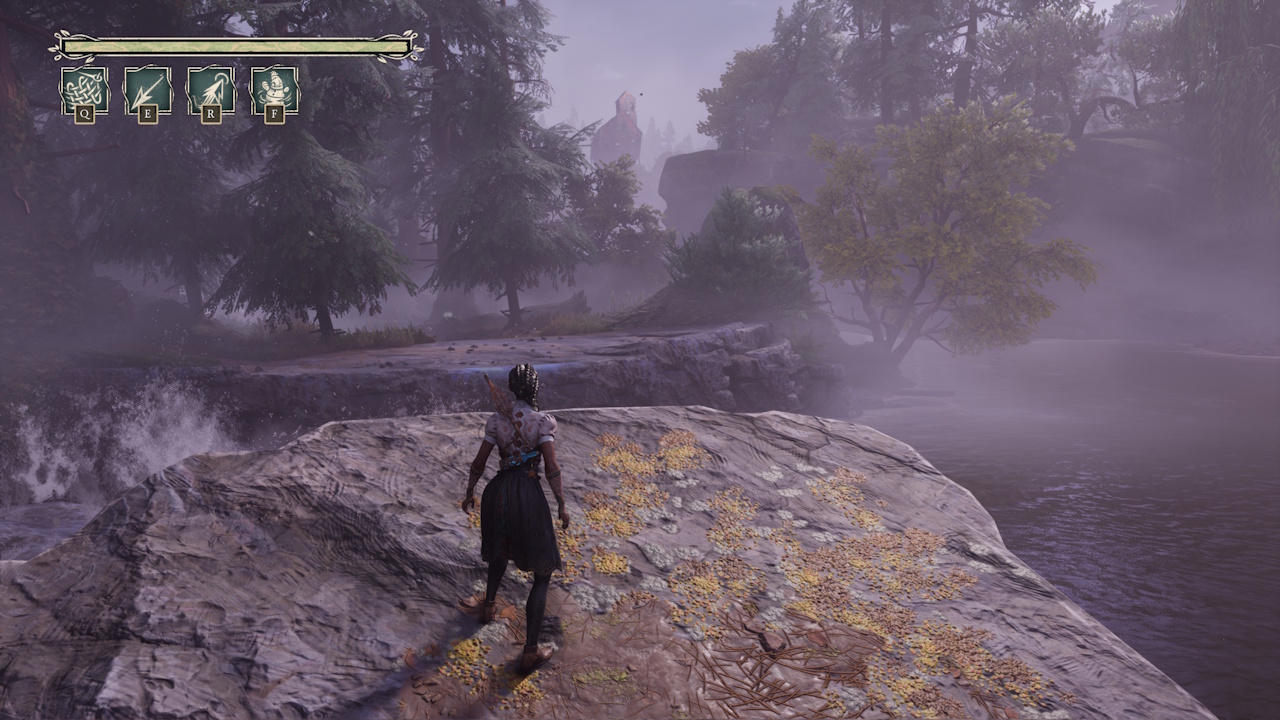
But those webpages aren’t the only things to have changed around here! If you’re on a mobile device or tablet, you might not’ve noticed this, but the website’s background image changed in July. I used to have a fairly plain grey gradient as a background, but I changed it to be a black background with white stars. It reminds me a little of some of the Star Trek fanpages that I used to frequent in the ’90s, when I was first getting started with using the internet, and I think it’s on theme for the website! Is it super basic? Yes. Is it modern? Absolutely not! But I like it, so it’ll stay for now – at least until I change my mind again!
You can’t see it, because the current logo is my Christmassy one, but I also redesigned the website’s main banner and logo in July at the same time. That change wasn’t as extreme, basically just a change of font and a slight change in colour, but again, I liked the end result. I’d be absolutely awful if I had to run a major brand, because I’m *constantly* changing my mind when it comes to what I like and what I don’t, and how I want things to look! For a website of this size, though… let’s just say it doesn’t matter in the slightest!

I mentioned a moment ago that I’ve cancelled my PC Game Pass subscription. I’d been a subscriber to PC Game Pass (the PC version of Xbox Game Pass) since it was in beta, and I’d really enjoyed having access to the library of titles on the service. But earlier in the year, Microsoft hiked the price significantly – on top of a similar price rise just twelve months earlier. Taking the two together, I’d have been paying 70% more for my Game Pass subscription in November 2025 than I had been in the summer of 2024, and that kind of price hike is just unacceptable to me. As I wrote in my piece about Game Pass, a subscription model like this *should* be the “wave of the future” in gaming, as gaming moves ever closer to an all-digital model. But Microsoft’s greed messed it up, and I won’t be returning to Game Pass unless and until it feels like good value again.
Game Pass wasn’t the only subscription I cancelled in 2025. For years, I’ve only been picking up the likes of Netflix and Paramount+ for a month or two at a time, in order to watch specific shows and films. I’ll take advantage of my subscription at those times, binging some shows and catching up on some of what I might’ve missed! But for a while, I’ve retained Disney+ as an ongoing subscription. But I cancelled that this year, after realising I hadn’t been using it anywhere near as much as I thought. I’ll still pick up Disney+ sometimes, but I’ll do what I’ve been doing with Paramount+ and Netflix and use it for a month or two to watch a few things before pausing it again. That leaves Amazon Prime as my only subscription, and that’s not really because of Prime Video! It’s because I like the next-day delivery.
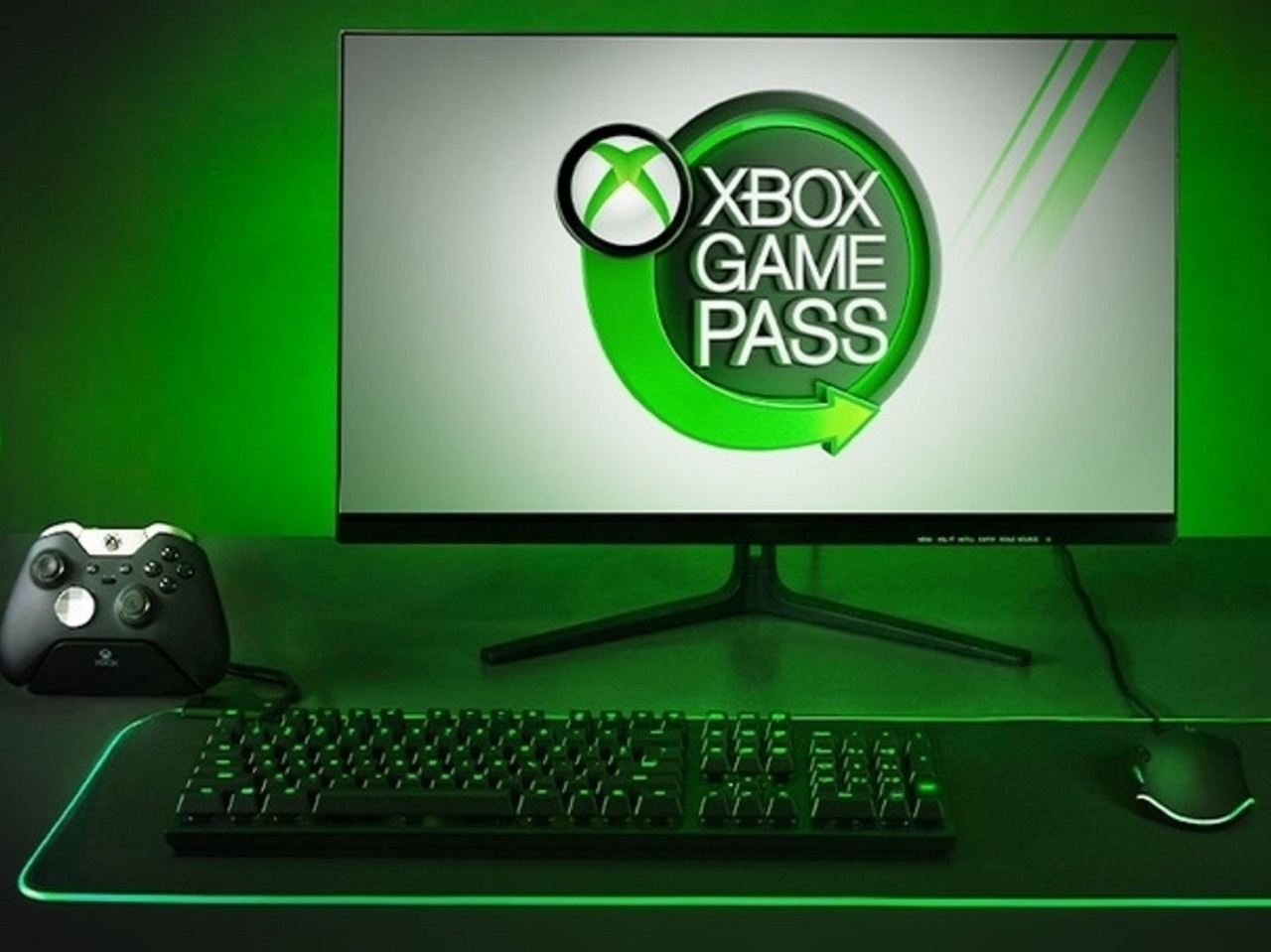
Let’s talk traffic! Back in January, the website ticked past the 250,000-hit mark. That’s a quarter of a million visitors in just over five years. And later in 2025, it passed the 300,000-hit mark, too. At time of writing, we’re sitting at just below 330,000 hits, which is a pretty staggering number if you think about it! That’s *almost* a third of the way to one million since November 2019. And after 2024 had seen a bit of a dip in clicks as the year wore on, 2025 has seen a significant uptick. The website had eclipsed 2024’s total numbers by the summer, and has kept on growing since.
In terms of individual articles and posts, I got a ton of hits last December for my piece titled Uh, Guys? Star Trek: Discovery Is Still Canon, which I wrote in response to some awful clickbait that I’d seen doing the rounds. January was also a good month for traffic, as my piece about the unfinished novel The Winds of Winter picked up some attention. My coverage of the Section 31 TV movie also did pretty well, despite being interrupted by Storm Éowyn and a days-long power cut! My review of Futurama’s recent season in March got quite a bit of attention, and through the summer, my reviews of several Strange New Worlds episodes were racking up the clicks. More recently, the top-performing piece on the website since its publication has been my review of the popular Netflix film KPop Demon Hunters, which I wrote back in August.
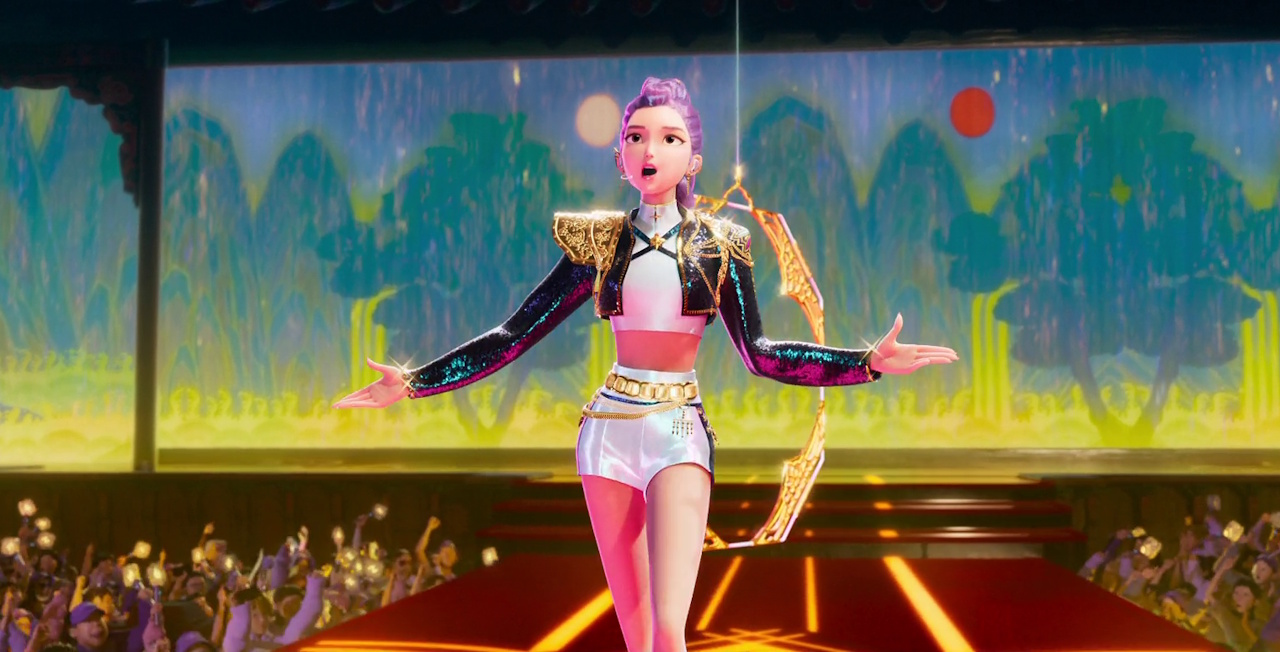
I’ve added three pieces to my “Greatest Hits” collection over the past twelve months. First was my look back at the classic Dreamcast game Shenmue, which I wrote to celebrate the 25th anniversary of its launch back in December. Shenmue remains, to this day, one of my all-time favourite video games, even though its story remains tragically incomplete all these years later. Next, I finally wrote up my “Borg teasing theory,” which is something I’d been kicking around for a long time! And not long after that article went live, I wrote up my thoughts on Star Trek: Discovery’s “post-apocalyptic” setting, and why I felt it didn’t work as intended after Season 3.
2025 has also been a year in which artificial intelligence has been on my mind – as I’m sure it has for a lot of folks. I wrote two pieces about A.I. this year, the first of which considered one possible future for generative A.I. in the film and TV space, and the second of which was my response to a paper titled A.I. 2027, which was quite an alarmist take on a possible future “rogue A.I.” scenario. This technology seems to be moving quite quickly at the moment, so there may be more to say on the topic in the months ahead. Although technology is a little outside of my usual wheelhouse, I think it’s kind of on-brand for a website where Star Trek, sci-fi, and general geekiness are the order of the day!
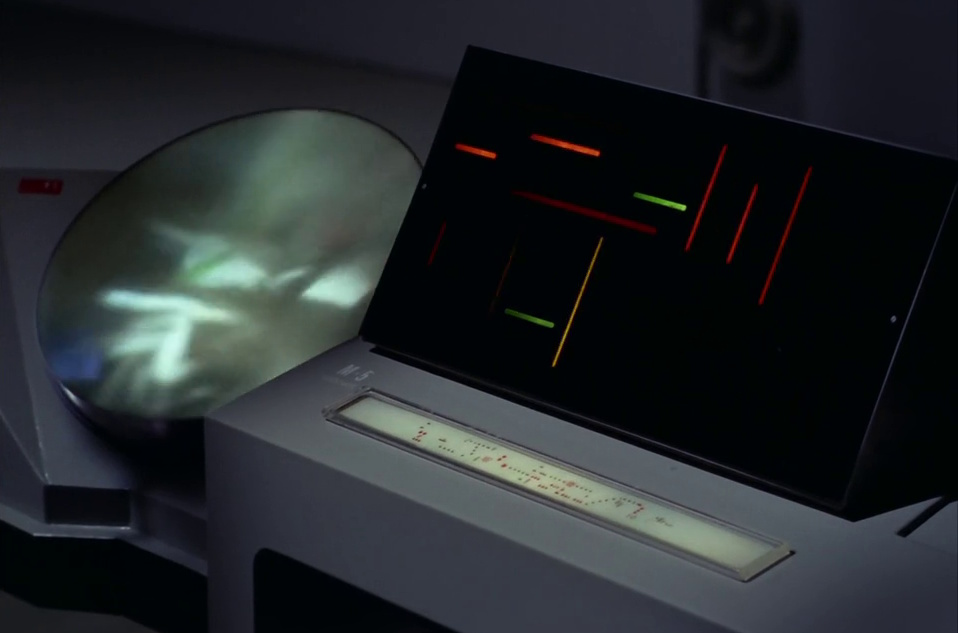
So that’s all for now. If you made it to the end of this waffling ramble (or rambling waffle), thank you! The past twelve months have been more hectic than I expected when I last sat down to write a piece like this, but we made it here in the end. I appreciate your support, your visits to the website, and you taking the time out of your day to share in some of these geeky topics with me. Writing about Star Trek, video games, and everything else continues to be a source of fun and enjoyment for me, and getting the chance to spend a bit more time thinking about some of these fictional universes is just fantastic.
As to the future… well, I’m still hoping to hit that ten-year milestone, which is now just four years away. If I made it this far, surely I can keep going till the end of the decade! And maybe, health and finances permitting, I’ll be heading back to Blackpool in August to celebrate Star Trek’s 60th anniversary with my fellow Trekkies. But until then, I’m going to kick back in my newly-redecorated living room… and maybe indulge in a mug or three of mulled wine, since it’s that time of year!
Thanks again for all of your support, and I hope you’ll join me through December and into 2026 as I continue to geek out about Star Trek, gaming… and so much more.

-Dennis,
Sunday, 30th November 2025
All properties mentioned above are the copyright of their respective broadcaster, studio, developer, distributor, company, etc. Some stock images may be courtesy of Unsplash. This article contains the thoughts and opinions of one person only and is not intended to cause any offence.


